|

HOME |
ABOUT | INDEX |
NEWS |
FACEBOOK |
CONTACT
RURAL
Appalachian | Small Town | Country | South
What
does LGBTQ pride look like in places
like South Carolina or Georgia? How does
it feel to be gay in Mississippi or
Louisiana? What is life like for an
LGBTQ person in Alabama or Tennessee?
How is LGBTQ pride different in Texas or
Florida?
You should attend a
rural gay pride
event this
year. Why? Because,
you just might learn
a little something
about LGBTQ country
folks. You probably
do not realize that
LGBTQ people
actually live in
small towns. You
very likely do not
know that there are
LGBTQ farmers,
ranchers, cowboys,
and cowgirls. They
go fly fishing,
mudding, hunting,
and square dancing.
You may not be aware
that there are gay
rodeos and gay chili
cook-offs and gay
country music
singers.
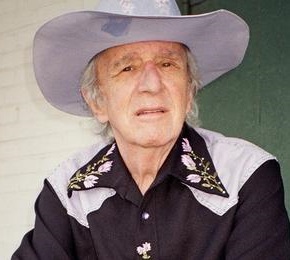
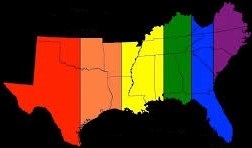
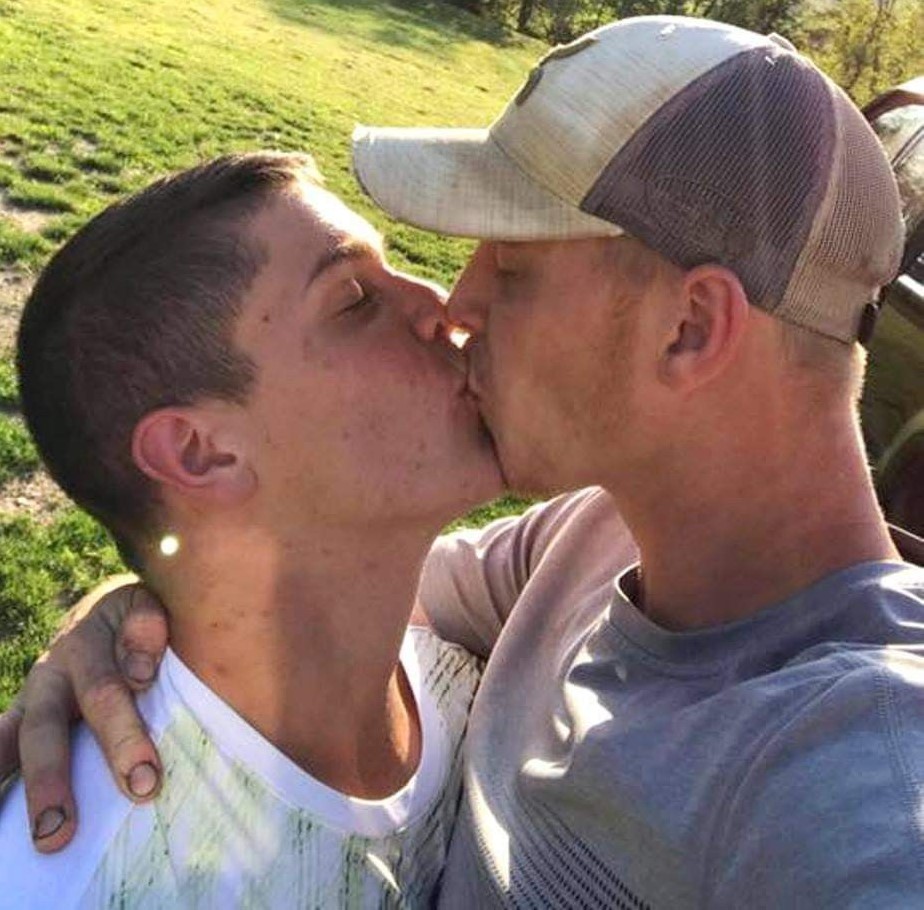
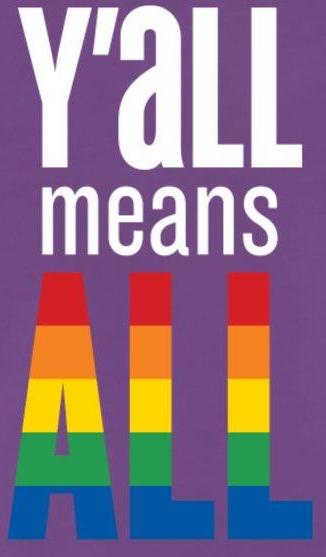
Gay and Trans People in Rural Areas
Queer Survival in Mississippi and the
Bars That Saved Us
Sweet Pride Alabama: Celebrating LGBTQ
lives in the Deep South
Small Towns Across the US Celebrate Pride
Memphis Pride: What Queer Joy Looks Like in the South
Y'all Means All (Queer Eye): Miranda
Lambert
Christopher Macken: Growing Up Gay in the South
TV Series: "Farming for Love" Features Gay Farmer
Kirkland Douglas
Ollie Schminkey & Wyatt Fleckenstein:
Small Towns
Singer Ty Herndon Marries Alex Schwartz
In A 'Country Chic' Tennessee Wedding
LGBTQ Pride Celebrations Held in Rural or
Small-Town America
Invisible Histories
Project: Gay Southern History
Christopher Macken: Growing Up Gay in the South
Central Alabama Pride 2025
Angel Olsen: Big Time
Look
up a rural pride event this summer. Go
to it. And lend your support to the
LGBTQ folks who live in the country.
Clap at the little parade, consume large
quantities of barbeque, dance in a
barn, make out with a hot
cowboy or cowgirl, encourage a teen, hug a
drag queen, listen to an elder, give
money to a PFLAG chapter.
LGBTQ people live in rural America, in
little towns all across Appalachia. They
work there, go to school, own property,
pay taxes, raise families, attend
churches, shop and donate to charity.
They don’t have a lot of gay bars, LGBTQ
sports clubs, drag shows or
neighborhoods where they can hold hands
with their partners. Nonetheless, they
live in these rural settings. They have
friends and families there. They are
part of the community. And sometimes,
depending on the attitudes of the
locals, they do it under a great
deal of stress.
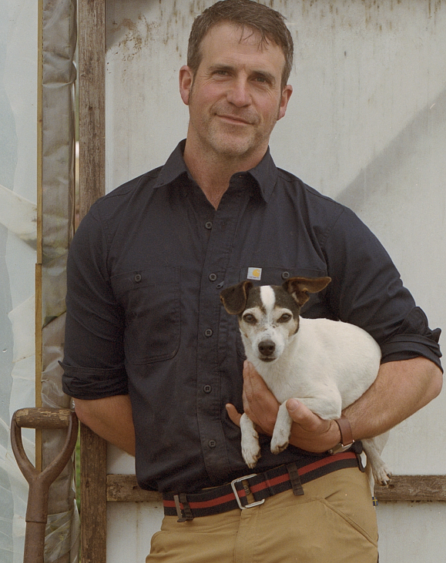
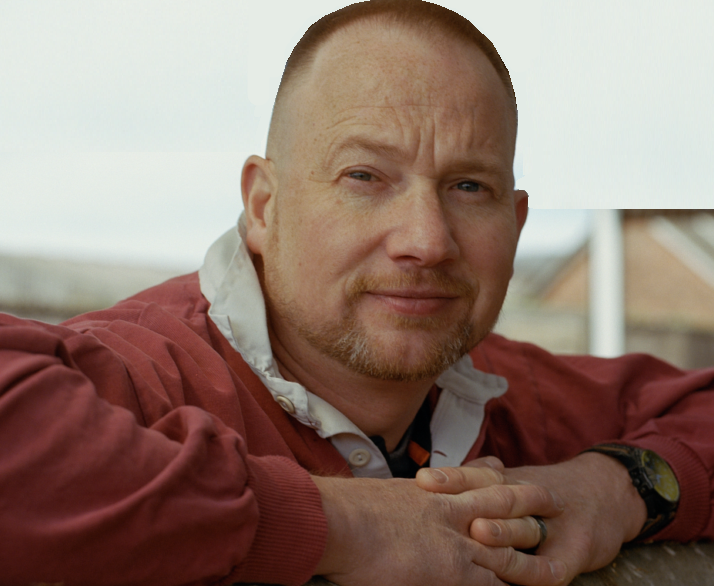
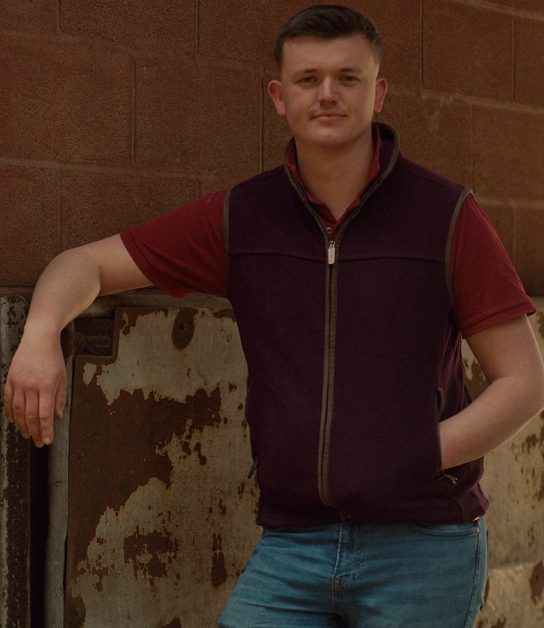
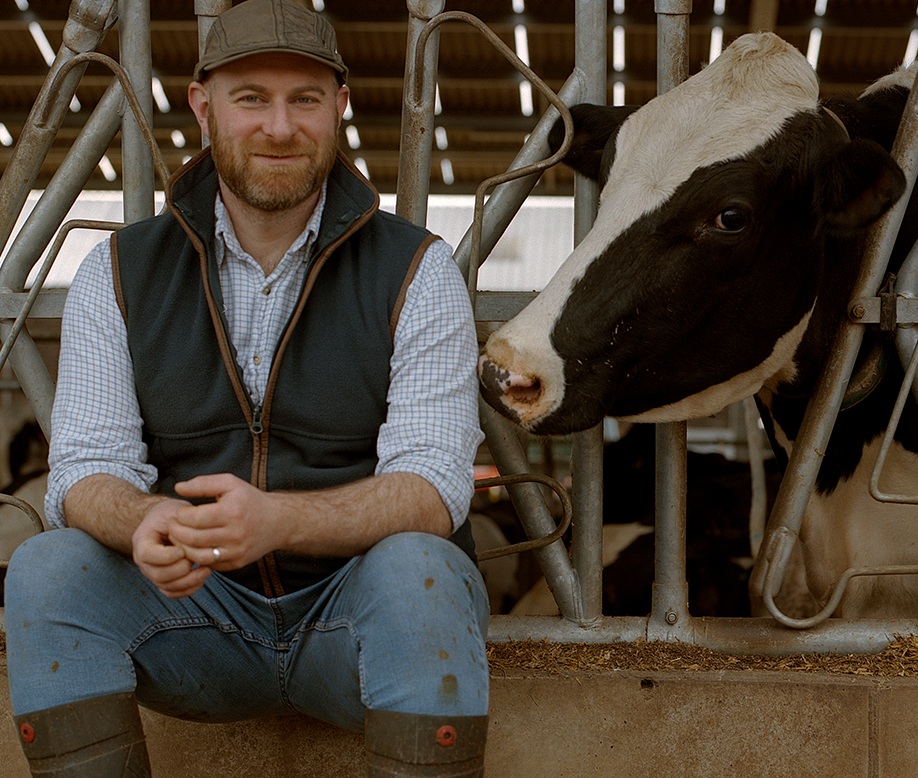
Oftentimes, rural mindsets do not take
well to LGBTQ issues. People who live in
small southern towns tend to be more
traditional, more conservative in their
perspectives. Their worldview is
typically not affected by outside
influences and often colored by their religious
upbringing and conventional mores. So, a
gay country boy is a contradiction in
terms.
On the other hand, it may be surprising
for you to learn that there is
some degree (and in some cases, a great
degree) of openness and acceptance for
the LGBTQ community in the larger
metropolitan areas in the south, like
Atlanta, Nashville, Birmingham, Houston,
Orlando, and New Orleans. While they are located in
the conservative south, these are not
small towns or rural areas by any
definition. Many of these urban centers
host a thriving LGBTQ community.
Understanding Southern Culture
DC Rawhides: Country Music Dancing
Nature Doesn’t Care if You’re Gay or Straight: Meet the
Gay Farmers Queering Agriculture
Ohio Teen Starts LGBTQ Organization in
Tiny Rural Village
Birmingham Pride: Central Alabama Knows
How to Party
Info: LGBTQ Southern, Grassroots, Local, Community
Projects
Finding LGBTQ Community in
the Rural South
Charlotte Pride Parade1
LGBTQ Nation: Rural Pride Events
Men Reveal What It’s Like to Be Gay in Isolated Rural
Areas
Pride Source: Rural Americans Are LGBTQ Too
Being LGBTQ in the Deep
South
LGBTQ Country Music Stars Who Are Out and Proud
Country Queers: Joy and Pain of Rural LGBTQ Life
Leslie Jordan: Southern Gay
Fabulous Chicken
Coop
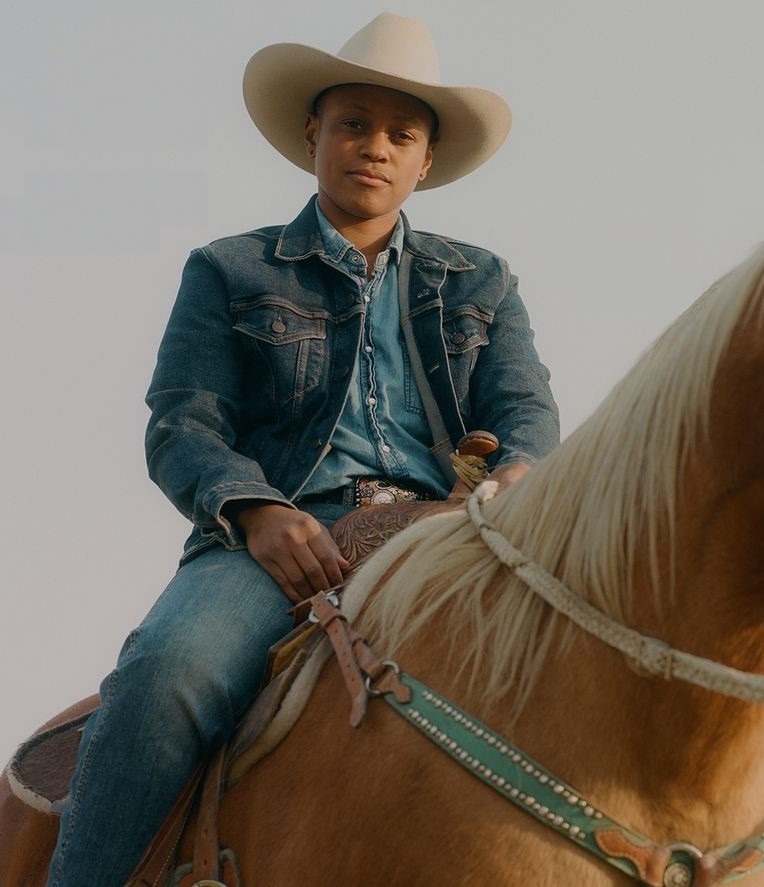
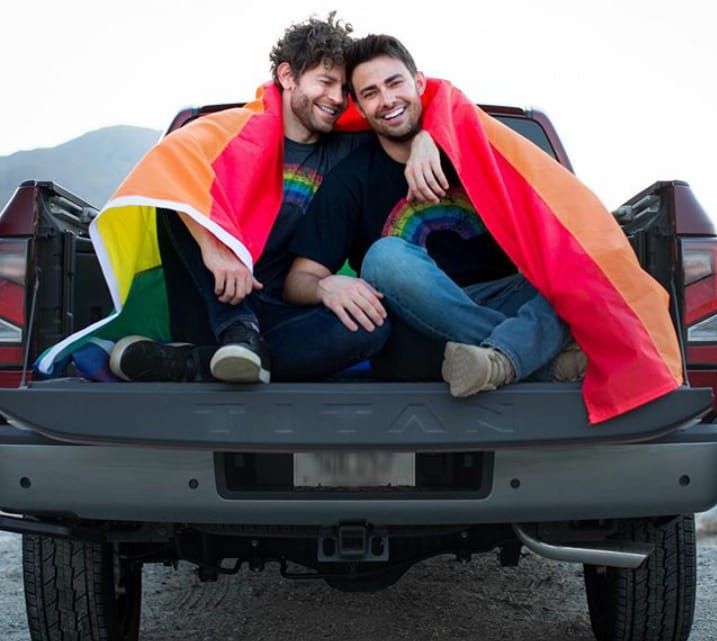
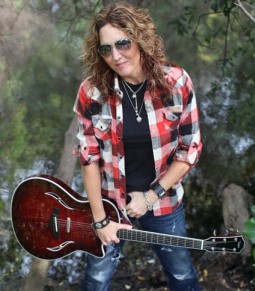
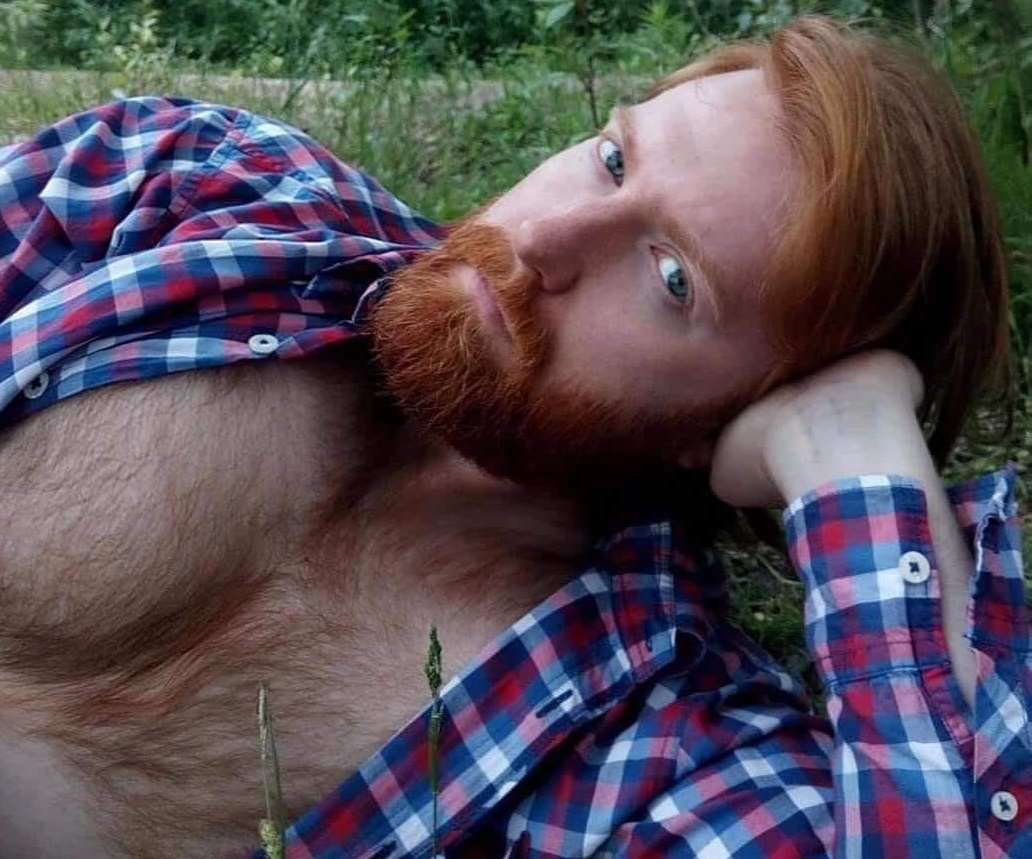
Gay and Trans
People in Rural
Areas
Central Alabama
Pride 2025
Redneck Lesbo by Jennifer
Corday
Country Queers: Oral Histories
In Appalachia, Hell Hath No Fury Like a Trans Goth With
a Banjo
Being Gay in Tennessee
Wasn't Always Easy
Advocate:
LGBTQ People of Color in Rural America
F150 by Dixon
Dallas
Josh Burford: Chronicler of Southern
LGBTQ History
GLAAD
Stories: LGBTQ Life in the South
Farming is
Tough: Being LGBTQ Makes it Tougher
Southeast US: Dangerous for
Trans People
Men Reveal What It’s Like to Be Gay in
Isolated Rural Areas
Growing Up in a Small
Town Made This Couple Realize Not All
Gay People Dream of Big City Life
LGBTQ
Community is Transforming the South
Small Town in
Ohio Has Its
First Pride
Celebration and
the Community
Loved it
And gearing up
for their second
year!
In the bucolic,
conservative,
small town of
Broadview
Heights, Ohio
(south of
Cleveland, north
of Akron and
right next door
to the
spectacular
Cuyahoga Valley
National Park)
Jennifer Speer
and fellow
members of
Brecksville/Broadview
Heights Pride
put on their
town’s very
first “Pride
Fest” in June
2023.
“We didn’t know
what to expect,”
Speer, who
serves as
president of the
group of LGBTQ
community
members and
allies. The
mission of BBH
Pride, Speer
says, “is to
promote
awareness,
instill
acceptance,
promote
inclusiveness,
and foster a
welcoming
community for
all LGBTQ
individuals. We
provide
education,
workshops,
fellowship,
meetings, and
special events,
all with the
goal of
establishing
empathy,
respect, and
celebration of
the LGBTQ
community.”

Christopher
Macken: Growing
Up Gay in the
South
Sweet Pride
Alabama:
Celebrating
LGBTQ lives in
the Deep South
Small Towns
Across the US
Celebrate Pride
Memphis Pride:
What Queer Joy
Looks Like in
the South
LGBTQ Country
Music Stars Who
Are Out and
Proud
TV Series:
"Farming for
Love" Features
Gay Farmer
Kirkland Douglas
Matt and Blue: Gay Family Living in a Small Town
Small Town Gay Pride Parade
Not As Bad You You Think:
LGBTQ People in Rural America
International Gay Rodeo
Association
Country People: Gay Short
Film
Unapologetically
Southern and
Queer: Invisible
Histories
Project
Christopher
Macken: Growing
Up Gay in the
South
Fabulous Chicken
Coop
Whether or not
their more
conservative
neighbors would
tolerate a
public display
of LGBTQ,
“empathy,
respect, and
celebration” was
an open question
for the group in
the months
leading up to
Pride Fest.
“This was our
first annual
event and it was
being held in a
conservative
community,”
Speer says. “Our
goal was to have
250 people — but
we had 750! It
was a huge
success!”
“Even our local
police chief
gave it high
praise,” Speer
adds, “and our
local media
named BBH Pride
Fest one of the
best
celebrations in
Northeast Ohio,
and this was our
very first
event!”
Along with “a
huge outpouring
of support,
donations, and
sponsorships,”
however, BBH
Pride also faced
backlash, Speer
says. “We
have had to
fight adversity
to bring our
organization to
this community,
and we continue
that fight every
day. We’re
getting ready to
host our 2nd
annual Pride
Fest and a small
anti-LGBTQ
faction is
fighting us. But
we are moving
forward and the
event is on as
planned. We
cannot wait to
hit Pride Fest
again in June 8
2024!”
[Source: Greg
Owen, LGBTQ
Nation, May
2024]
Birmingham
Pride: Central
Alabama Knows
How to Party
DC Rawhides:
Country Music
Dancing
Queer Survival
in Mississippi
and the Bars
That Saved Us
Nature Doesn’t
Care if You’re
Gay or Straight:
Meet the Gay
Farmers Queering
Agriculture
Ohio Teen Starts
LGBTQ
Organization in
Tiny Rural
Village
Small Town in Ohio Has Its First Pride Celebration and
the Community Loved it
Jennifer Lawrence Honors Orville Peck at
the GLAAD Media Awards
Country Star Ty Herndon Marries Boyfriend
in Tennessee Wedding
Central Alabama Pride 2025
In Appalachia, Hell Hath No Fury Like a Trans Goth With
a Banjo
Better This Way: Country Song by Doug Strahm
Wild West: Much Gayer Than You Think
Small Town in South Dakota: Champion for Its LGBTQ
Neighbors
Building a More LGBTQ Inclusive South
Pride Source: Real Gay Cowboys
Dancing in the Living Room: Country Song by Cameron Hawthorn
Finding the LGBTQ
Community in the Rural South
Lesbian Farmer Taylor Blake and Emmanuel
the Emu
The
out and proud lesbian farmer in South
Florida started creating content for
Knuckle Bump in January 2022, but it
wasn’t until Emmanuel took the screen
that the TikTok page blew up. Now,
Knuckle Bump Farms is seemingly an
Emmanuel fan page.
The dynamic duo stars in a variety of
videos that show off their best-friend
bond. They hold hands, tell each other
jokes, and even cuddle in the afternoon
sun, making one thing clear: An emu
really is a gal’s best friend.
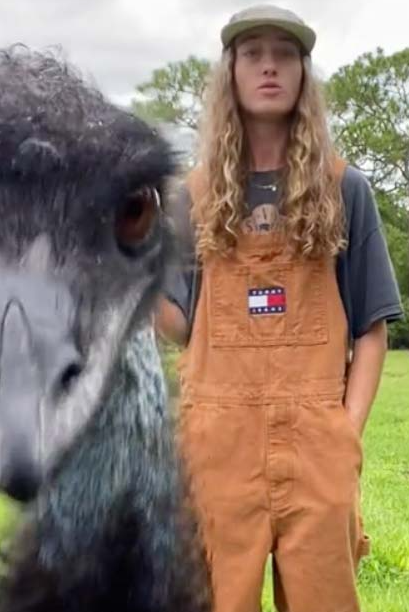
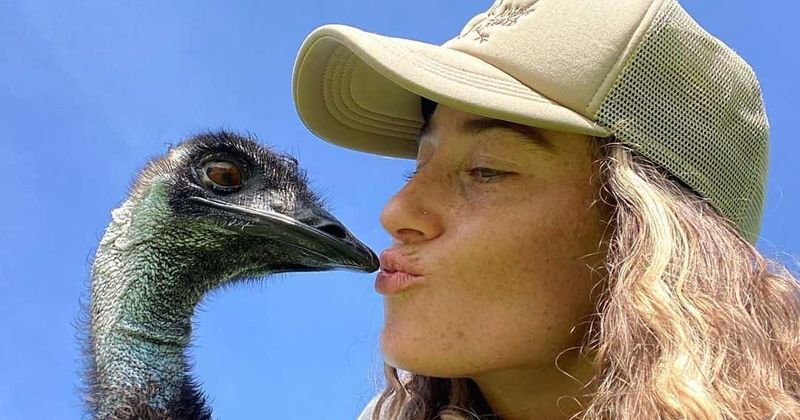
Taylor Blake and Emmanuel the Emu
Internet Fans Have Fallen in Love with
Emmanuel the Emu
Taylor and Her Emu Find Fame
Don't Do It Emmanuel
Emmanuel the Emu and Lesbian Farmer
Taylor Blake Drop by The Tonight Show
Taylor Blake: Facebook
Blake shared her love for the nearly
six-foot-tall bird in an Emmanuel
appreciation post on Instagram. She
wrote: "All I’ve ever wanted was to
spread joy like wildfire, I feel like
all my dreams are coming true. I can’t
wait to tell my future children all
about how an emu changed my life.”
Knuckle Bump Farms primarily focuses on
miniature cattle. But it also features
two obnoxious emus: Emmanuel and Ellen.
Don’t get any wild ideas, folks. Blake
says that the two are not an item.
“Ellen and Emmanuel hate each other,”
Blake shared in a TikTok comment
section. She also shared the Emmanuel
"hasn’t fully come out yet" but she's
“pretty sure he’s gay.”
Born
in Texas, Blake is 29 years old. She
currently lives in South Florida with
her girlfriend Kristian Haggerty.
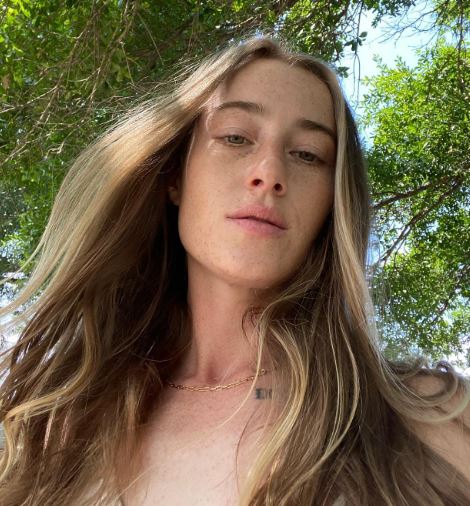
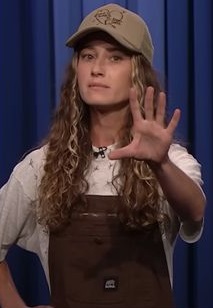
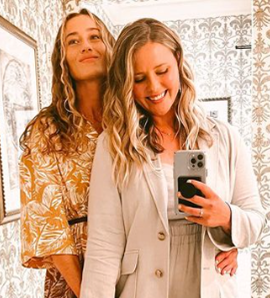
Gay and Trans
People in Rural
Areas
Birmingham
Pride: Central
Alabama Knows
How to Party
TV Series:
"Farming for
Love" Features
Gay Farmer
Kirkland Douglas
The Aunties:
Working Harriett
Tubman's Farm
Tyler Childers -
In Your Love
I Lassoed Queer Joy in a Rodeo-Loving
Town
Building a More LGBTQ Inclusive South
Tyler and Todd: Living Off
the Grid
Charlotte Pride Parade2
Photographer Luke Gilford Finds Queer Joy
in Queer Cowboys
LGBTQ People: Fundamental
Part of the Fabric of Rural Communities
Interview: Married Mountain Men of West Virginia
Hometown: Country Song by Brandon Stansell
Over Half
of LGBTQ Southerners Say Parents Tried
to Repress Their Identity
Christopher
Macken: Growing
Up Gay in the
South
Queer
in the Country
Why do
some LGBTQ Americans prefer rural life
to urban gayborhoods? Pop
portrayals of LGBTQ Americans tend to
feature urban gay life, from Ru Paul’s
“Drag Race” and “Queer Eye” and “Pose.”
But not all gay people live in cities.
Demographers estimate that 15% to 20% of
the United States’ total LGBTQ
population – between 2.9 million and 3.8
million people – live in rural areas.
These millions of understudied LGBTQ
residents of rural America are the
subject of my latest academic research
project. Since 2015 I have conducted
interviews with 40 rural LGBTQ people
and analyzed various survey data sets to
understand the rural gay experience. My
study results, now under peer review for
publication in an academic journal,
found that many LGBTQ people in rural
areas view their sexual identity
substantially differently from their
urban counterparts – and question the
merits of urban gay life.
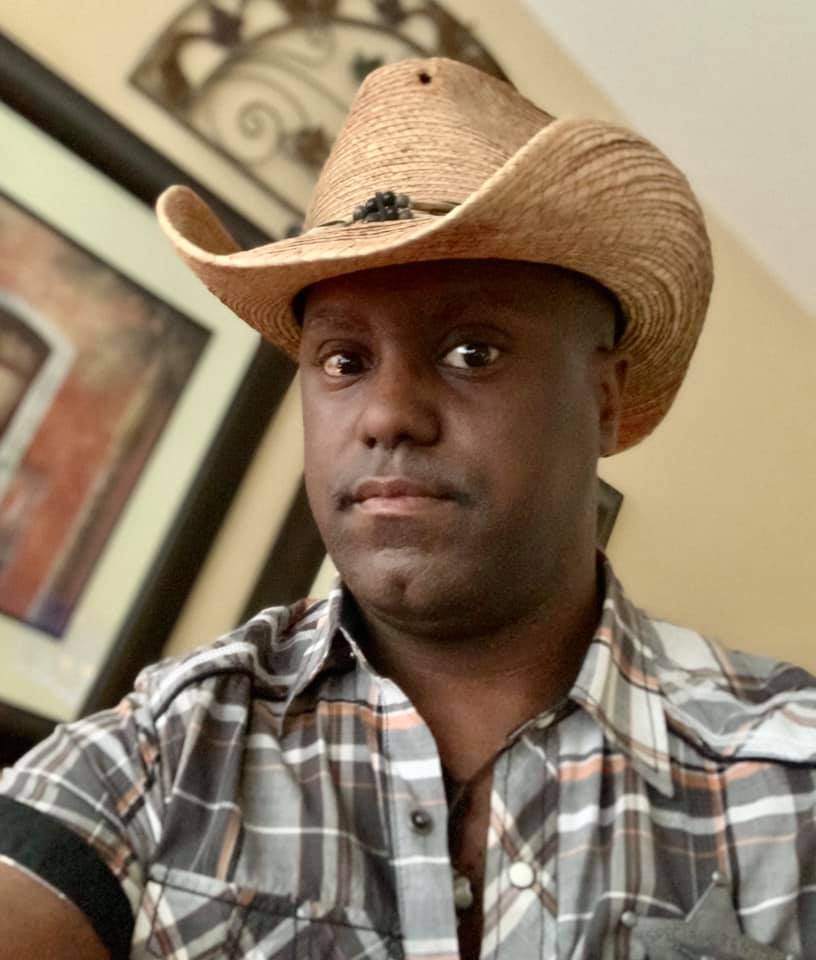
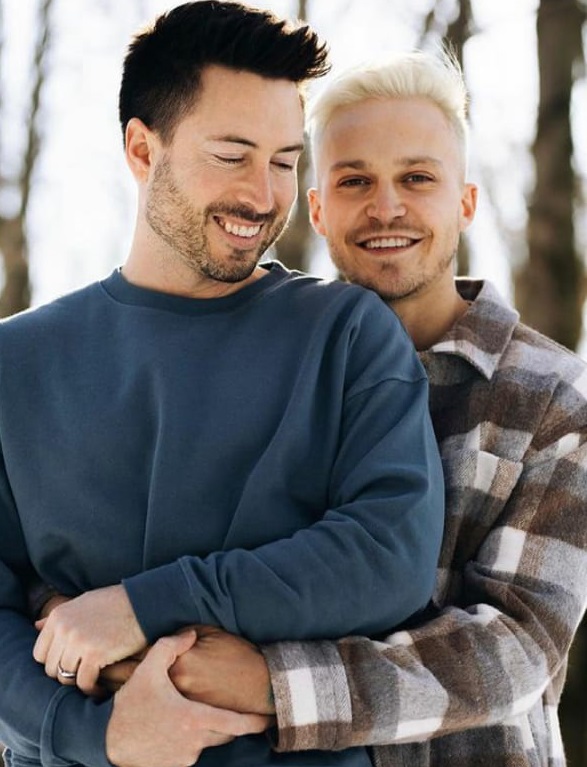
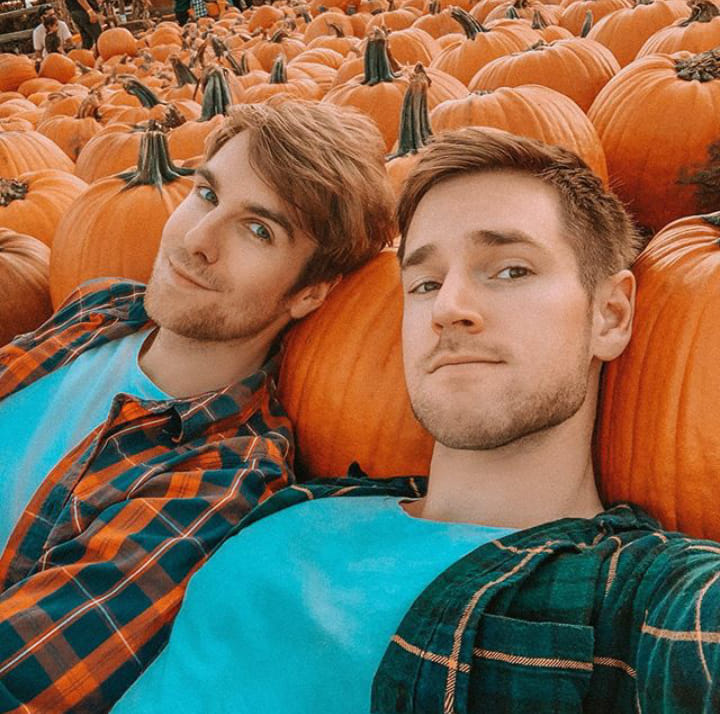
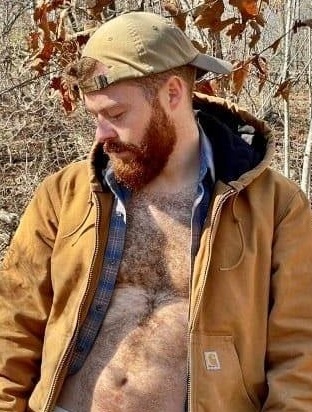
Understanding
Southern Culture
Ohio Teen Starts
LGBTQ
Organization in
Tiny Rural
Village
Sweet Pride
Alabama:
Celebrating
LGBTQ lives in
the Deep South
Small Towns
Across the US
Celebrate Pride
Memphis Pride:
What Queer Joy
Looks Like in
the South
LGBTQ Country
Music Stars Who
Are Out and
Proud
Small Town in
Ohio Has Its
First Pride
Celebration and
the Community
Loved it
Country Singer
Chris Housman:
Guilty as Sin
Ever Been to the Gay Rodeo?
Central Alabama Pride 2025
All American Boy: Country Song by Steve Grand
Patrick Haggerty: Singer Who Recorded
First Gay Country Songs Dies at 78
Gay Race Car Driver Zach Herrin Makes
NASCAR Debut
LGBTQ and Rurality
Lesbian Farmer's Emu Becomes Internet
Sensation
Lavender Country: Self-Proclaimed Screaming Marxist
Bitch of Country Music
Rednecks for Black Lives:
Southerners Fight for Racial Justice
Info: LGBTQ Southern, Grassroots, Local, Community
Projects
Fabulous Chicken
Coop
Easy come, easy go
The
standard narrative of rural gay life is
that it’s tough for LGBTQ kids who flee
their rural hometowns for iconic urban
“gayborhoods” like Chicago’s Boystown or
the Castro in San Francisco – places
where they can find love, feel “normal”
and be surrounded by others like them.
But this rural exodus story is
incomplete. Most research, mine
included, suggests that many rural LGBTQ
folks who once sought refuge in the big
city ultimately return home.
To the extent that American pop culture
portrays rural LGBTQ adult life, the
focus is on their isolation – think
“Brokeback Mountain” or “Thelma &
Louise.” The gay protagonists of these
films are lonely, seldom able to express
their sexual selves.
But my analysis of a 2013 Pew Survey of
LGBTQ Americans (the latest available
comprehensive national survey data on
this population) showed that LGBTQ rural
residents are actually more likely to be
legally married than their urban
counterparts – 24.8% compared with
18.6%. This aligns with what I’ve heard
in interviews. The rural LGBTQ people I
spoke with placed a high value on
monogamy – on what many of them consider
a “normal” life.
Those who returned home from urban
gayborhoods also told me they found gay
city living rarely delivered on its
promises of companionship and inclusion.
Many said they had experienced rejection
while trying to date or develop a social
circle. And they had missed the charm of
small-town life.
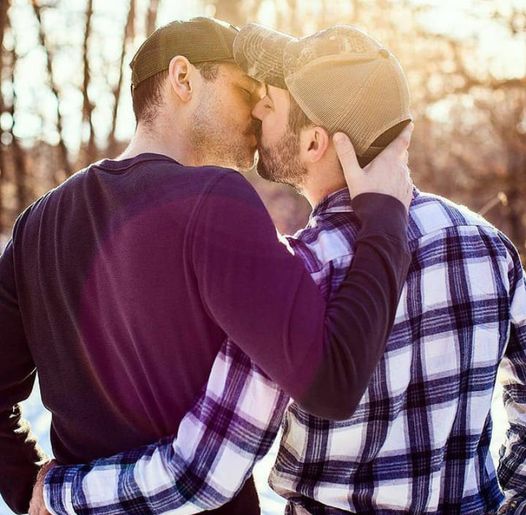
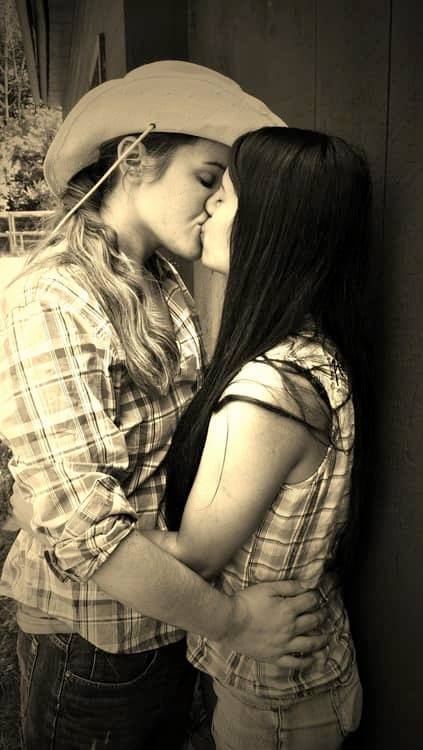
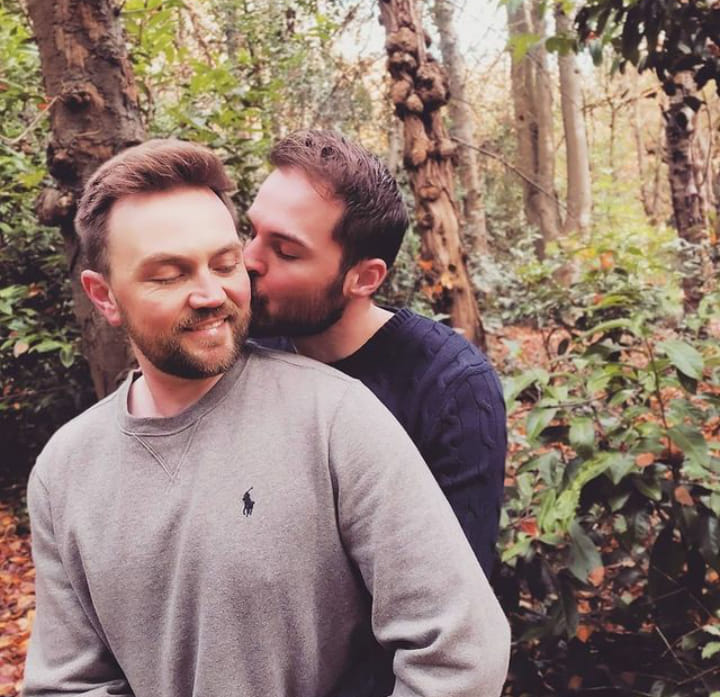
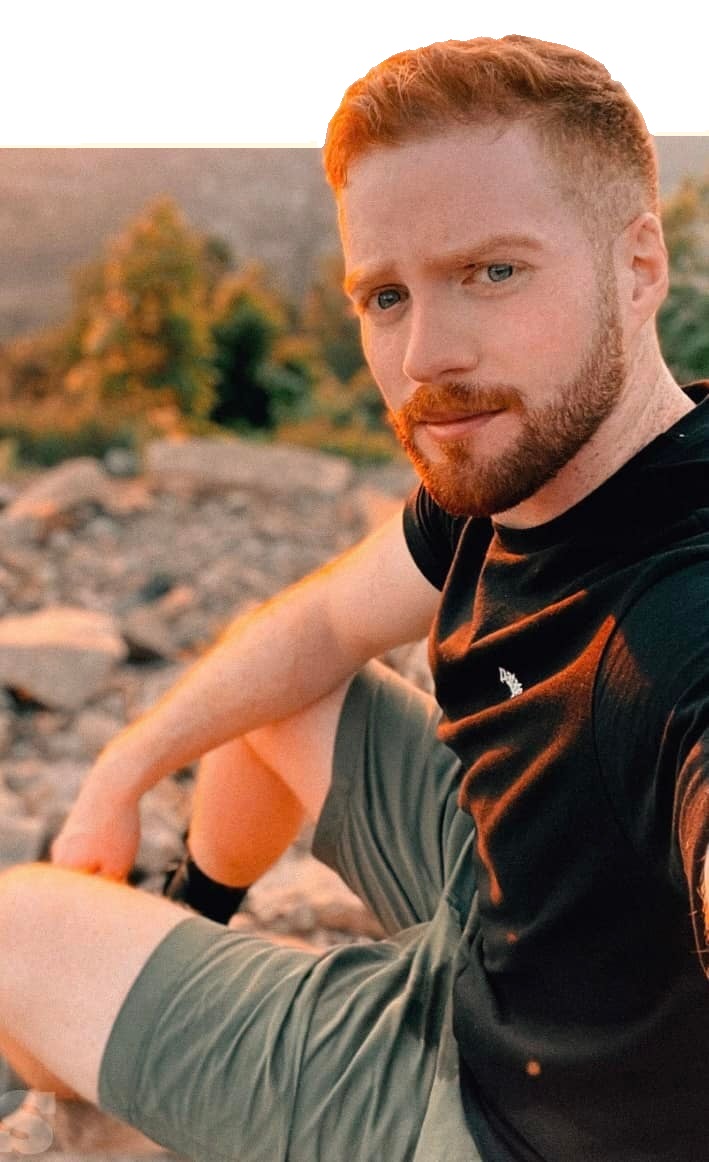
Birmingham
Pride: Central
Alabama Knows
How to Party
DC Rawhides:
Country Music
Dancing
Queer Survival
in Mississippi
and the Bars
That Saved Us
Nature Doesn’t
Care if You’re
Gay or Straight:
Meet the Gay
Farmers Queering
Agriculture
In Appalachia,
Hell Hath No
Fury Like a
Trans Goth With
a Banjo
LGBTQ Country
Artists You Need
to Listen to
Immediately
Gay Rodeo: Hall of Fame
Memphis Pride: What Queer Joy Looks Like in the South
TV Series: "Farming for Love" Features Gay Farmer
Kirkland Douglas
LGBTQ Pride in Rural Missouri
Orville Peck & Willie Nelson: Cowboys Are Frequently
Secretly Fond Of Each Other
Men Reveal What It’s Like to Be Gay in Isolated Rural
Areas
Good Looking by Dixon Dallas
Southern Queers: New Study Reveals the
Reality of LGBTQ People in the South
Lavender Country's Patrick
Haggerty was Embraced as Gay Country Music's Radical
Elders
Jennifer
Lawrence Honors
Orville Peck at
the GLAAD Media
Awards
No escape
The rural LGBTQ people I interviewed
seemed to place less importance on being
gay than their urban communities had.
Downplaying their sexual or gender
identities, many emphasized other
aspects of themselves, such as their
involvement in music, sports, nature or
games. They rejected an urban gay
culture that they felt was shallow and
overly focused on gayness as the
defining feature of life.
One married 35-year-old described his
big-city life this way: “Going to bars,
bitching about how bad we have it in
comparison to other cities, or judging
people based on what they are wearing.”
Such comments call into question certain
assumptions of the contemporary gay
rights movement, including that
“gayborhoods” are the pinnacle of gay
life and that rural America is no place
for LGBTQ people.
This may be less true, though, for Black
and Latino LGBTQ people. A 2019 report
on rural LGBTQ Americans found that
“discrimination based on race and
immigration status is compounded by
discrimination based on sexual
orientation, gender identity and gender
expression.”
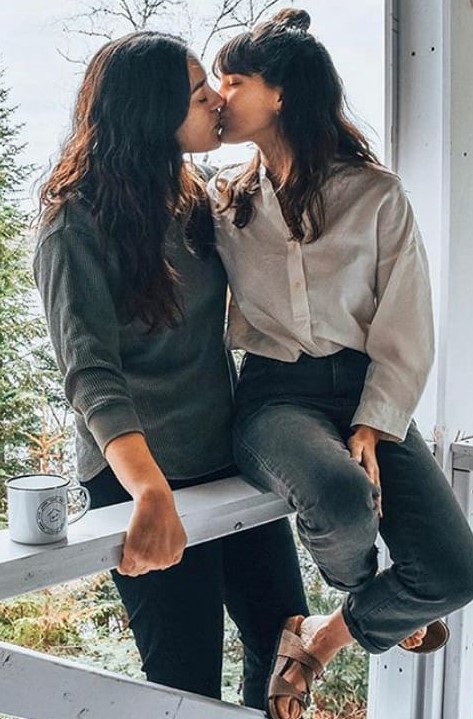
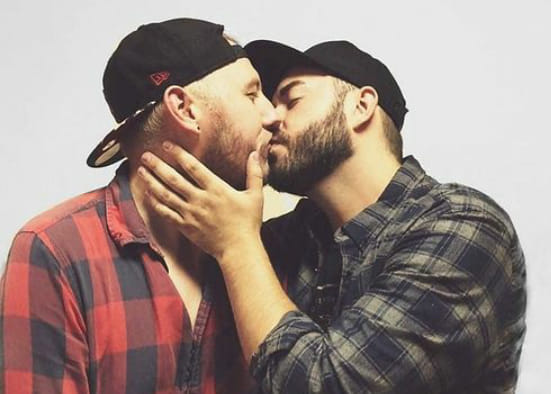
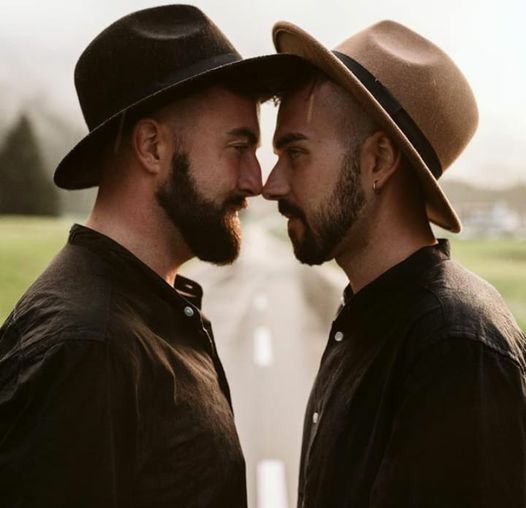
Gay and Trans
People in Rural
Areas
Andrew Mitch:
Back Home Boy
Sweet Pride
Alabama:
Celebrating
LGBTQ lives in
the Deep South
Small Towns
Across the US
Celebrate Pride
Charlotte Pride Parade1
Christopher Macken: Growing Up Gay in the South
Pride Source: Rural Americans Are LGBTQ Too
Country Queers: Joy and Pain of Rural LGBTQ Life
International Gay Rodeo Association: John King Interview
PFLAG: Experiences of
LGBTQ Students in Small Rural Towns
In the Face of Discrimination: LGBTQ Farmers are Hopeful
Info: LGBTQ
Southern,
Grassroots,
Local, Community
Projects
Small Town in
Ohio Has Its
First Pride
Celebration and
the Community
Loved it
LGBTQ Country
Music Stars Who
Are Out and
Proud
Christopher
Macken: Growing
Up Gay in the
South
Fabulous Chicken
Coop
While I found no direct evidence that
LGBTQ people of color were less likely
to return to rural areas, the many
difficulties of rural living for this
population may partly explain why most
of my interview subjects were white,
despite my efforts to identify a more
diverse pool.
But, as
some of the people I interviewed
reminded me, no matter where they lived
they would not be fully accepted. “As a
trans person, I’m always going to have
to deal with people discriminating
against me,” one woman said. Living in a
rural locale with an active local music
scene let her focus on aspects of her
identity that were more important to her
than her gender identity.
For some LGBTQ Americans, then, rural
life allows them to more fully express
themselves. Given the variety of issues
facing LGBTQ Americans, from health care
access to work problems, the rural world
is not an escape from discrimination.
But neither are urban areas. One lesbian
from Kansas recalled attending a
fundraiser for the Human Rights Campaign
(the country’s most prominent LGBTQ
advocacy group) in Washington, DC, where
a high-ranking member of the
organization shook her hand and said,
“Thank you so much. We need you out
there in Kansas badly!” To this
the Kansan replied, “Thank me? I’ve been
there my whole life. We are the ones who
need you in Kansas. You are the ones who
forgot about us!”
[Source: Christopher T. Conner,
Assistant Professor of Sociology,
University of Missouri-Columbia, March
2021]
Birmingham
Pride: Central
Alabama Knows
How to Party
The Aunties:
Farmers Donna
Dear and
Paulette Greene
Continue Harriet
Tubman’s Legacy
Growing Up Gay in the Christian South
Ohio Teen Starts
LGBTQ
Organization in
Tiny Rural
Village
Pride Source: Real Gay Cowboys
Tyler
Childers - In Your Love
Country Star Ty Herndon Marries Boyfriend in
Tennessee Wedding
I Lassoed Queer Joy in a Rodeo-Loving Town
Patrick Haggerty: Singer
Who Recorded First Gay Country Songs
Dies at 78
Country Singer Sam Williams, Son of Hank
Williams Jr, Comes Out as Gay
Ever Been to the Gay Rodeo?
Young Girl Growing Up Gay
in a Conservative Hometown
F150 by Dixon Dallas
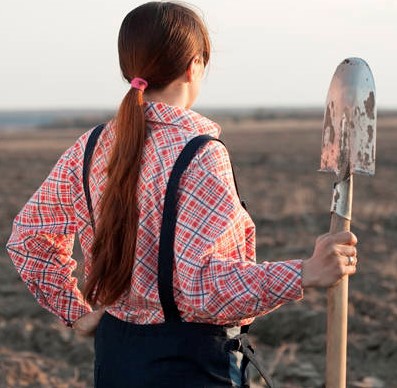
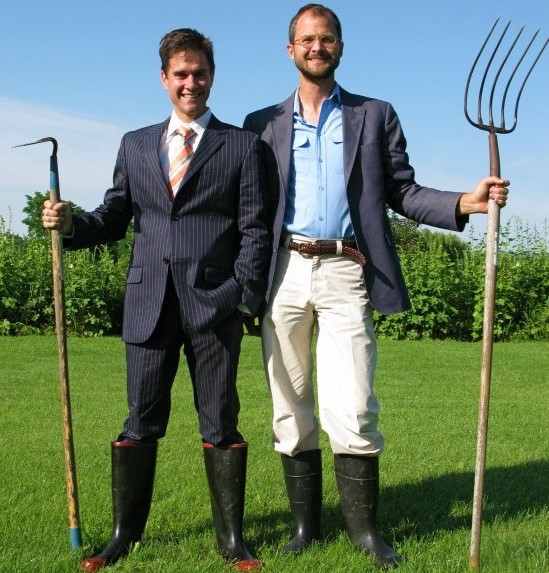
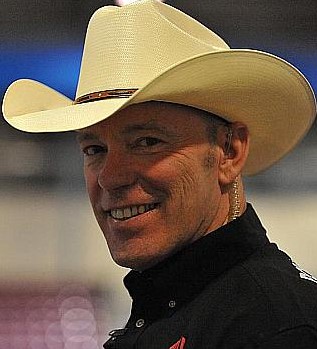
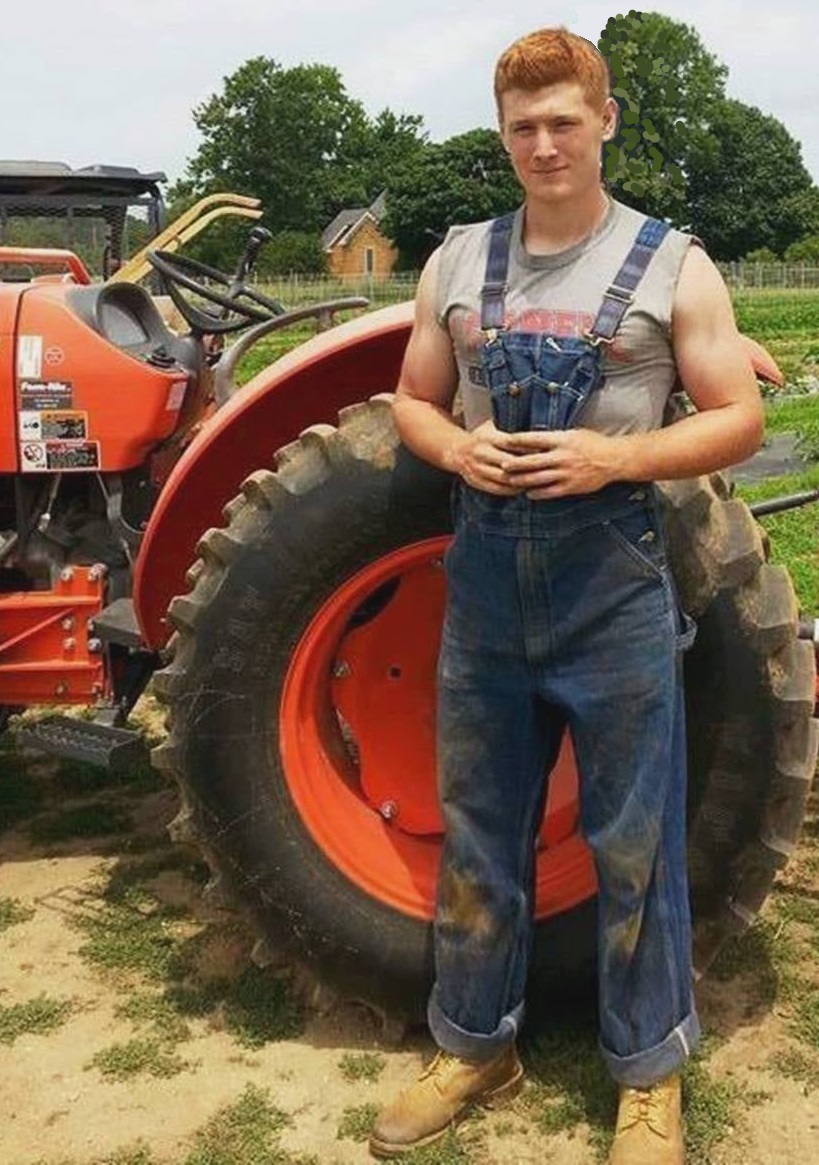
Gay
Life in Rural America
“I hope that somewhere in Small
Town, USA, a 15-year-old kid looks to me
as a role model the way I looked at the
Indigo Girls and Elton John as role
models.”
-Brandi Carlile
Millions of lesbian, gay, bisexual,
transgender, and queer people live in
rural areas of the United States —
largely by choice, according to a report
released earlier this month by the LGBTQ
think tank Movement Advancement Project.
MAP’s report estimates between 2.9
million and 3.8 million lesbian, gay,
bisexual, transgender, and queer people
live in rural America, comprising
approximately 3 to 5 percent of the
estimated 62 million people who live in
rural areas.
“We so often overlook that LGBTQ people
live in rural communities,” Logan Casey,
a MAP policy researcher and one of the
report’s lead authors, said. “But being
LGBTQ doesn’t mean you want to go live
in a coastal city.” The report notes
that LGBTQ people are drawn to rural
areas for many of the same reasons as
their heterosexual counterparts —
proximity to family, a tight-knit
community and a connection to the land.
However, the report also found rural
LGBTQ communities are uniquely affected
by the “structural challenges and other
aspects of rural life,” which it notes
could “amplify the impacts of both
rejection and acceptance.”
Country Singer Chris Housman: Guilty as Sin
Queer in
Rural America
Queer Survival in Mississippi and the
Bars That Saved Us
Memphis Pride: What Queer Joy Looks Like in the South
Sharon Van Etten & Angel Olsen: Like I
Used To
Emmanuel the Emu and Farmer Taylor Blake
Drop by The Tonight Show
Black and
Gay in Birmingham
Jennifer Lawrence Honors Orville Peck at
the GLAAD Media Awards
Info: LGBTQ Southern, Grassroots, Local, Community
Projects
Son of a
Preacher Man: Country Song by Tom Goss
Good Looking by Dixon Dallas
Unapologetically
Southern and Queer: Invisible Histories Project
LGBTQ Country Artists You Need to Listen to
Immediately
DC Rawhides: Country Music Dancing
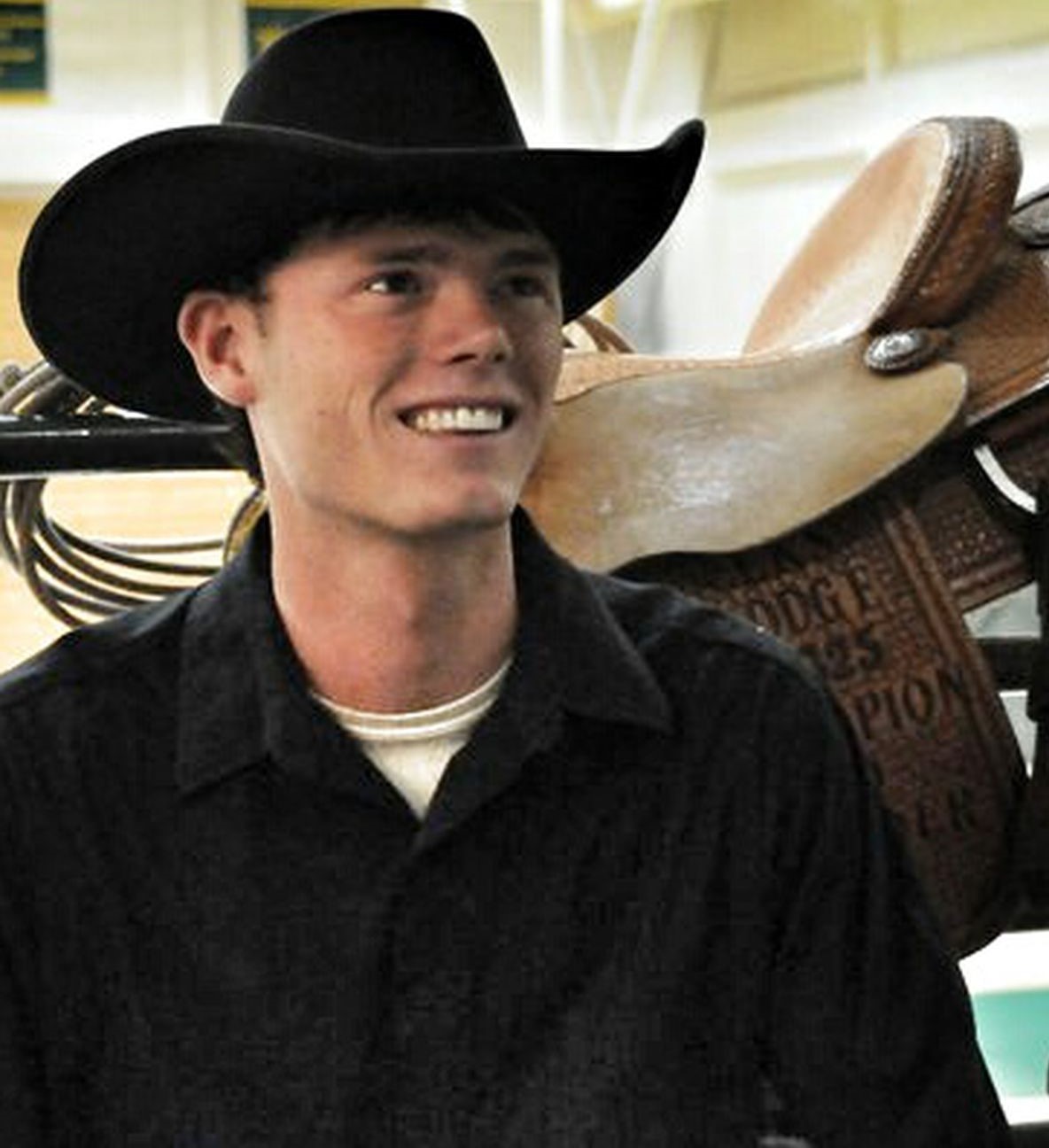
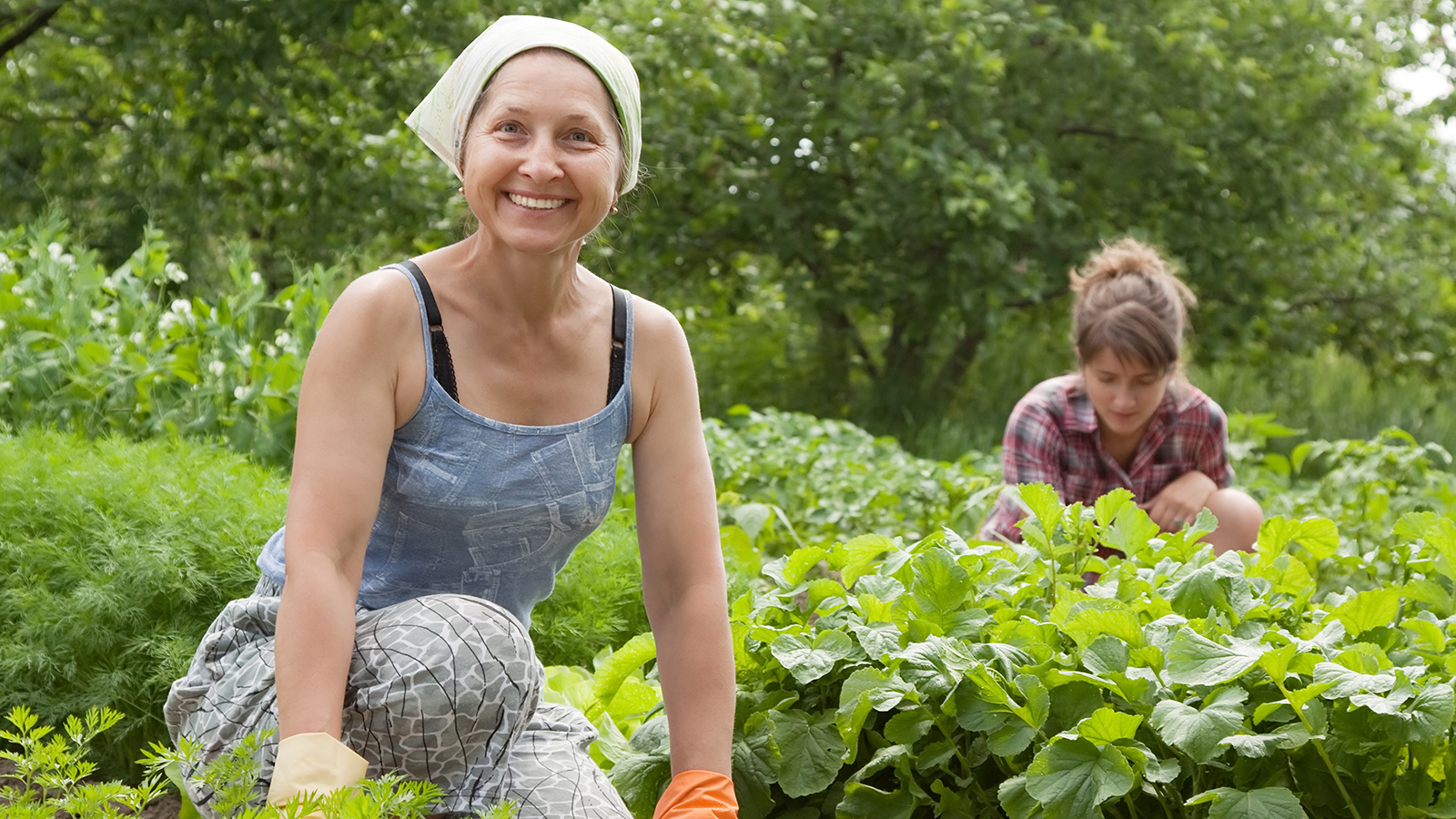
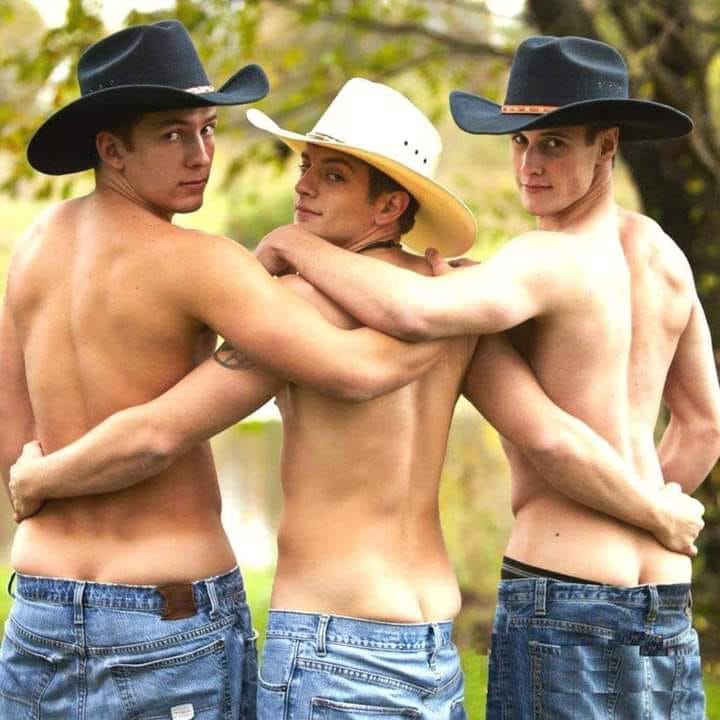
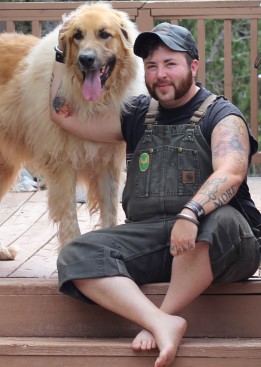
The report found the social and
political landscape of rural areas makes
LGBTQ people “more vulnerable to
discrimination. Public opinion in rural
areas is generally less supportive of
LGBTQ people and policies, and rural
states are significantly less likely to
have vital nondiscrimination laws and
more likely to have harmful,
discriminatory laws,” the report states.
Simple, everyday actions can also be
fraught, especially for transgender
people. According to the report, 34
percent of trans people report
discrimination on public transportation
and 18 percent report harassment at a
gym or health club. These numbers apply
to rural and urban residents, but
Casey’s research indicates that lack of
alternative options and the importance
of public spaces in small, tight-knit
communities can make harassment harder
to bear in rural areas.
The report also notes the geographic
distance and isolation of rural areas
can present challenges for LGBTQ people.
“If someone experiences discrimination
at a doctor’s office, school or job,
it’s less likely there’s another option
close by,” Casey explained.
The report also found those in rural
areas have less access to LGBTQ-specific
resources. Fifty-seven percent of LGBTQ
adults in urban areas have access to an
LGBTQ health center, while only 11
percent of those in rural areas do. And
when it comes to senior services, almost
half of LGBTQ adults have access to
LGBTQ senior services, compared to just
10 percent of their rural counterparts.
Andrew Mitch: Back Home Boy
Understanding Southern Culture
In Appalachia, Hell Hath No Fury Like a Trans Goth With
a Banjo
Small Towns Across the US Celebrate Pride
Y'all Means All (Queer
Eye): Miranda Lambert
LGBTQ Country Music Stars Who Are Out and Proud
TV Series: "Farming for Love" Features Gay Farmer Kirkland
Douglas
Small Town in Ohio Has Its First Pride Celebration and the
Community Loved it
Fabulous
Beekman Boys: Gay Green Acres
Out Country Star Ty Herndon Ties The Knot In 'Country
Chic' Wedding
Growing Up
Gay in Appalachia
Southern Queers: New
Study Reveals the Reality of LGBTQ
People in the South
Gay Prom in Birmingham
I Lassoed Queer Joy in a Rodeo-Loving
Town
Orville Peck & Willie Nelson: Cowboys Are Frequently
Secretly Fond Of Each Other
Finding
LGBTQ Community in the Rural South
Lesbian
Farmers: Redefining Rural America
Clearly
Gay in Small Town Alabama
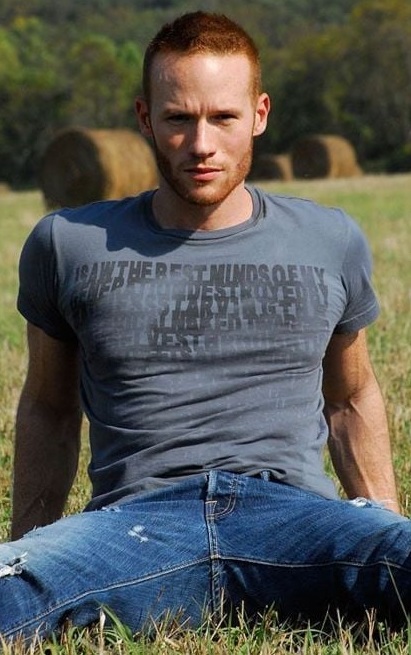
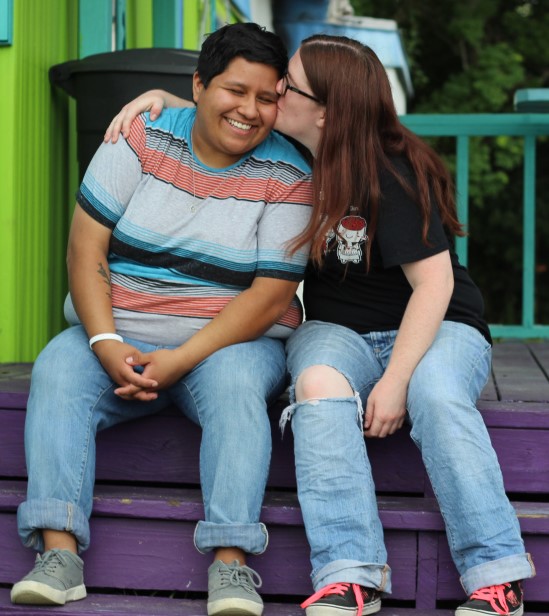
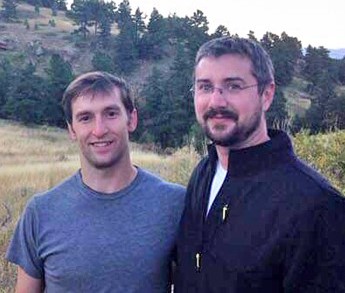
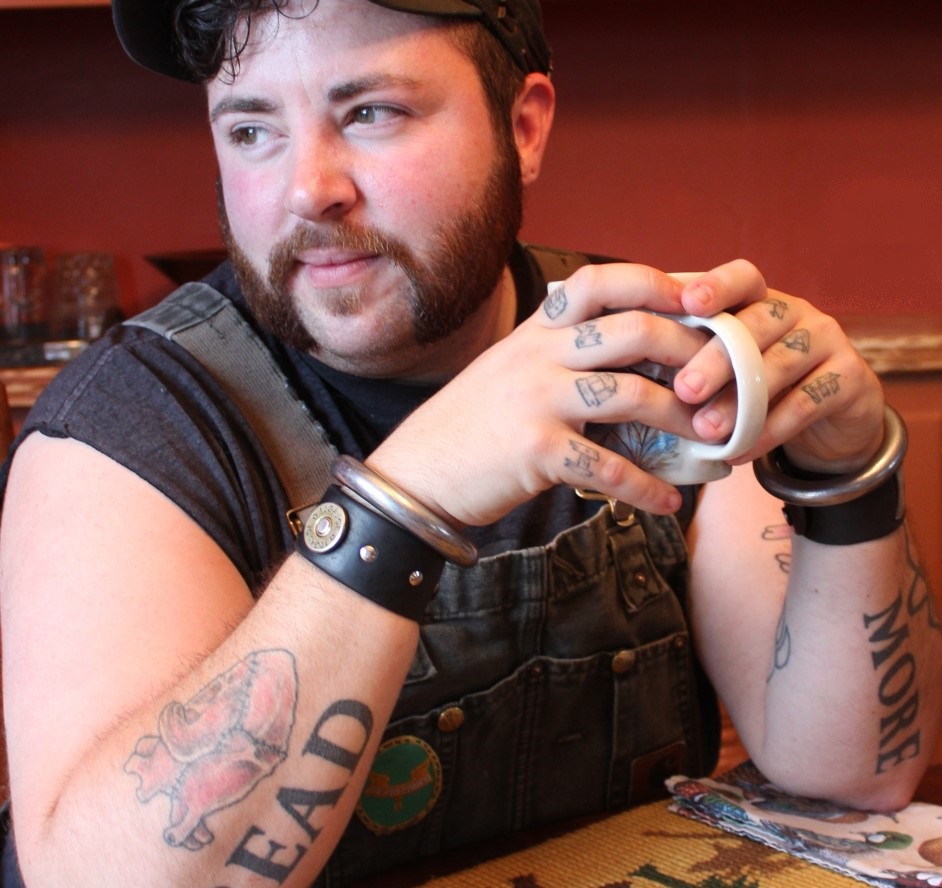
There was also an urban-rural divide
when it comes to the school climate for
LGBTQ youth. Almost 60 percent of LGBTQ
youth in urban areas reported having a
gay-straight alliance club in their
school, compared to just 36 percent of
LGBTQ youth in rural areas.
The smaller populations of rural areas
can also complicate matters for LGBTQ
people, because they are more likely to
stand out. This can make them more
vulnerable to discrimination but also
keep problems they face under the radar.
One of the biggest challenges the report
identifies is health care. Fifty six
percent of gay, lesbian and bisexual
people across the country reported at
least one instance of discrimination or
patient profiling in a health care
setting. According to statistics cited
in the report, more than 40 percent of
non-metropolitan LGBTQ people said if
they were turned away by their local
hospital, it would be “very difficult”
or “not possible” for them to find an
alternative, compared to 18 percent of
the general LGBTQ population, according
to a statistic cited in the report.
We Live Here: the Midwest
Miranda Lambert: If I Was a Cowboy
Christopher Macken: Growing Up Gay in the South
Country Singer Sam Williams, Son of Hank Williams Jr,
Comes Out as Gay
Y'all Means All (Queer Eye): Miranda
Lambert
NBC News Report: Gay in Rural America
LGBTQ Community is
Transforming the South
Country Singer Chris Housman: Guilty as Sin
Charlotte Pride Parade2
Young Girl Growing Up Gay in a
Conservative Hometown
Emmanuel the Emu and Farmer Taylor Blake Drop by The
Tonight Show
Christopher Macken: Growing Up Gay in the South
DC Rawhides: Country Music Dancing
Nature Doesn’t Care if You’re Gay or Straight: Meet the
Gay Farmers Queering Agriculture
Country People: Gay Short
Film
Good Looking by Dixon
Dallas
Fabulous Chicken
Coop
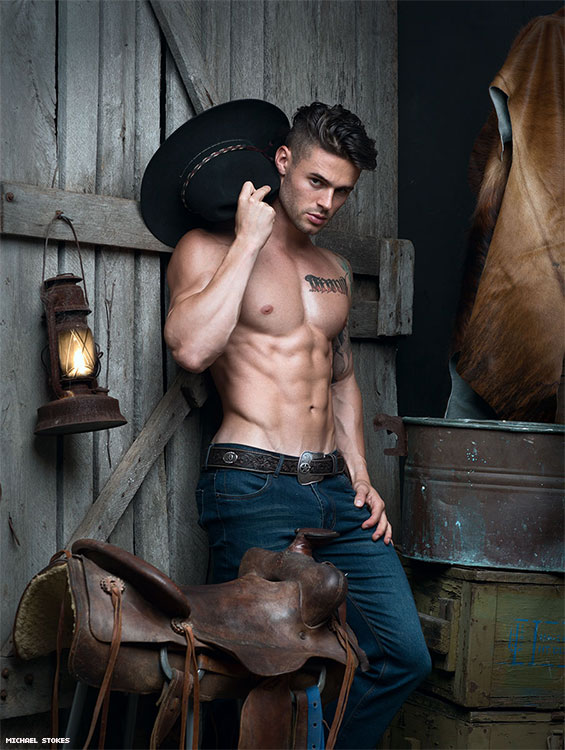
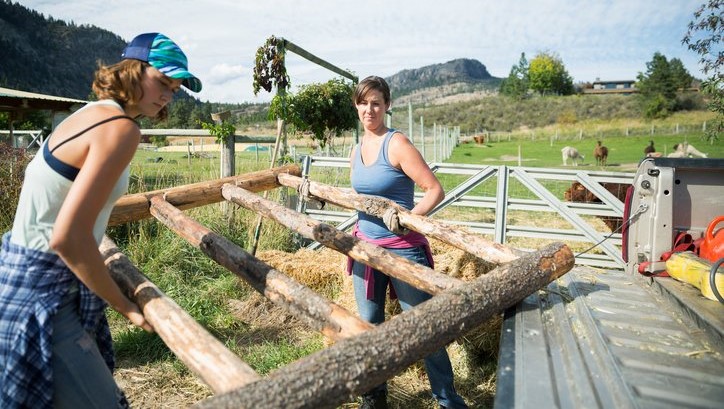
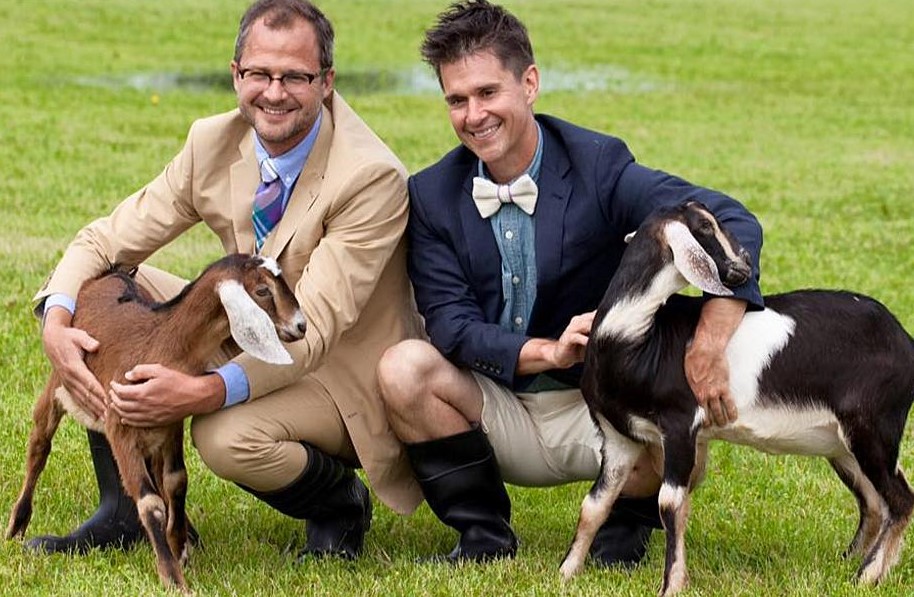
Transgender people often struggle to
find health care providers knowledgeable
about gender-affirming care and are more
likely to have such care denied by their
insurance provider. Trans people of
color often face the added burden of
providers with a lack of cultural
competency for their community. Trans
people are also 15 percent more likely
to have transition-related surgery
denied by their insurance if they live
in a rural area.
While challenges for LGBTQ people can be
“amplified” in rural areas, the report
also found bright spots for lesbian,
gay, bisexual, transgender and queer
people living in non-metropolitan
communities. Same-sex couples and LGBTQ
individuals are raising children in
rural areas at higher rates than urban
areas. Some LGBTQ people feel safer in
rural areas than urban areas.
While
social conditions in the area are
changing, there are still legal and
policy hurdles. “LGBTQ people in rural
areas are disproportionately harmed by
the lack of protections and the presence
of discriminatory laws,” the report
states. “The current policy landscape
demonstrates the clear and urgent need
for federal and state nondiscrimination
protections for LGBTQ people.”
[Source: Avichai Scher, NBC News, April
2019]
Gay and Trans People in Rural Areas
Sweet Pride Alabama: Celebrating LGBTQ
lives in the Deep South
Jennifer Lawrence Honors Orville Peck at
the GLAAD Media Awards
The Aunties: Working Harriett Tubman's Farm
Ohio Teen Starts LGBTQ Organization in
Tiny Rural Village
Country Star Ty Herndon Marries Boyfriend
in Tennessee Wedding
Lavender Country's Patrick
Haggerty was Embraced as Gay Country Music's Radical
Elders
Gay Race Car Driver Zach Herrin Makes
NASCAR Debut
Country Singer Sam Williams, Son of Hank Williams Jr,
Comes Out as Gay
Lesbian Farmer's Emu Becomes Internet
Sensation
Pride Source: Rural Americans Are LGBTQ Too
Country Queers: Joy and Pain of Rural LGBTQ Life
LGBTQ Pride Festivals in Rural Canada
Over Half
of LGBTQ Southerners Say Parents Tried
to Repress Their Identity
DC Rawhides: Country Music Dancing
Country
Teens
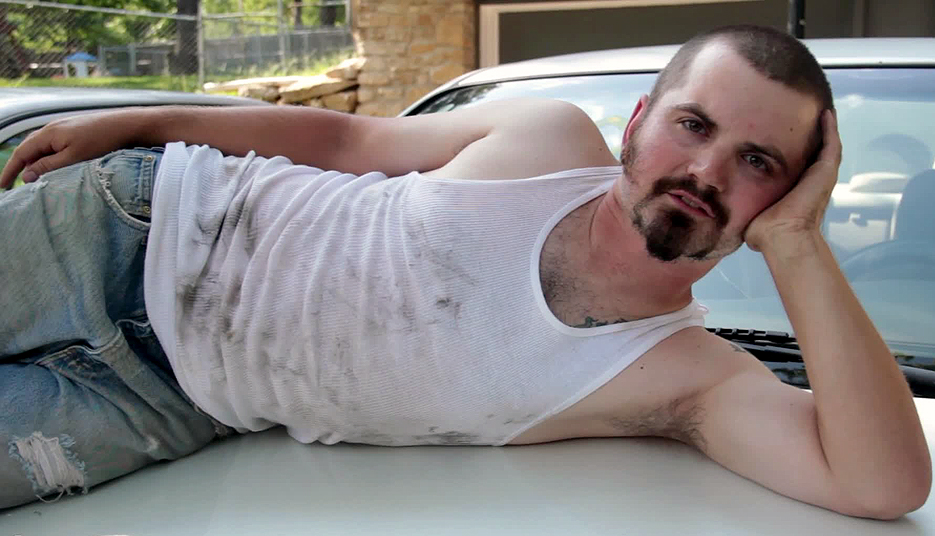
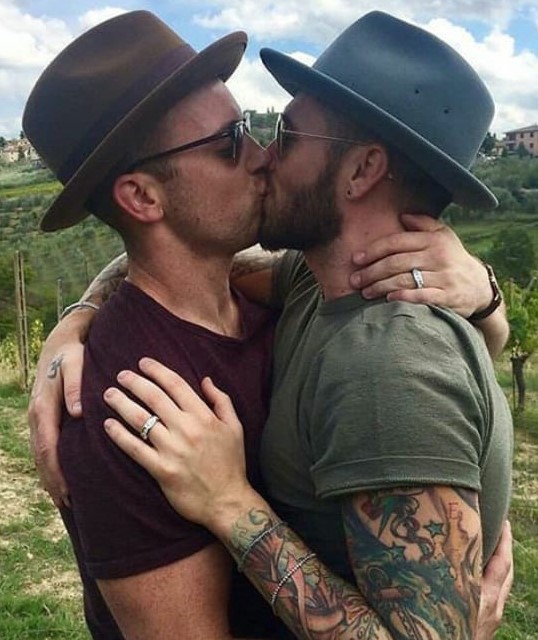
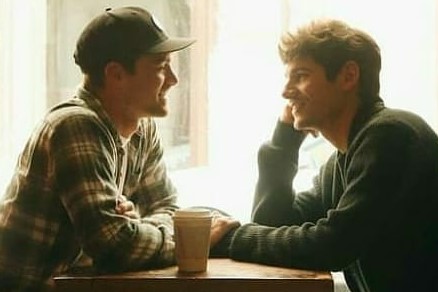
Memphis Pride:
What Queer Joy
Looks Like in
the South
Good Looking by
Dixon Dallas
Point of
Pride: How to Be Queer in a Small Town
Patrick Haggerty: Singer
Who Recorded First Gay Country Songs
Dies at 78
Farming is
Tough: Being LGBTQ Makes it Tougher
Queer in
Rural America
Tyler Childers - In Your Love
Info: LGBTQ Southern, Grassroots, Local, Community
Projects
Time: Country Song by Steve Grand
Matt and Blue: Southern
Boys
LGBTQ Nation: Lesbian and
Trans Hillbillies Taking Over Rural America
Being LGBTQ in the Deep
South
Gay Rodeo History
LGBTQ Institute: Southern
Survey
LGBTQ Country Artists You Need to Listen
to Immediately
Growing Up in a Small Town Made This
Couple Realize Not All Gay People Dream of Big City Life
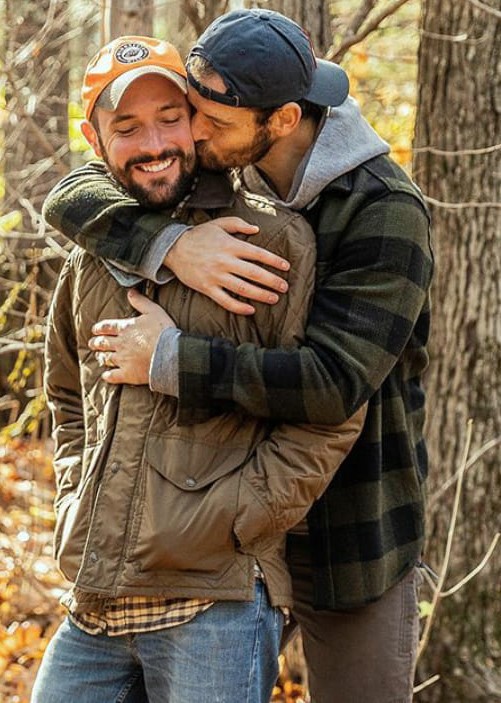
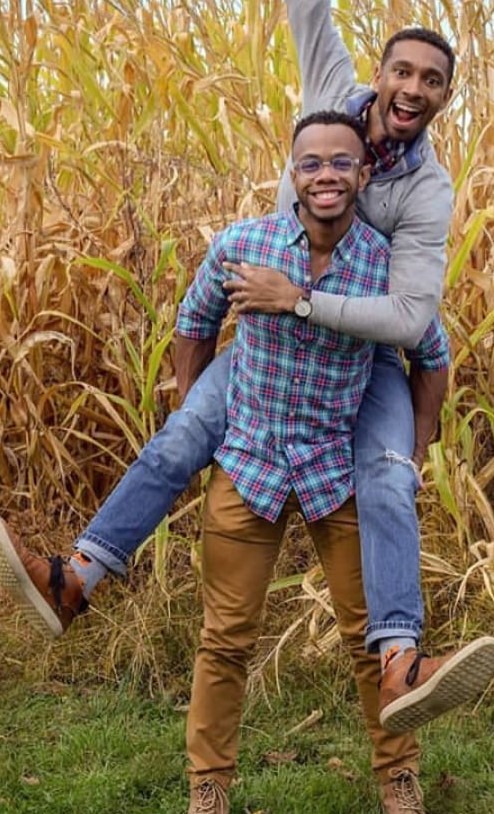
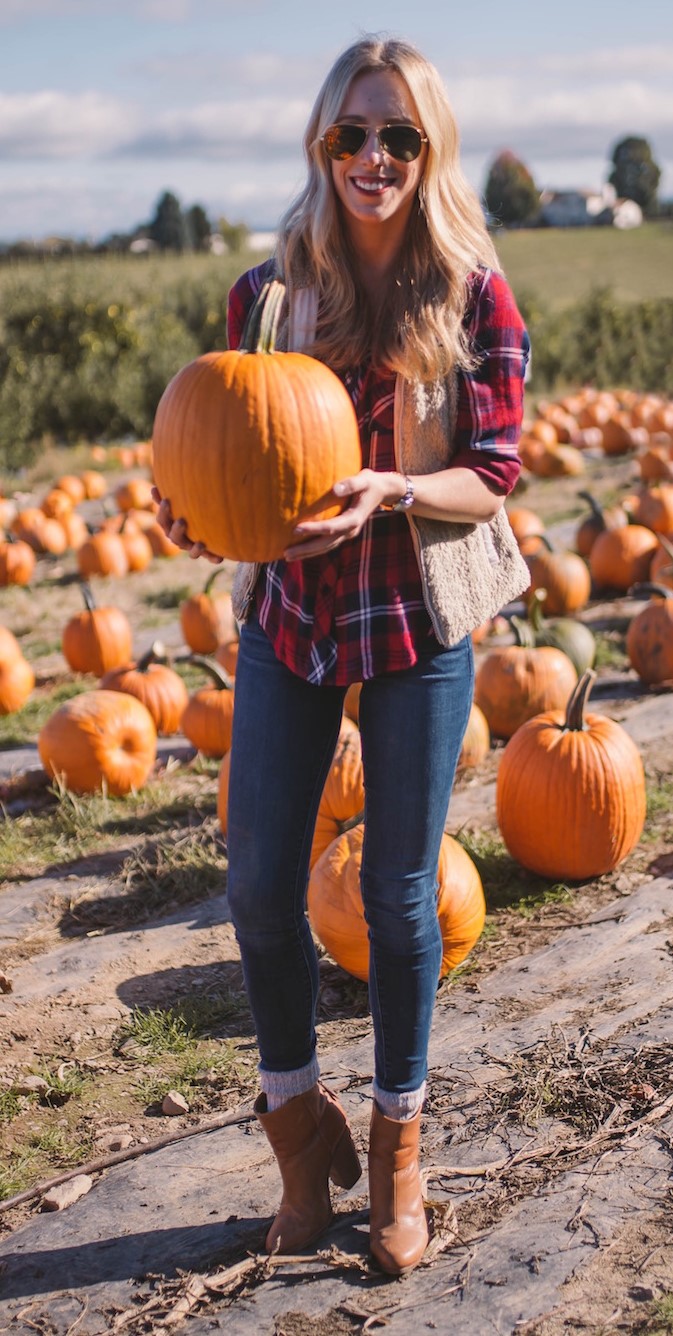
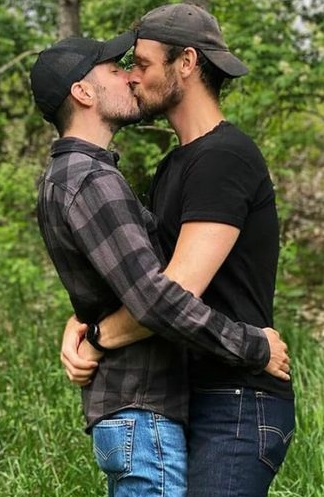
Southern LGBTQ Voters
According
to a recent study, a huge number of
Southern LGBTQ people registered to vote
in the 2020 presidential election. Queer
voters in this conservative region
appear very motivated to vote, according
to findings.
Recent findings indicate Southern LGBTQ
voters could make a significant impact
on the 2020 election, with states like
Georgia, North Carolina, and Texas in
play. The Campaign for Southern Equality
and Western North Carolina Community
Health Services released a report this
week about LGBTQ Southerners’ voting
behaviors and beliefs. The survey
queried over 5,600 participants across
the South last year.
There are about 9 million LGBTQ voters
in the US, according to the Williams
Institute. Southern states hold about 37
percent of the US population. One of the
key findings involved voter
participation and enthusiasm. Nearly 92
percent of those who participated in the
study were registered to vote. Those
numbers are significantly higher than
that of the general U.S. population,
with about 79 percent registered.
Researchers also asked participants
about their experience with physical or
emotional abuse and found that those
with a history of such trauma were less
likely to be registered than those who
did not. Transgender people and those
with lower incomes were also less likely
to be registered than cisgender people
and those with more money.
[Source: Neal Broverman, Advocate, Nov
2020]
LGBTQ Ohioan Strums His Way to Pop Country Success and
Trailblazing Authenticity
Photographer Luke Gilford Finds Queer Joy
in Queer Cowboys
Country People: Gay Short
Film
LGBTQ and Rurality
LGBTQ Country Music Stars Who Are Out and Proud
Unapologetically
Southern and Queer: Invisible Histories Project
Research on Rural LGBTQ
People of Color
LGBTQ Pride Celebrations Held in Rural or
Small-Town America
Queering the Redneck
Riviera
Advocate: Champions of
Pride from the South
F150 by Dixon Dallas
LGBTQ Nation: Lesbian and
Trans Hillbillies Taking Over Rural America
Not As Bad You You Think:
LGBTQ People in Rural America
Being LGBTQ in the Deep
South
Southern Queers: New Study Reveals the
Reality of LGBTQ People in the South
Finding the LGBTQ
Community in the Rural South
I Lassoed Queer Joy in a Rodeo-Loving Town
Country Queers: Oral Histories
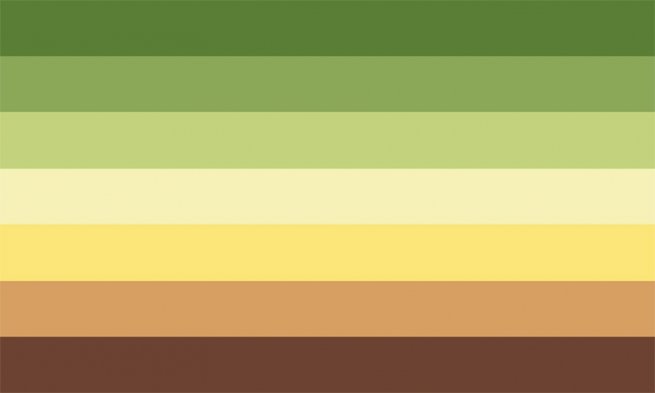
Cottagecore Lesbians
Longing to escape to
the countryside with your queer girlfriend? You're not
alone. If you're on social media platforms like TikTok,
Tumblr and Pinterest, you've likely noticed the "cottagecore"
trend that's getting popular with queer women and
femmes. All at once, everyone seems to want to quit
their jobs and run off to upstate Vermont to pick
apples, raise chickens, and live their best
woman-loving-woman life.
It's caught on so much that the The New York Times
published a feature about it in March 2020. "Take modern
escapist fantasies like tiny homes, voluntary
simplicity, forest bathing and screen-free childhoods,
then place them inside a delicate, moss-filled
terrarium, and the result will look a lot like
cottagecore," says writer Isabel Slone.
The cottagecore aesthetic, however, is rooted in
real-world issues like climate change, the global
pandemic, and safe spaces for LGBTQ people.
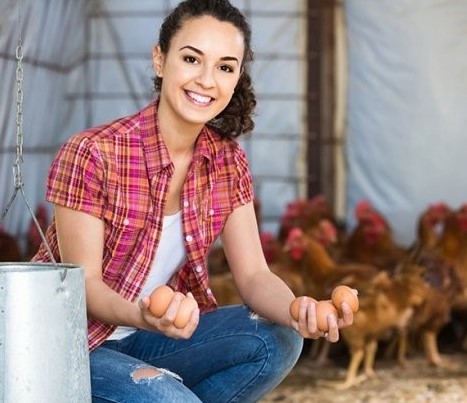
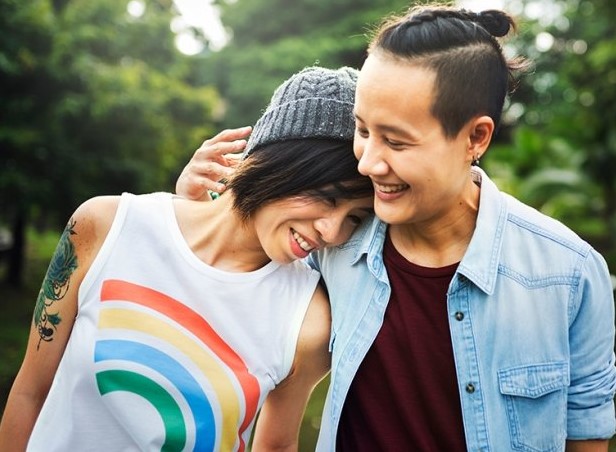
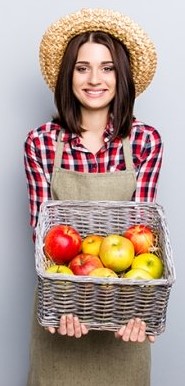
Cameron Hawthorn: Oh Hot
Damn!
This Gorgeous Beach Town Is the Best
Gaycation in New England
Growing Up Gay in the Country
Queer Survival in Mississippi and the
Bars That Saved Us
Ohio Teen Starts LGBTQ Organization in
Tiny Rural Village
Slow Down: Country Song by Brandon Stansell and Ty
Herndon
LGBTQ and Rurality
Info: LGBTQ
Southern, Grassroots, Local, Community
Projects
Advocate: What is a
Cottagecore Lesbian?
Leslie Jordan: Southern Gay
Small Town in Ohio Has Its First Pride Celebration and
the Community Loved it
In Appalachia, Hell Hath No Fury Like a Trans Goth With
a Banjo
Christopher Macken: Growing Up Gay in the South
Nature Doesn’t Care if You’re Gay or Straight: Meet the
Gay Farmers Queering Agriculture
Essentially, the cottagecore aesthetic is images of
idealized life on a Western farm — cozy little houses
surrounded by gardens, fields of wildflowers, forest
glades, and cute farm animals. Occasionally you'll find
fantasy elements like fairies and goblins thrown in. If
you're into nostalgia, books, baking, teacups, prairie
dresses, flower crowns, picnic baskets, knitting,
embroidery, Hozier, ceramic frogs for some reason, and
strolling through farmers' markets, cottagecore might be
the movement for you.
Writer Katherine Gillespie of Paper Magazine puts it
this way: "The politics of cottagecore are thoughtfully
prelapsarian: what if we could go back to a time before
the planet was ravaged by industry, except with added
protections for marginalized queer communities? What if
we all lived like tradwives, minus the husbands?"
And, if you really identify with this idea, you can even
fly your own Pride flag (presumably in a very small
Pride parade through your imaginary rustic village),
with soft, natural, earth-tone shades.
Much of the cottagecore movement is actually a response
to people being dissatistfied with their hectic, crowded
lives in cities or suburbs, and the feelings of burnout
that come with it. Tired of the minimalist aesthetic
that's dominated interior design in the last ten years,
they're decorating their apartments with potted plants
and porcelain teacups, and taking comfort in
old-fashioned hobbies like arts & crafts and baking. The
NY Times calls it "an aspirational form of nostalgia
that praises the benefits of living a slow life."
[Source:
Christine Linnell, Advocate Magazine]
Queering Country
Music
Country Singer Chris Housman: Guilty as Sin
Country Star Ty Herndon Marries Boyfriend
in Tennessee Wedding
Country Music Artists Who Are Fam and
Belong On Your Playlist
Queer Artists Helping to Shake Up Country
Music
All American Boy by Steve Grand
Time by Steve Grand
Orville Peck & Willie Nelson: Cowboys Are Frequently
Secretly Fond Of Each Other
Queer Country Music Artists Fans Should Know About
Country Music Star TJ
Osbourne Comes Out as Gay
Jennifer Corday: Lesbian
Country Rocker
LGBTQ Country Music Stars Who Are
Out and Proud
Redneck Lesbo by Jennifer
Corday
Heartbeat by Jennifer
Corday
Dancing in the Living Room by Cameron Hawthorn
Take the Journey by Molly
Tuttle
Chely Wright: Return to the Grand Ole Opry
So
Small by Ty Herndon


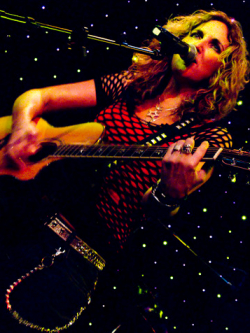
LGBTQ Ohioan Strums His Way to Pop Country Success and
Trailblazing Authenticity
Andrew Mitch: Back Home Boy
Brooke Eden - Giddy Up!
Jennifer Lawrence Honors Orville Peck at the
GLAAD Media Awards
Slow Down by Brandon Stansell and Ty Herndon
Hometown by Brandon Stansell
Angel Olsen: Big Time
Angel Olsen: All The Good Times
Sharon Van Etten & Angel Olsen: Like I
Used To
Fink and Marxer: Queer
Bluegrass
Darling Cora by Amythyst
Kiah
Cowboys Are Frequently
Secretly Fond of Each Other by Ned Sublette
Good Looking by
Dixon Dallas
Leave This All Behind by Dixon
Dallas
F150 by Dixon Dallas
LGBTQ Country Artists You Need to Listen
to Immediately
Tyler Childers - In Your Love
Out Country Star Ty Herndon Ties The Knot In 'Country
Chic' Wedding
Same Old Country Love Song by Brian
Falduto
God Loves Me Too by Brian Falduto
Follow Your Arrow by Kasey Musgraves
Cameron Hawthorn: Oh Hot Damn!
Dixon Dallas: Good Lookin'
I'm Not in Love With You
by Justin Hiltner and Jon Weisberger
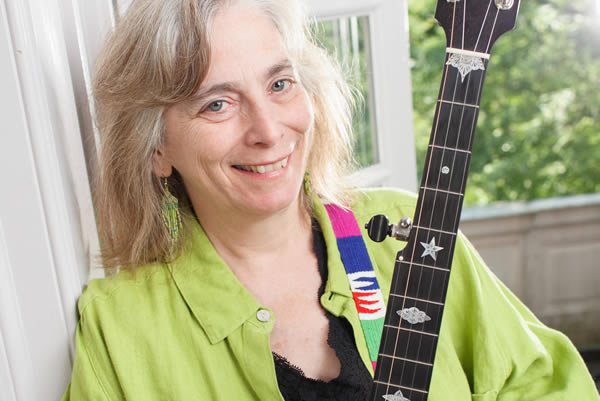
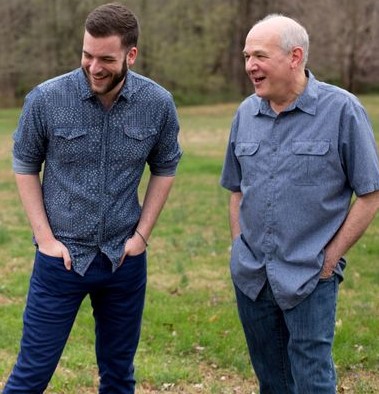
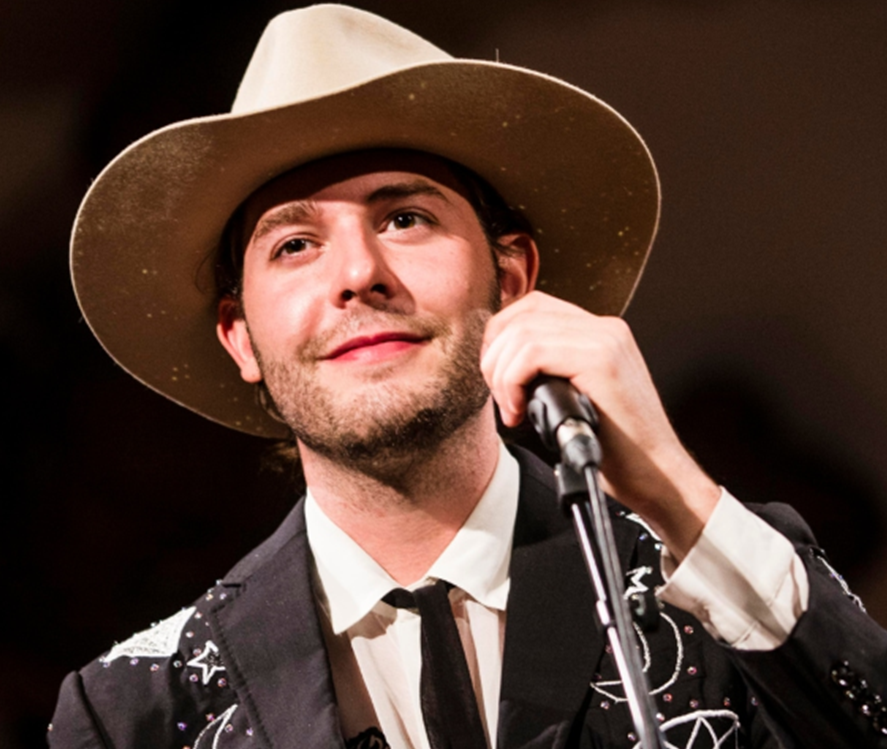
Son of a Preacher Man by
Tom Goss
Neon Cross by Jamie Wyatt
Wishing Well by Jamie
Wyatt
LGBTQ Country Music Stars Who Are Out and Proud
Cryin' These Cocksucking
Tears by Lavender Country
Justin Hiltner: Subversive
Twist on a Familiar Motif
Limp Wrist and a Steady Hand by My Gay Banjo
Country Boys in the City
by My Gay Banjo
Porch Pride: LGBTQ
Bluegrass and Roots Music
Better This Way by Doug Strahm
Old Town Road by Lil Nas X
Men Reveal What It’s Like to Be Gay in Isolated Rural
Areas
Ride Me Cowboy by Paisley Fields
If
She Ever Leaves Me by Highwomen
Ty
Herndon: What Mattered Most (Alternative Version)
Ty
Herndon: What Mattered Most (Original Version)
Dixon Dallas: Meet the Country Singer Going Viral for
his Explicitly Gay Ballad
LGBTQ-Friendly Country
Music Artists You Should Know About
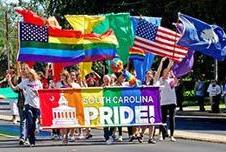
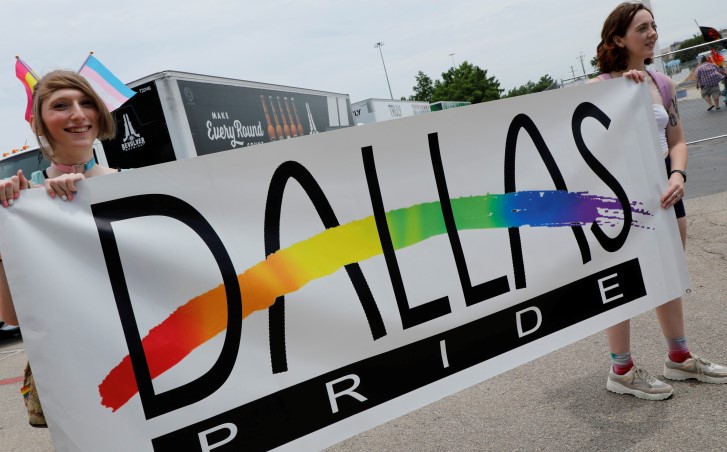
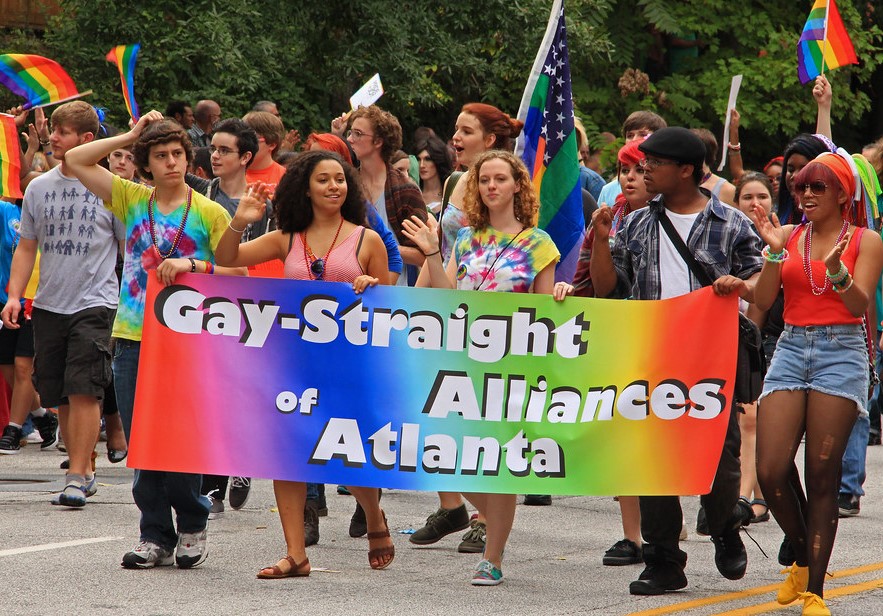
LGBTQ
Rurality
Throughout history, rural spaces have
held multiple meanings and served
various functions for LGBTQ individuals
and communities, ranging from sites for
political organizing or sanctuary to
sites of repression and violence for
LGBTQ individuals.
Many popular representations of rurality
as well as anti-LGBTQ discourse citing
"protecting rural values" suggest these
communities intrinsically place a
heightened value on “traditional moral
standards.” Thus, communities in rural
areas are associated with a lower
tolerance for difference (including
non-binary gender expression and queer
sexuality) compared to urban
environments. Some queer-identified
individuals living in rural areas do
experience antagonism, oppression, and
violence matching the stereotypical
representation of what it means to be
queer in a rural community.
As of 2000, the US Census found that 46
million people (roughly 16% of the
nation's total population) live in areas
with population densities of 999 people
per square mile or fewer. Considering
the high number of individuals and the
small population density, the rural
population of the US exists across a
wide geographical area. Despite the
categorization based upon population
density, "the rural population is not
the same everywhere except in its
distinction of not being urban." The
variation within the category of rural
is reflected in the multiple, varied
experiences of queer-identified people
living in rural areas.
In popular depictions, rurality is often
portrayed as an inherently incompatible,
or even hostile, environment for
individuals who are not heterosexual
and/or cisgender. While this may be an
accurate contrast between some urban and
rural settings, there is significant
variation within each categorization
based on population density.
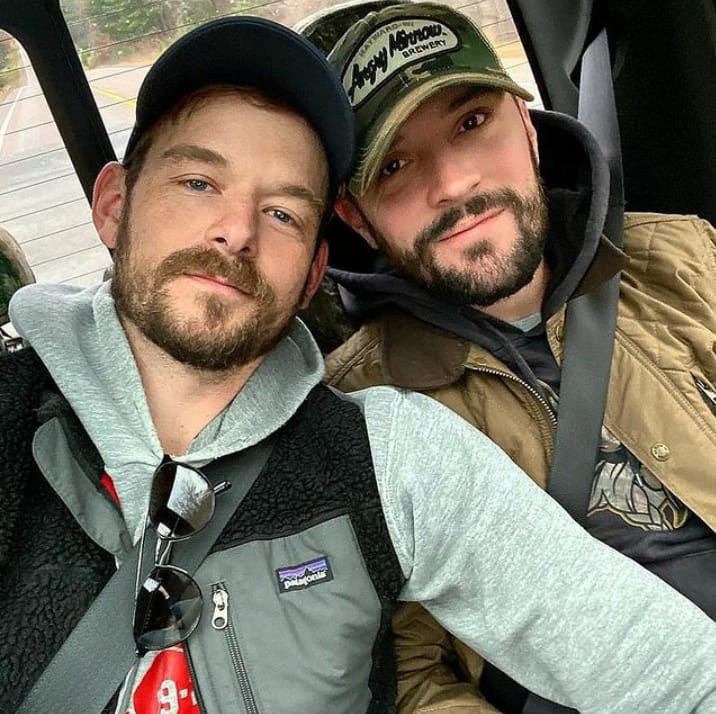
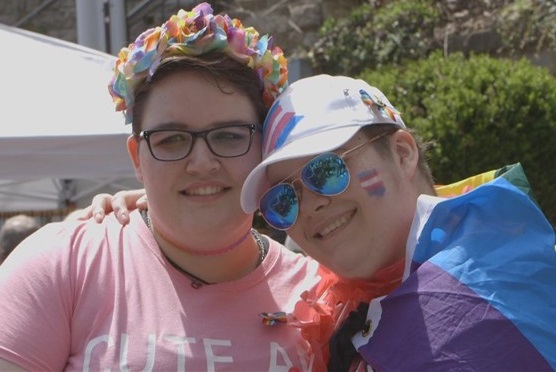
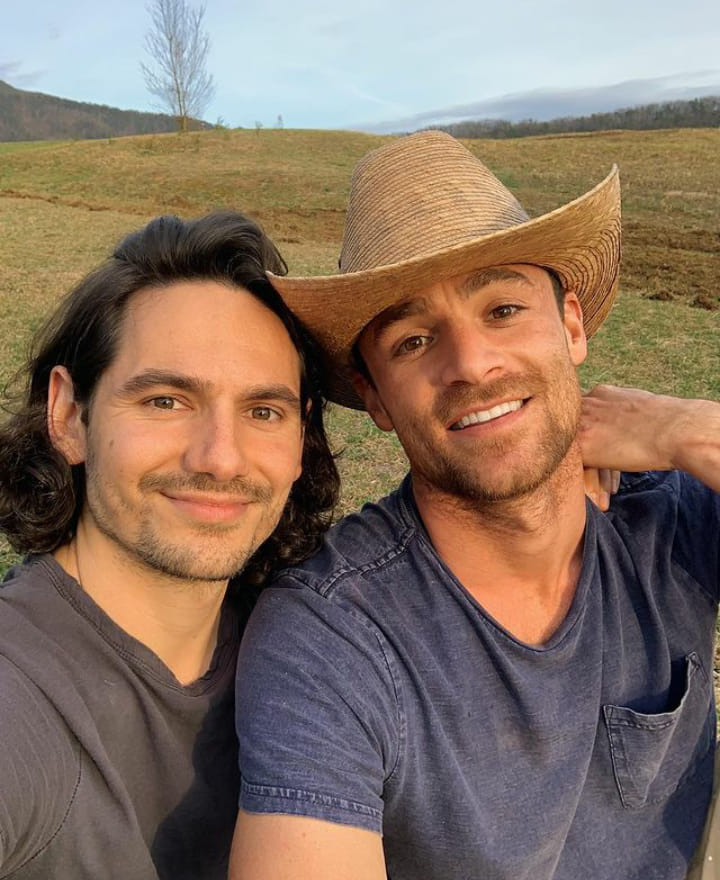
Understanding Southern Culture
Gay and Trans People in Rural Areas
Memphis Pride: What Queer Joy Looks Like in the South
Advocate:
Champions of Pride from the South
LGBTQ Ohioan
Strums His Way
to Pop Country
Success and
Trailblazing
Authenticity
Andrew Mitch:
Back Home Boy
TV Series:
"Farming for
Love" Features
Gay Farmer
Kirkland Douglas
The Aunties:
Farmers Donna
Dear and
Paulette Greene
Continue Harriet
Tubman’s Legacy
South
Florida Gay News: Queering the Redneck
Riviera
Huff Post:
Lesbian Farmers: Growing Rural America
Spend a Weekend in
Florida’s Most LGBTQ Friendly Small Town
Country Singer Sam Williams, Son of Hank
Williams Jr, Comes Out as Gay
Being Gay
and Lesbian in Appalachia
I Lassoed Queer Joy in a Rodeo-Loving
Town
How to Be Queer in
Country Music: The Story of Mya Byrne
Point of
Pride: How to Be Queer in a Small Town
Gay Farmers: Bilkurra Homestead
Conversation with Gay Fly Fisherman
Emmanuel the Emu and Farmer Taylor Blake
Drop by The Tonight Show
Rural/Urban Dichotomy and Visibility
Politics
Queer
regionalist scholars such as Mary Gray
have illustrated that organizing for
LGBTQ issues in the post-Stonewall US
has centered around a politics of
visibility. Within this political
framework, publicly claiming a minority
sexual orientation is viewed as
inherently political. Visibility
politics claim that, by making one's own
queerness visible, 'out' individuals
resist heteronormativity and the erasure
of non-heterosexual behaviors and
identities as well as illustrate to
their local, national, and global
communities that queer people exist and
need equal rights and protection under
the law. Therefore, visibility politics
view a public declaration of queer
identity as the primary road to
political liberation and equality for
queer communities.
Visibility politics also creates an
understanding of queer lives through the
metaphor of the closet (which Eve
Sedgwick terms the epistemology of the
closet). Within the epistemology of the
closet framework, LGBTQ persons are born
'in the closet' or with a repressed
sexuality until the catalytic moment of
'coming out' at which point they become
'out' or publicly queer. Regional
scholars have argued that the reliance
upon the epistemology of the closet and
visibility politics within US queer
activism is urban-centric, excluding and
erasing LGBTQ individuals and
communities in rural areas across the
globe. As the majority of
national-scale queer activism reliant on
visibility politics within the US
emerged from its major cities, this
ideology was "tailor-made for and from
the population densities; capital; and
systems of gender, sexual, class, and
racial privilege that converge in
cities." Mary Gray expands upon this
point in her book, Out in the
Country: Youth, Media, and Queer
Visibility in Rural America:
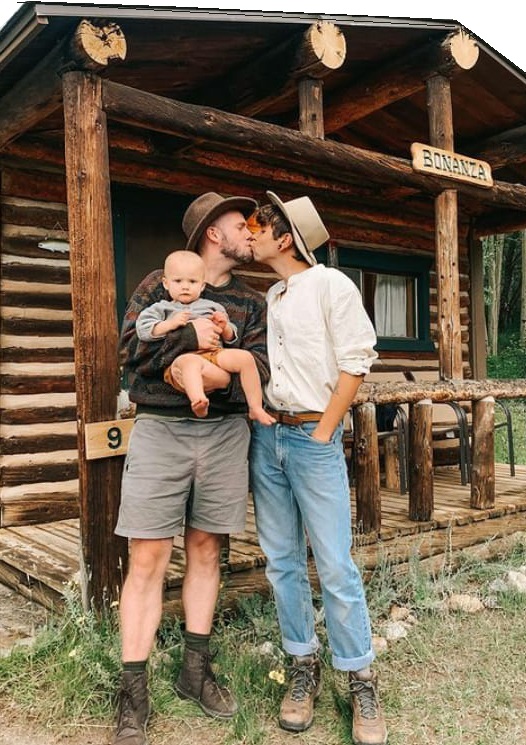
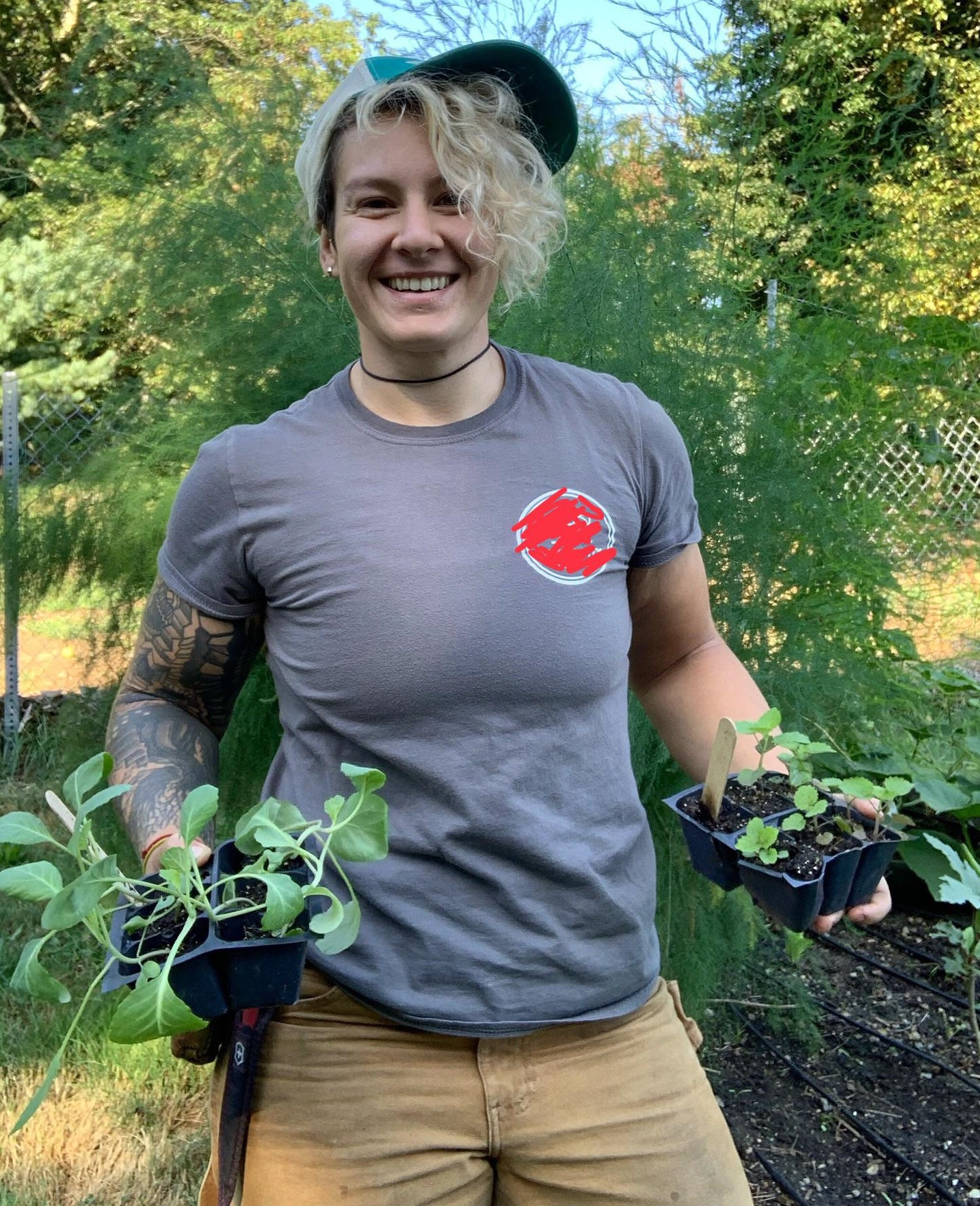
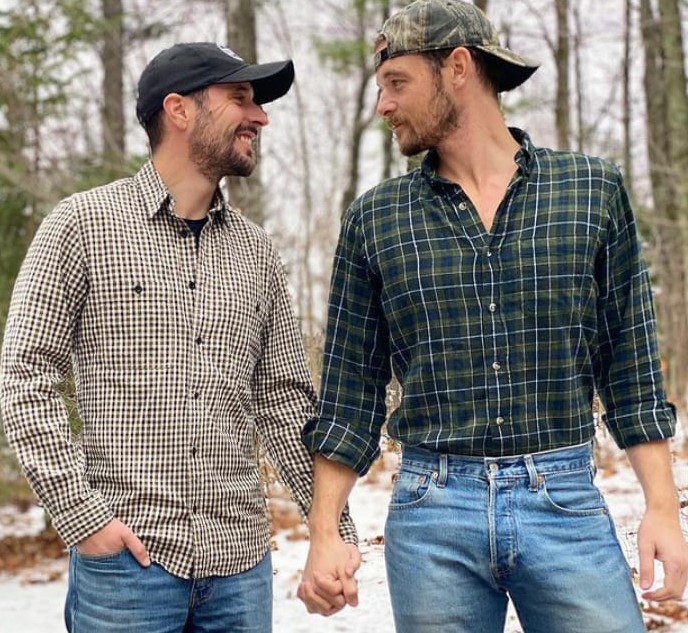
Christopher Macken: Growing Up Gay in the South
Huff Post:
Lesbian Farmers: Growing Rural America
Building a More LGBTQ Inclusive South
Queer Survival
in Mississippi
and the Bars
That Saved Us
Advocate:
LGBTQ People of Color in Rural America
Y'all Means All (Queer
Eye): Miranda Lambert
Ever Been to the Gay Rodeo?
Being Gay
and Lesbian in Appalachia
DC Rawhides:
Country Music
Dancing
Invisible
Histories Project: Gay Southern History
Photographer Luke Gilford
Finds Queer Joy in Queer Cowboys
Matt and
Blue: Southern Boys
Lesbian Farmer's Emu
Becomes Internet Sensation
Wishing
Well by Jamie Wyatt
LGBTQ
People: Fundamental Part of the Fabric
of Rural Communities
Lavender
Country's Patrick Haggerty was Embraced
as Gay Country Music's Radical Elders
"Metronormative epistemologies of
visibility privilege urban queer scenes.
The systemic marginalization of the
rural as endemically hostile and lacking
the cultural milieu necessary for a
celebratory politics of difference
naturalizes cities as the necessary
centers and standard bearers of queer
politics and representations. Along the
way all those not able, or inclined, to
migrate to the city are put at a notable
disadvantage not just by the material
realities of rural places but also by
the shortcoming of queer theory and
LGBTQ social movement in ways we have
only recently begun to explore."
US scholarship on queer life within
metropoles further perpetuates the
centrality of metronormative narratives
of queer life and identity. John
D'Emilio proposed a contradictory
connection between capitalism and
homosexuality. He argued that capitalism
emphasized the importance of family
units and reproduction as the primary
function of that unit. However,
simultaneously the anonymity of US
cities, a product of capitalist
development, enabled networks of
same-sex desiring individuals to form
and a homosexual community and shared
identity to emerge. George Chauncey is
another historian whose work centered on
queer life in urban centers. His book
Gay New York examined how gay life in
New York City formed around patterns of
congregation and habit. Both D'Emilio
and Chauncey highlight the ways that
urban environments distinctly, and
possibly uniquely, enable queerness.
Thus, their findings to some extent
reinforce a binary view of urban/rural
wherein urban is perceived as a space
for liberated, 'out' queer communities
while rural is a space for isolated,
'closeted' queer individuals.
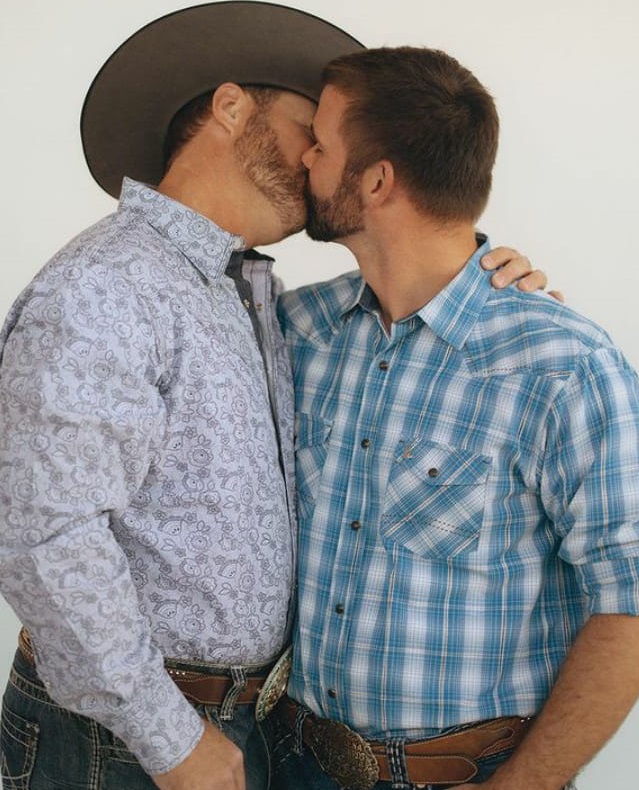
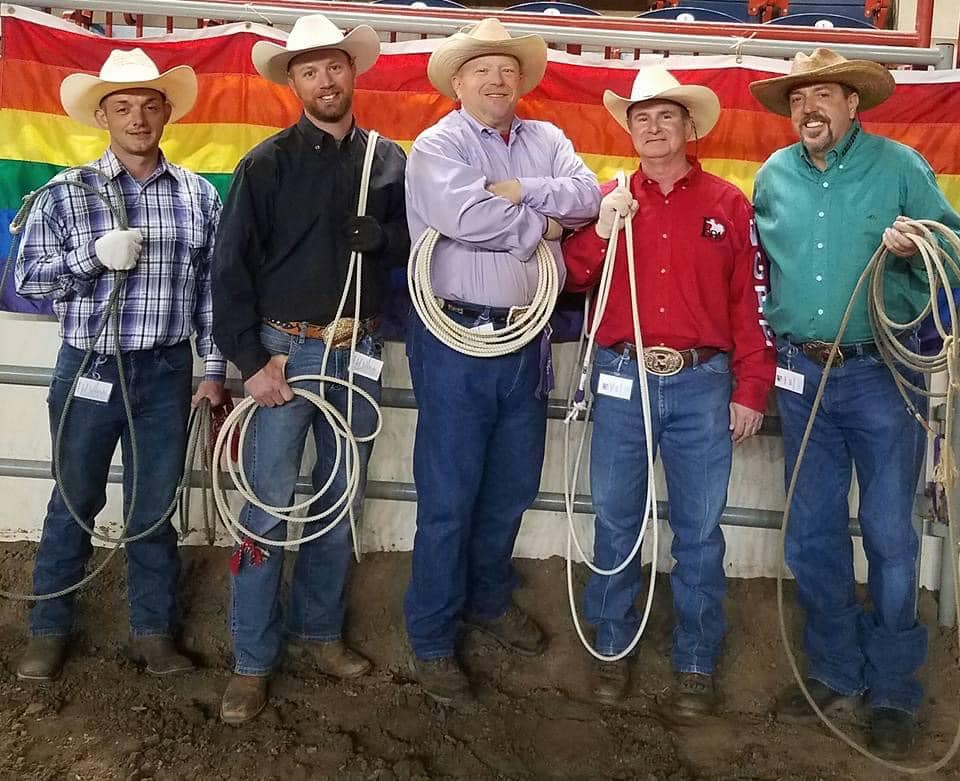
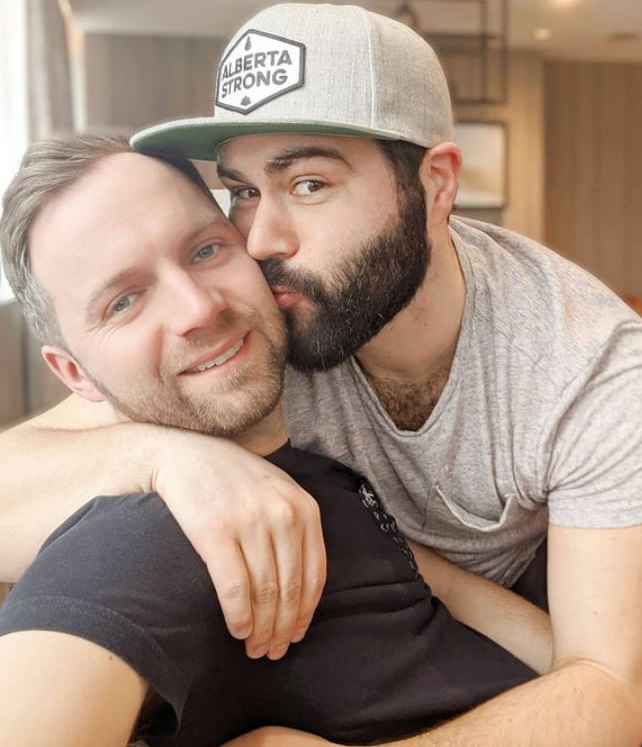
Gay and Trans People in Rural Areas
Memphis Pride: What Queer Joy Looks Like in the South
Country Singer Chris Housman: Guilty as Sin
I Lassoed Queer Joy in a Rodeo-Loving
Town
Ki Ya Yah Yippee Ki Yay:
Thirst-Trapping Gay Cowboys
Being Gay
in Tennessee Wasn't Always Easy
Tyler Childers -
In Your Love
Info: LGBTQ
Southern,
Grassroots,
Local, Community
Projects
GLAAD
Stories: LGBTQ Life in the South
I'm Queer
and I'm Country
Southern Queers: New
Study Reveals the Reality of LGBTQ
People in the South
How to Be Queer in
Country Music: The Story of Mya Byrne
Fabulous
Beekman Boys: Gay Green Acres
Cameron Hawthorn: Oh Hot
Damn!
LGBTQ
Community is Transforming the South
This Tiny Michigan Town Is One of
America’s Best LGBTQ Destinations
Christopher Macken: Growing Up Gay in the South
Redneck
Lesbo by Jennifer Corday
Fabulous Chicken
Coop
Studies and fieldwork by contemporary
scholars prove the existence of queer
lives in rural areas and challenge a
systemic erasure of non-urban queer
life. In particular, scholars of the
American South and Midwest have written
on queer life in rural areas,
challenging the belief that rurality is
inherently not conducive to queer sexual
expression.
The presence of LGBTQ bars, bookstores,
and neighborhoods within
population-dense, urban areas makes the
presence of queer individuals and
communities more visible than in less
populated areas; however,
queer-identified individuals can also be
found living in both densely and
sparsely populated communities all
around the world.
Research on migration patterns between
urban and rural areas also challenges a
binary view of the two categories as
well as the common narrative that
queer-identifying individuals 'escape'
to the city over the course of their
lives. In Coming Out and Coming Back:
Rural Gay Migration and the City,
authors Meredith Redlin and Alexis Annes'
find that the migratory flow between
urban and rural is not unidirectional,
but rather a series of movements over
time between the two spaces. Their essay
illustrates how queer individuals move
within and between rural and urban areas
in response to the ways that each space
limits and/or enables their identity
formation and sexual expression.
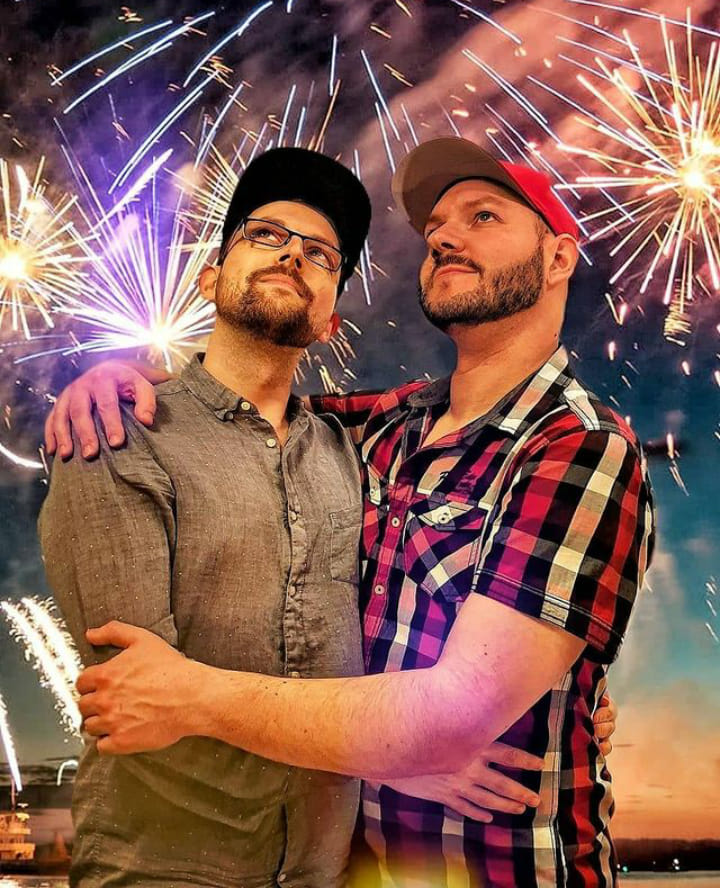
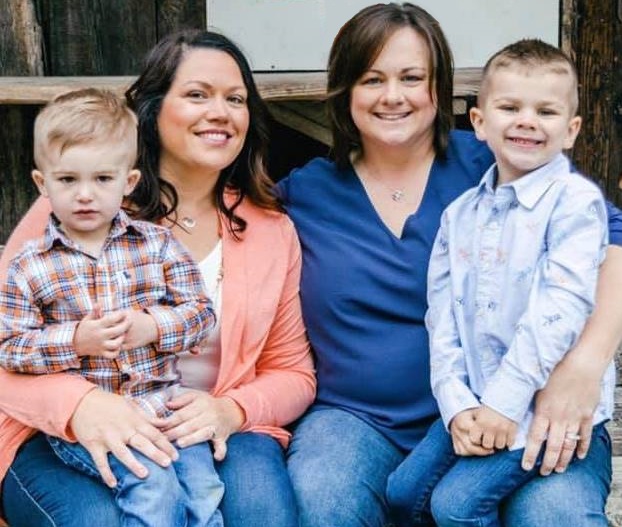
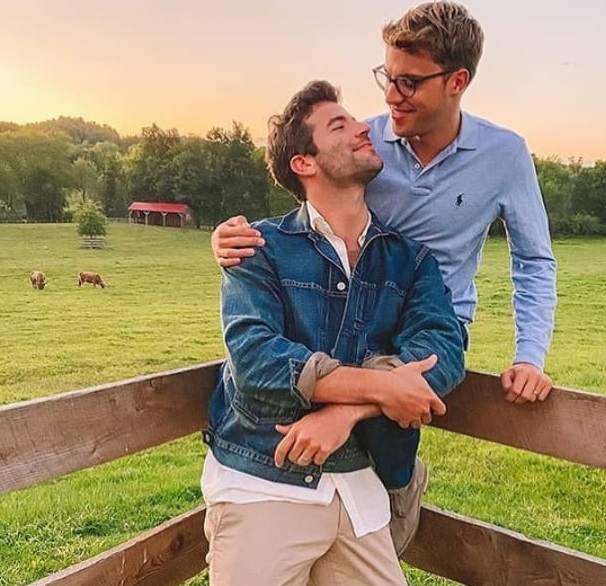
Small Town in Ohio Has Its First Pride celebration and the
Community Loved it
Matt and Blue: Gay Family Living in a Small Town
Nature Doesn’t Care if You’re Gay or Straight: Meet the
Gay Farmers Queering Agriculture
Small Town Gay Pride Parade
F150 by Dixon Dallas
Orville Peck & Willie Nelson: Cowboys Are Frequently
Secretly Fond Of Each Other
The Aunties: Working Harriett Tubman's Farm
Not As Bad You You Think:
LGBTQ People in Rural America
How to Be Queer in Country Music: The
Story of Mya Byrne
Better This Way: Country Song by Doug Strahm
Wild West: Much Gayer Than You Think
Small Town in South Dakota: Champion for Its LGBTQ
Neighbors
Growing Up in a Small Town Made This
Couple Realize Not All Gay People Dream of Big City Life
Building a More LGBTQ Inclusive South
Pride Source: Real Gay Cowboys
Dancing in the Living Room: Country Song by Cameron Hawthorn
Rural Queer Lifestyle
In
rural areas, the heterosexual family
unit is valued as an essential part of
life. It is the overtly dominant
lifestyle in these spaces, which makes
being queer a different experience than
one would have in a metropolitan area.
Masculine and feminine gender
representations operate differently for
those in rural areas because work done
by both genders is perceived as
masculine behavior in other non-rural
areas. Both men and women can exhibit
masculine features and be perceived as
normal. Many rural women work alongside
men on farms or in construction work,
thus certain types of masculinity
displayed by rural women are not
interpreted as lesbian behavior as they
might be in an urban or suburban
environment. As a result of female
gender representations being more
masculine for women in rural spaces,
femininity operates very differently
there, and thus so does lesbianism. This
masculine dynamic allows for some
lesbians to blend in quite easily, where
typical female attire can be wearing
flannels and cowboy boots. However,
deviations in style, such as short hair
or wearing ties, can still result in
judgment from the woman's surrounding
community. Emily Kayzak notes that “the
sexual identity of rural butch lesbian
women is not invisible in urban lesbian
cultures, their more butch gender
presentations do not do the same work in
rural areas because those gender
presentations are also tied to normative
(hetero) sexuality.” Generally,
lesbian-butch women are compatible with
rural lifestyles as long as they can fit
in with the typical masculine-female
appearance. Rural spaces have even been
referred to as makings for “lesbian
lands,” in part due to their ability to
blend in.
In the 1970s, women began to move to
agricultural communes where they could
live and work with other “country
women”. In these communities, lesbian
women built communes where they grew
their own food and created societies
away from men. They believed that living
and working in nature allowed them to
embrace their inherent connection with
nature. Gay men also partook in similar
activities; Bell and Valentine note how
the Edward Carpenter Community in
England hosts Gay Men's Weeks where they
conduct events related to
free-spiritedness and the embracement of
one's sexuality.
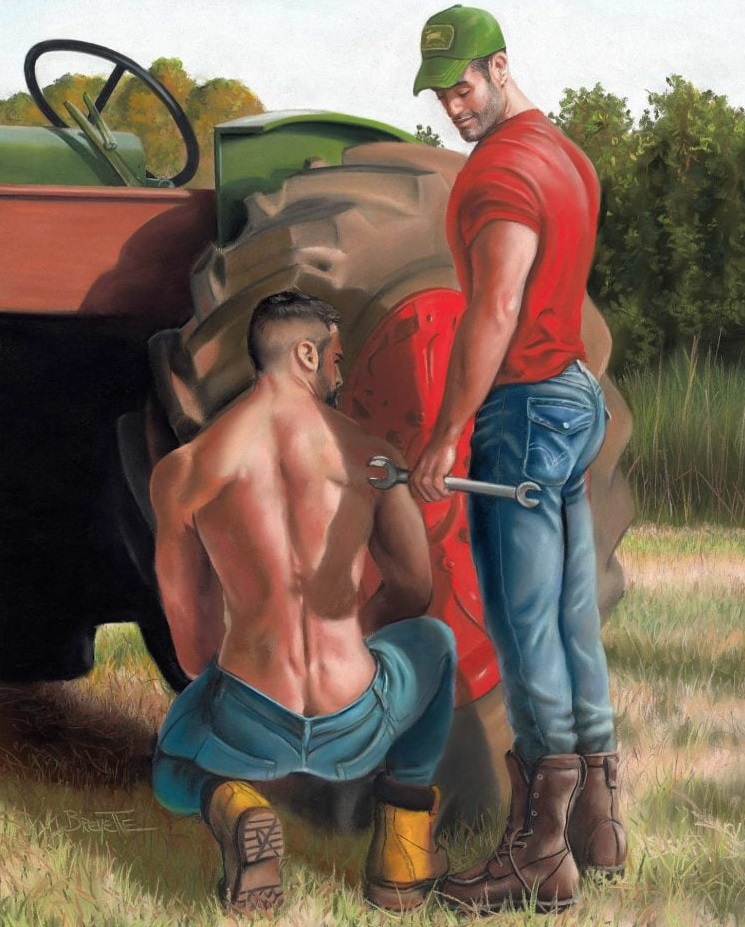
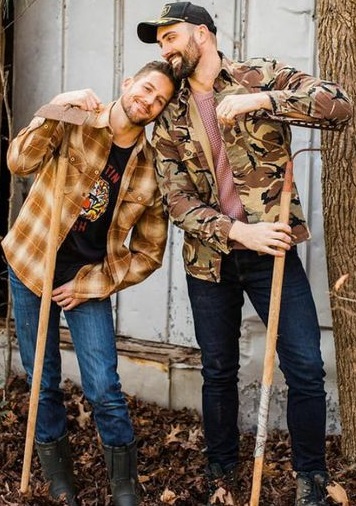
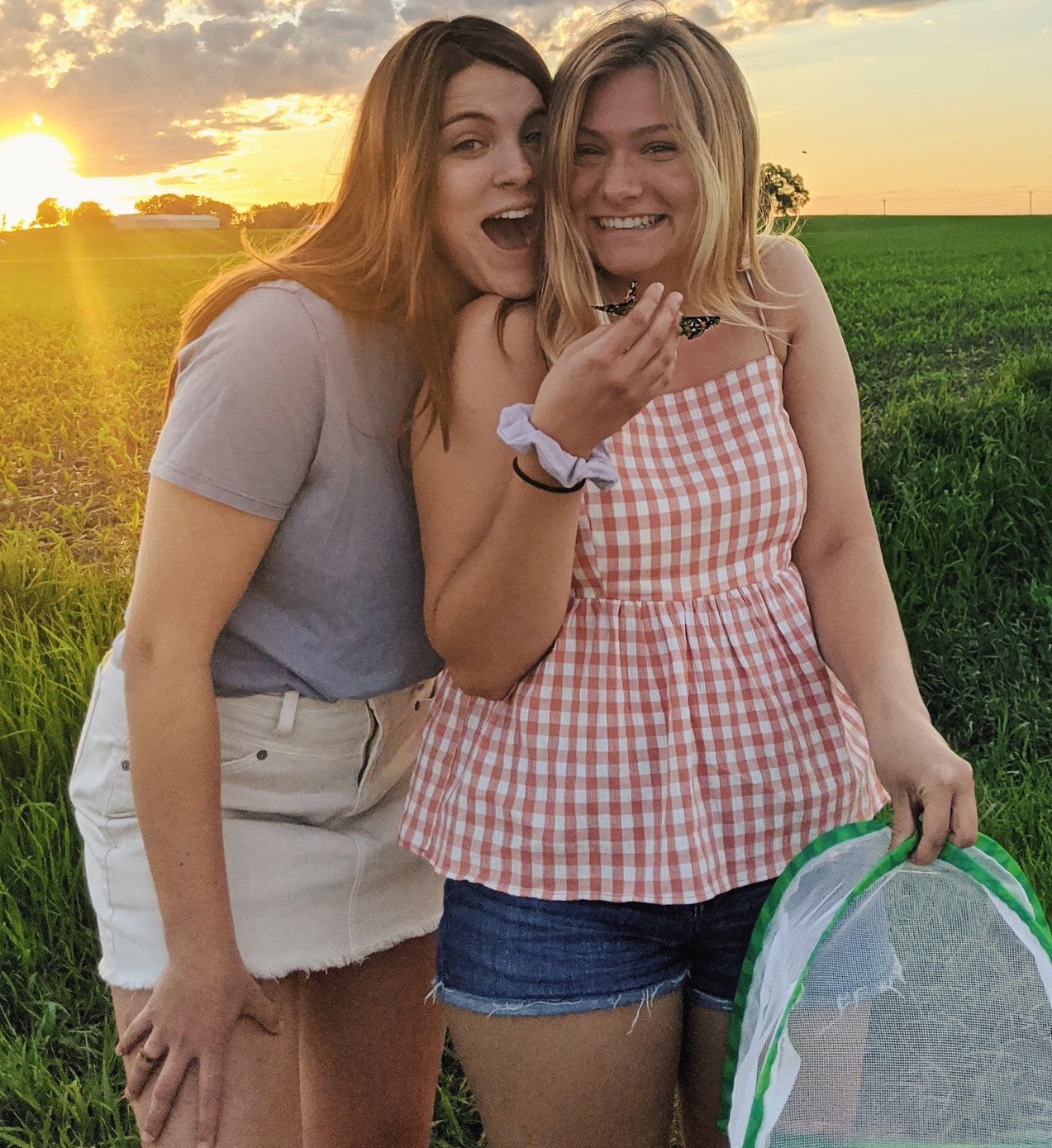
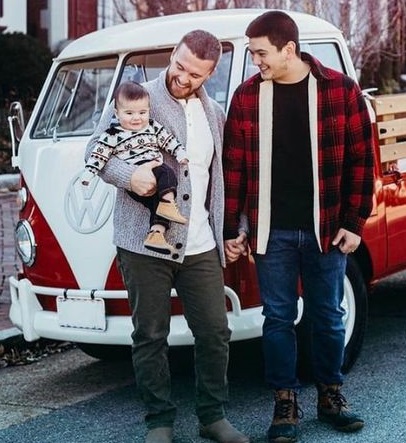
Growing Up
Gay in Appalachia
Queer Survival in Mississippi and the Bars That Saved Us
TV Series: "Farming for Love" Features Gay Farmer Kirkland Douglas
Emmanuel the Emu and Farmer Taylor Blake
Drop by The Tonight Show
Finding
LGBTQ Community in the Rural South
Christopher Macken:
Growing Up Gay in the South
Info: LGBTQ Southern,
Grassroots, Local, Community Projects
Lesbian
Farmers: Redefining Rural America
I Lassoed Queer Joy in a Rodeo-Loving
Town
I'm Not in
Love With You by Justin Hiltner and Jon
Weisberger
Young Girl Growing Up Gay
in a Conservative Hometown
Clearly
Gay in Small Town Alabama
Unapologetically Southern and Queer:
Invisible Histories Project
DC Rawhides: Country Music Dancing
Fabulous
Chicken Coop
For rural men, on the other hand,
“publicly disrupting normative gender
expectations arguably remains as, if not
more, contentious than homoerotic
desires.” In many places, as long as a
gay man subscribes to masculine
representations and activities, such as
wearing traditionally masculine attire
and working in manual labor, acceptance
comes much more easily. Deviations in
appearance, like dressing up in drag,
would be seen as very unacceptable, and
can result in harassment. Male
effeminate expressions and rurality are
generally seen as incompatible. Many gay
men in rural communities reject
femininity and embrace masculine roles.
Feminine gays typically face persecution
and disapproval from their community
members.
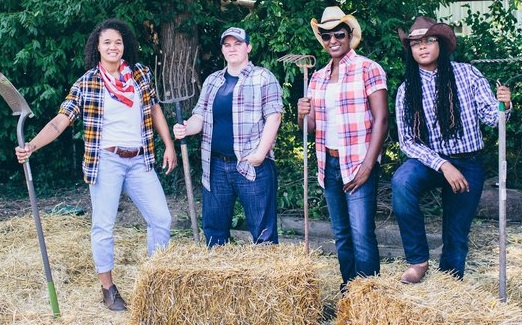
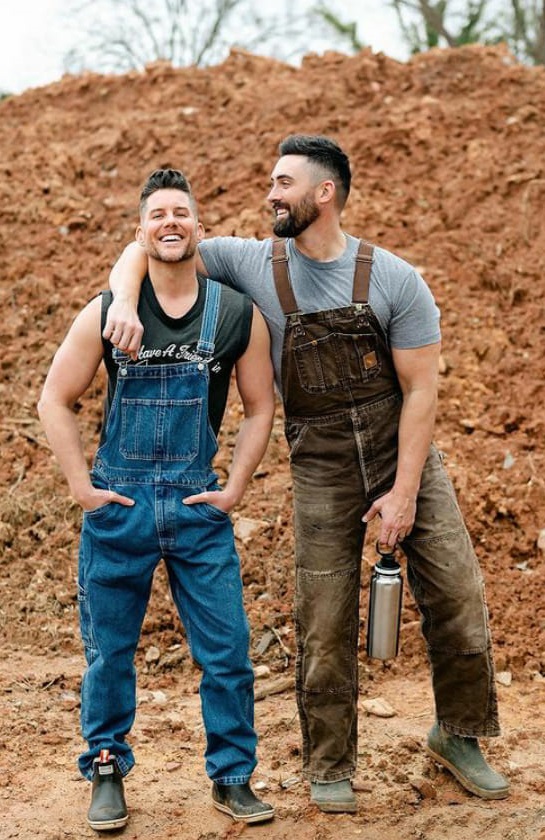
Research on Rural LGBTQ
People of Color
Cameron Hawthorn: Oh Hot Damn!
Nature Doesn’t Care if You’re Gay or Straight: Meet the
Gay Farmers Queering Agriculture
PFLAG: Experiences of
LGBTQ Students in Small Rural Towns
In the Face of Discrimination: LGBTQ Farmers are Hopeful
Advocate: What is a
Cottagecore Lesbian?
Ride Me Cowboy by Paisley Fields
In Appalachia, Hell Hath No Fury Like a Trans Goth With a Banjo
Understanding Southern
Culture
Queer individuals in rural areas, as in
many other places, face discrimination
and violence. In small rural areas,
perpetrators and victims are typically
both known to the surrounding community.
Even police, who are intended to hold up
the law, are known to commit crimes
against sexually marginalized people.
Brett Beemyn's review of John Howard's
piece "Men Like That: A Southern Queer
History" explains some of the roots of
violent hate crimes and discrimination
against queer people. In the 1960s,
amongst the acrimony of racists was the
tendency to depict African Americans as
sexual deviants. In addition, during the
civil rights movement African Americans
were known to have queer allies, thus
stereotypes of racial justice supporters
as engagers in perverted sexual acts
became prevalent in the 1960s and the
focus of discrimination spread to
include queer individuals in a more
direct manner.
In contrast, queer urbanites have gained
much more acceptance and visibility as a
result of gay rights movements and the
recognition of the potential of the
queer economy. Acceptance of queerness
is also much more common in suburban and
urban communities, because there is a
higher acceptance of diversity in
general. All cities have recognized,
visible gay neighborhoods. Gay couples
are more likely to live in urban areas
than are lesbian couples, as the urban
setting can be much more conducive to
gay culture and life. Amongst those with
higher income or education, acceptance
is also more prevalent. These two points
have led to an increase of the migration
of queer people from rural communities
to metropolitan areas. The cost of
moving to a city filters out some with
lower incomes, creating a class bias for
those who are more affluent. Yet
discrimination from community members,
local police, and even state governments
still occurs in urban spheres, although
cities typically maintain a relative
liberalism.
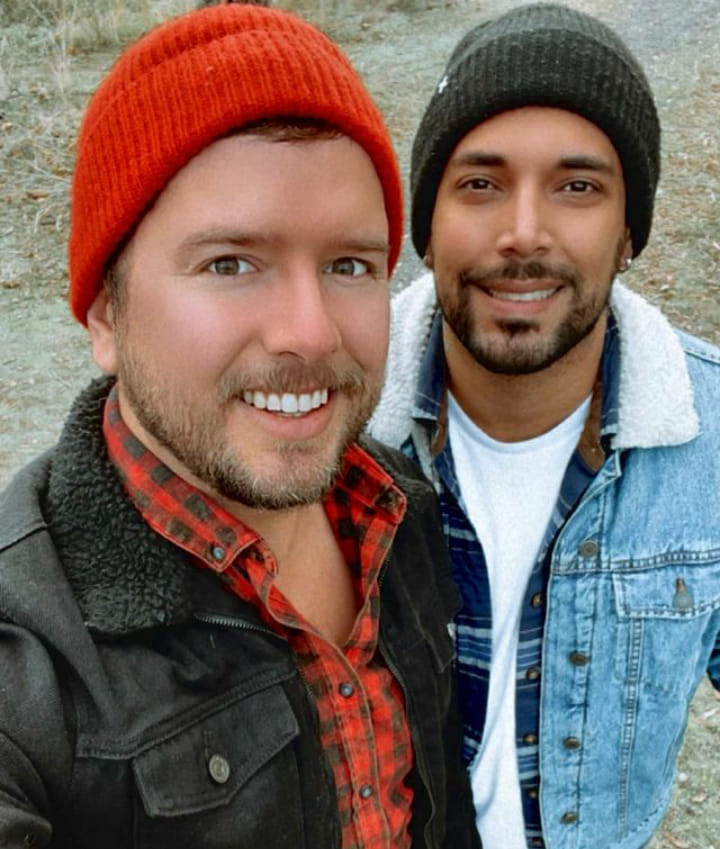
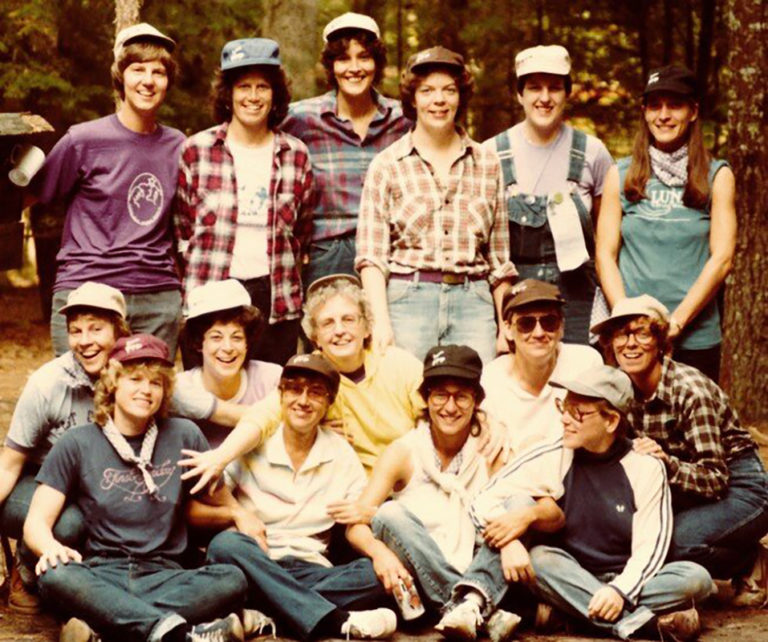
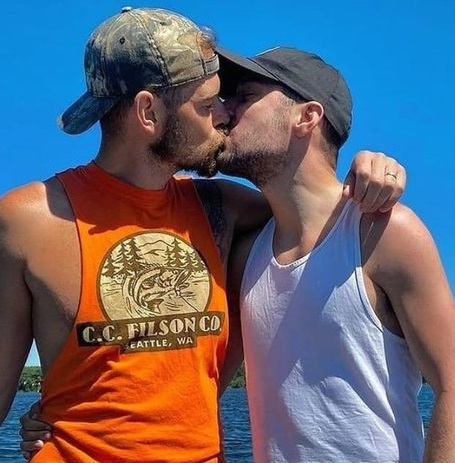
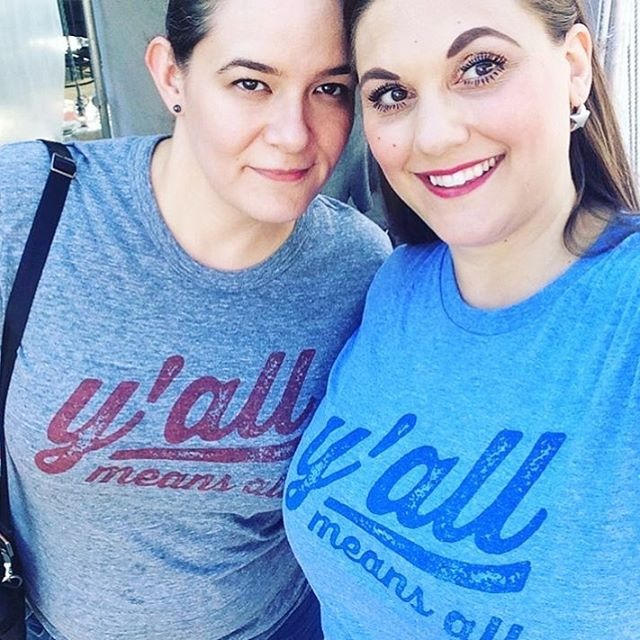
Being LGBTQ in the Deep
South
Country Queers: Joy and Pain of Rural LGBTQ Life
Leslie Jordan: Southern Gay
The Aunties: Farmers Donna Dear and Paulette Greene
Continue Harriet Tubman’s Legacy
Matt and Blue: Gay Family Living in a Small Town
Building a More LGBTQ Inclusive South
Being LGBTQ in Rural
Spaces
Patrick Haggerty: Singer Who Recorded
First Gay Country Songs Dies at 78
Y'all Means All (Queer Eye): Miranda
Lambert
Small Town Gay Pride Parade
Better This Way: Country Song by Doug Strahm
Advocate: What is a
Cottagecore Lesbian?
Southern Queers: New
Study Reveals the Reality of LGBTQ
People in the South
Rural
Queer Farmers
Other
communities of queer farmers prefer to
live a more conventional lifestyle with
a house and agricultural land of their
own. The documentary Out Here
portrays the lives of many rural queer
people across the United States, and it
shows how many queer people make a
living and are making a difference in
their communities through agriculture.
The documentary's creators also provide
many biographies about queer farmers on
their blog. The farmers documented have
a wide variety of experiences, from
being a specialty cattle farmer to an
urban community gardener at a
non-profit. The farmers surveyed state
that they feel that farming provides a
place where it is free to experiment,
and is a place where queers naturally
belong. They also describe the
discrimination that they have faced
throughout their agricultural careers,
from social isolation to having
fungicide dropped on them in the field.
Farmers and Friends, a helpline for
closeted gay farmers in England, was
created to help farmers deal with
discrimination and to provide emotional
support. Many closeted queer farmers
risk being outed by their communities,
which could lead to loss of their
livelihoods and community ties.
The eco-queer movement aims to draw
attention to the intersectionality of
nature and sexuality. Part of this
intersectionality is the reason why many
queer individuals may not feel
comfortable in a rural setting due to
the population dynamics that generally
occur in these areas, which mainly
consist of straight, middle-class, white
men. Because of this, many queer farmers
have taken to growing food in urban
environments so that they can be
agricultural while maintaining their
queer lifestyles.
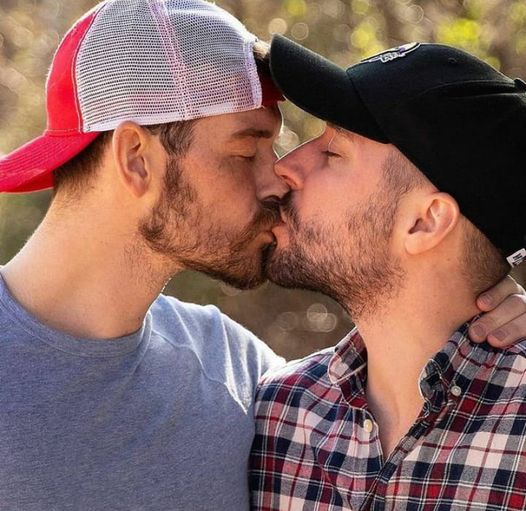
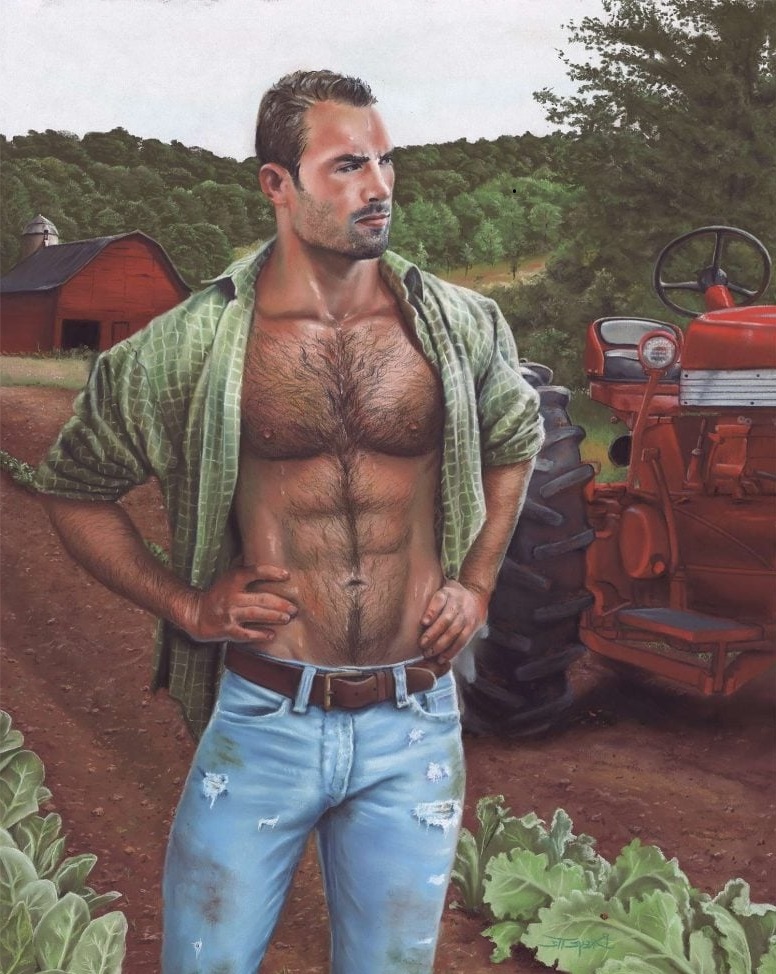
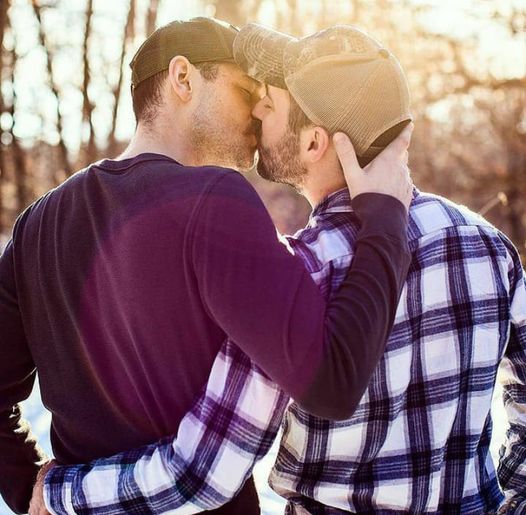
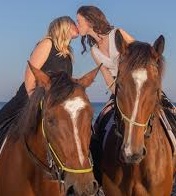
Same Old Country Love Song by Brian
Falduto
Atlanta: American South's Sweet Peach of
LGBTQ Progress
GLAAD Stories: LGBTQ Life
in the South
MAP Report: LGBTQ People
in Rural America
Being Queer in the Country
Christopher Macken: Growing Up Gay in
the South
Tyler Childers - In Your Love
Country Singer Chris Housman: Guilty as
Sin
Country Star Ty Herndon
Marries Boyfriend in Tennessee Wedding
Southern Queers: New Study Reveals the
Reality of LGBTQ People in the South
Small-Town Pride Celebrations Show LGBTQ
Life Is Flourishing in America
LGBTQ Youth in the South Face Greater Mental Health
Challenges
What Frank Ocean’s ‘Thinkin Bout You’
Meant To A Black Queer Boy In The South
Fabulous
Chicken Coop
Queer
Rural Political Activism
Many
queer political organizers believe
reform is more difficult to pass in
rural communities that are less tolerant
of queer lifestyles. It is harder to
mobilize communities in rural spaces
where queer populations are less dense
and financial contributions are limited.
This has led to a divestment in formal
rural queer political organizing.
Because political activism has been
silent in rural communities, many
Americans assume rural queer people do
not exist, or that they only do so only
before moving to more urban and
accepting communities. This assumption
has created a misrepresentation of the
US queer population. US Census data
shows that 66% of South Dakotan same-sex
households were located outside of urban
areas. Queer communities exist outside
urban areas, although they are generally
less visible.
A lack of visibility and political
attention has left queer people more
vulnerable to institutional
discrimination. Compared to the
heterosexual population, they have
reduced access to housing and healthcare
and face greater employment
discrimination. In South Dakota, only
29% of rural same-sex households own
homes, compared to 84% of married
heterosexual couples. There are
generally fewer community resources and
support groups for queer individuals in
rural areas, as more limited local
resources do not facilitate their
existence.
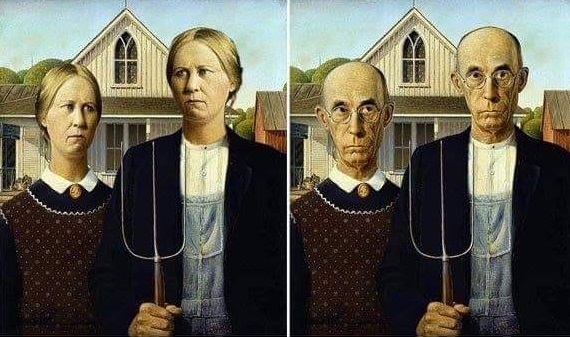
Gay Rodeo: Hall of Fame
LGBTQ Pride in Rural Missouri
Queer Survival in Mississippi and the
Bars That Saved Us
In Appalachia, Hell Hath No Fury Like a Trans Goth With
a Banjo
Photographer Luke Gilford Finds Queer Joy
in Queer Cowboys
Young Girl Growing Up Gay in a
Conservative Hometown
International Gay Rodeo Association: John King Interview
GLAAD Stories: LGBTQ Life
in the South
Info: LGBTQ Southern, Grassroots, Local, Community
Projects
Black and Gay in
Birmingham
Nature Doesn’t Care if You’re Gay or Straight: Meet the
Gay Farmers Queering Agriculture
Hometown:
Country Song
by Brandon Stansell
LGBTQ and Rurality
Understanding Southern Culture
Legislation often neglects rural queer
populations, leaving them without
protection under the law. In a 2006
custody case, a mother found herself
unfit to care for her child and
relinquished rights to a queer
caretaker. Once the new guardian's
sexuality was discovered the court ruled
against the biological mother's request,
stating that "the adoption would not be
in the best interest of the child." The
court used rurality in their reasoning
to reject the request, citing "stigma
that the child may face growing up in a
small, rural town with two women, in
whose case she was placed at the age of
six, who openly engage in a homosexual
relationship." The court found the state
of Georgia a more fit guardian than a
rural queer couple.
Despite similar cases, many fights in
rural areas are won in state courtrooms.
The Iowa Supreme Court struck down the
state's defense of marriage statute,
which made it one of the first states to
allow same-sex marriage, affecting the
predominantly rural population. This
action was met with political
resistance. The Iowa electorate voted to
not retain all three judges, marking the
first time in Iowa's history that a
judge had not been retained since 1961.
Many rural politicians have cited their
reluctance to come out in support of
same-sex marriage, for fear of similar
political repercussions. Representative
Paul Davis, the 2014 Democratic
gubernatorial nominee in Kansas, voted
against a constitutional ban on same-sex
marriage three times in the state
legislature, but did not take a
definitive stance on the issue in his
run for governor. More liberal and urban
districts can offer public officials a
politically safe place to take stances
on issues that are not popular in
predominantly rural states.
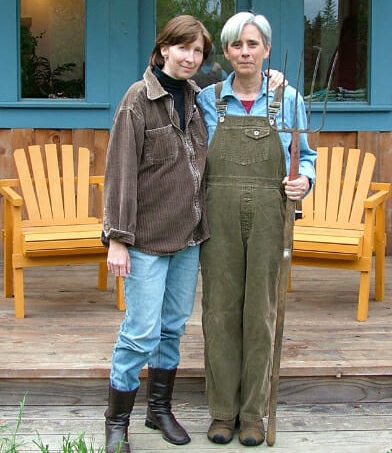
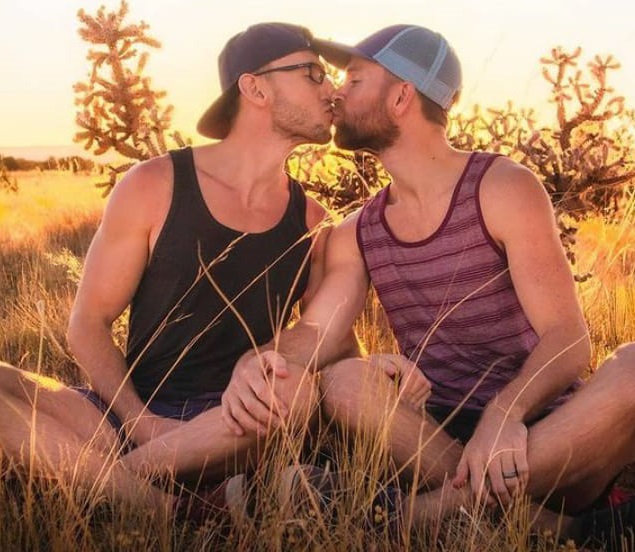
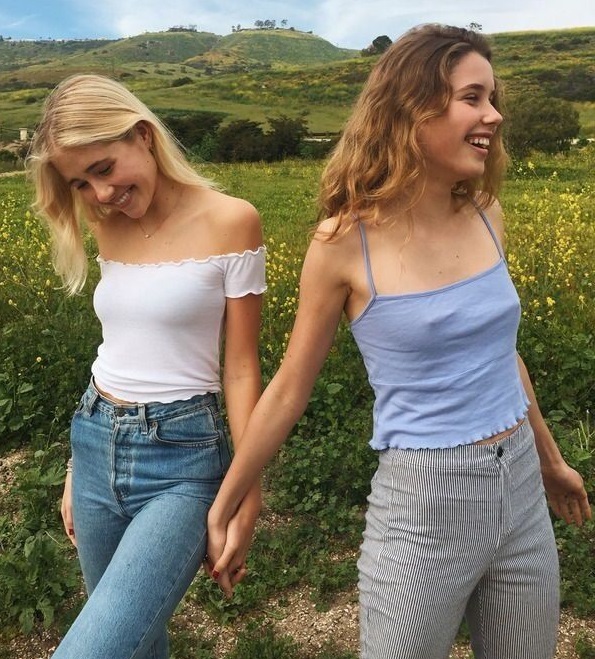
I Lassoed Queer Joy in a Rodeo-Loving Town
Advocate: What is a
Cottagecore Lesbian?
Orville Peck & Willie Nelson: Cowboys Are Frequently
Secretly Fond Of Each Other
Not As Bad You You Think:
LGBTQ People in Rural America
Point of Pride: How to Be
Queer in a Small Town
Finding LGBTQ Community in
the Rural South
TV Series: "Farming for Love" Features Gay Farmer
Kirkland Douglas
How to Be Queer in
Country Music: The Story of Mya Byrne
F150 by Dixon Dallas
In recent years, the country has seen a
shift in national public opinion on
queer issues, which has spread to rural
communities. In 2006, 71 Wisconsin
counties voted to ban same-sex marriage,
while only one county voted against the
ban. Opinion has since overwhelmingly
shifted. According to a 2014 poll by
Marquette Law School, only 35% of voters
in the Green Bay media market, a
predominantly conservative area, still
support the marriage ban, compared to
65% of the population in 2006.
Queer visibility plays a critical role
in political activism, though this has
not been a viable strategy for many
rural queer people. Being openly queer
can lead to more discrimination and
isolation in rural spaces. Rural queer
individuals have had to re-imagine how
to make political and social progress in
their communities. New digital media has
opened more political options for rural
queer people. Social media is a means to
expand local communities and allow rural
queer individuals to take part in a
larger queer community. Access to queer
people's experiences are available on
blogs and websites and provide access to
the terminology needed to describe and
understand their experiences. New media
can give rural queer individuals the
political tools and connections to make
changes in their own communities.

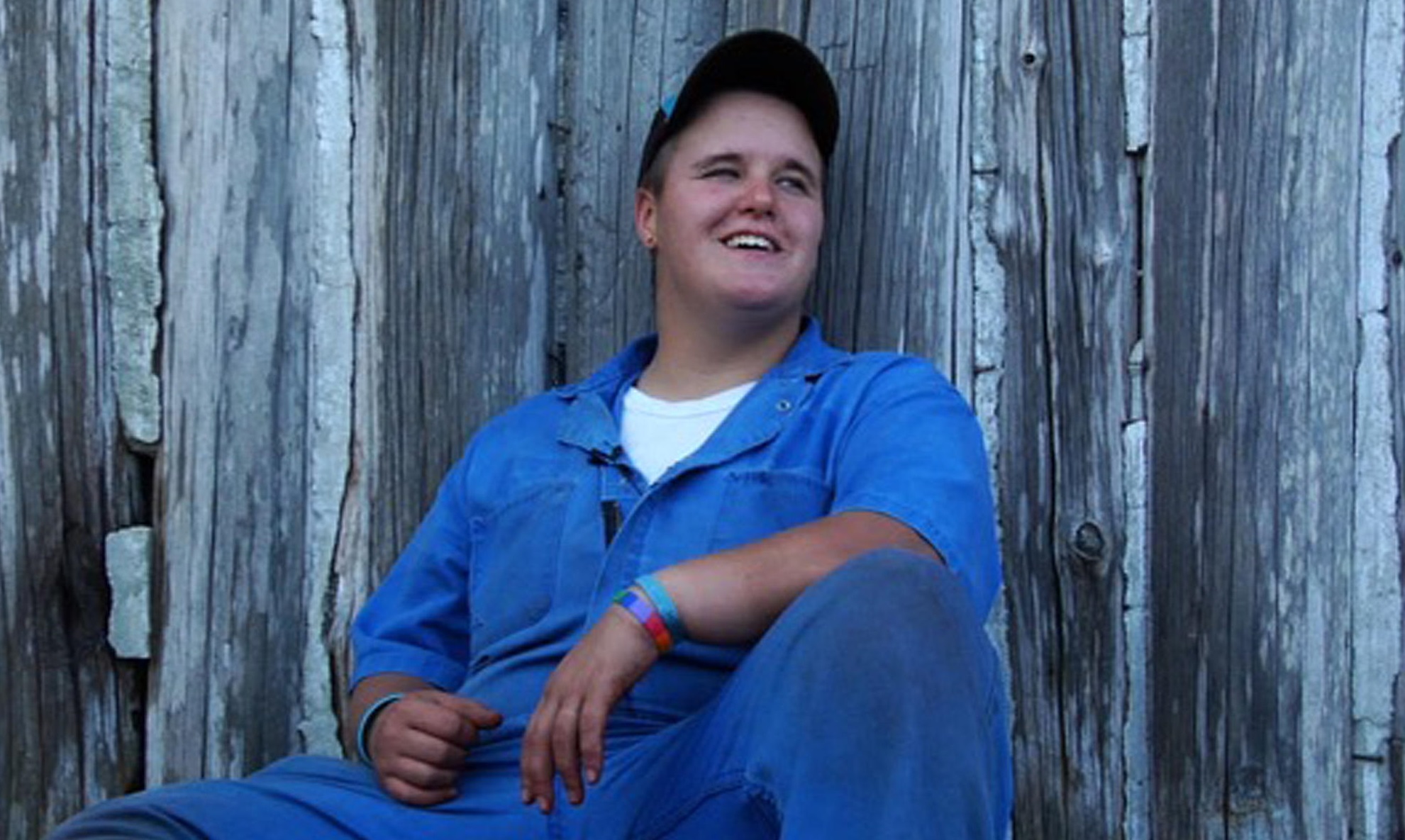
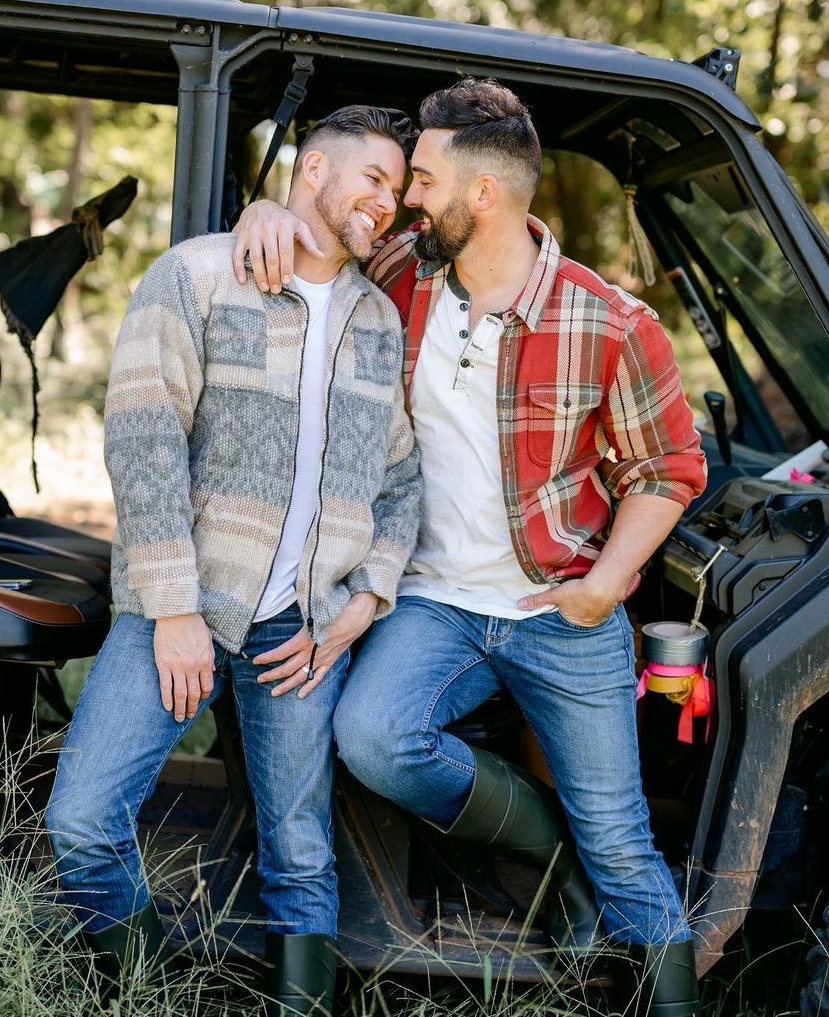
All American Boy: Country Song by Steve Grand
LGBTQ and Rurality
Advocate: LGBTQ People of
Color in Rural America
Emmanuel the Emu and Farmer Taylor Blake
Drop by The Tonight Show
Rednecks for Black Lives:
Southerners Fight for Racial Justice
Finding LGBTQ Community in
the Rural South
Country People: Gay Short
Film
Small-Town Pride Celebrations Show LGBTQ
Life Is Flourishing in America
LGBTQ Nation: Rural Pride Events
Ever Been to the Gay Rodeo?
Country Queers Project
When Rae
Garringer was growing up on a farm in
southeastern West Virginia in the 1980s
and 1990s, LGBTQ people (both real or
fictional) were nowhere to be found. “I
grew up without TV, and it was mostly
pre-internet, so I just didn’t know any
queer people,” Garringer, 35. “I never
met queer people my age, and I wasn’t
seeing queer representation in the place
that I existed; I just think I didn’t
even realize that it was kind of an
option.”
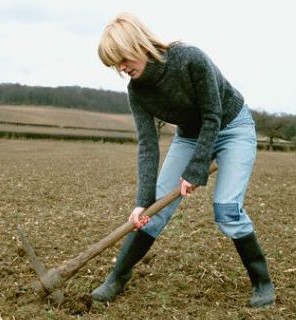
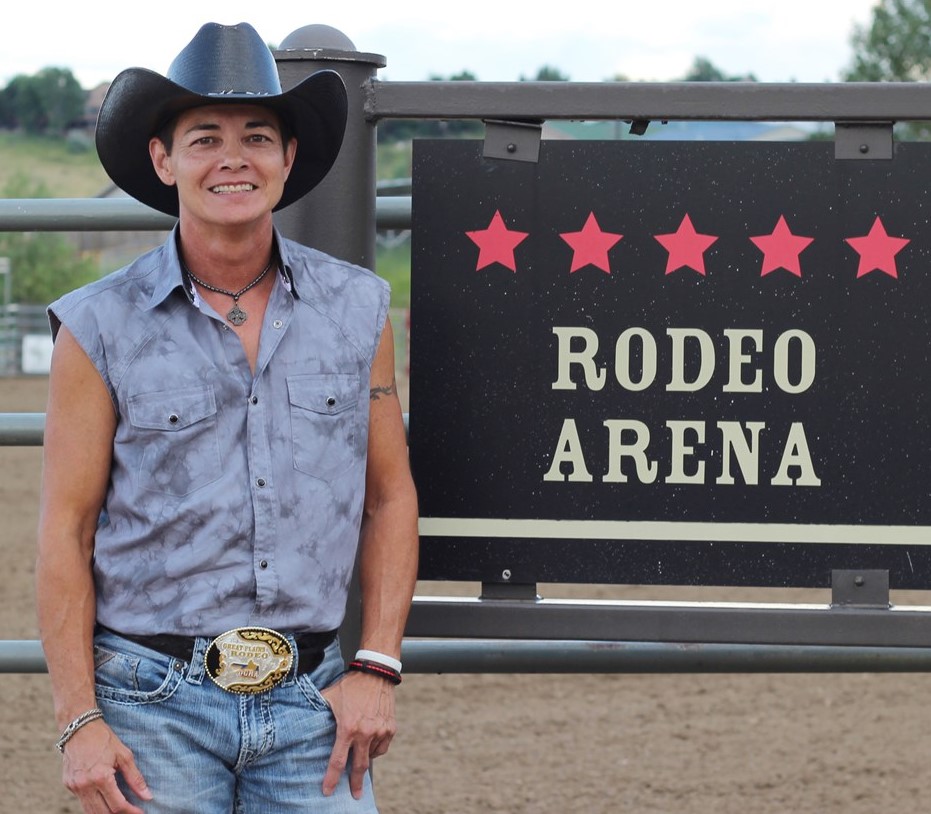
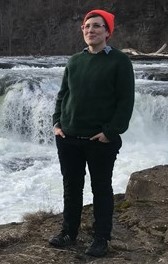
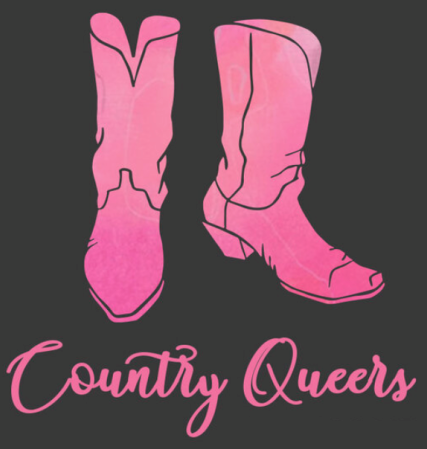
It wasn’t until Garringer, who uses
nonbinary they/them pronouns, moved away
to Massachusetts for college in 2003
that they met other LGBTQ people and
embraced their sexual orientation and
gender identity. After living away for
several years, first at university and
then in liberal Austin, Texas, Garringer
questioned whether they could live
openly and find a queer community of
friends back home. Then in 2011, after
eight years away, Garringer headed back
to the farm for a job opportunity and to
be closer to family.
Garringer,
who now lives in neighboring Kentucky,
said their move back to West Virginia
was “healing” and filled with “joy.” But
while queerness was not as hidden as it
had been, it was still far from easily
visible. “I was just really frustrated
that it was so hard to find rural queer
stories and histories, and it was also
very hard to find each other in
small-town spaces,” Garringer said.
So in 2013, feeling a need to find a
sense of community, Garringer had an
idea. They carried a tape recorder and
set out to document the diverse
experiences of LGBTQ individuals living
in rural towns across the United States.
Those interviews turned into Country
Queers, a multimedia, oral-history
project. The stories collected by
Garringer over the years have been
shared on the Country Queers website and
Instagram page, and starting June 30,
the new Country Queers podcast
will debut on Apple Podcasts, Spotify
and Stitcher.
Angel Olsen: All The Good Times
Christopher Macken: Growing Up Gay in the South
Over Half of LGBTQ
Southerners Say Parents Tried to Repress Their Identity
Country Singer Chris Housman: Guilty as Sin
LGBTQ Pride Celebrations Held in Rural or
Small-Town America
Pride Source: Rural Americans Are LGBTQ Too
Being LGBTQ in the Deep
South
Country Queers: Joy and Pain of Rural LGBTQ Life
Leslie Jordan: Southern Gay
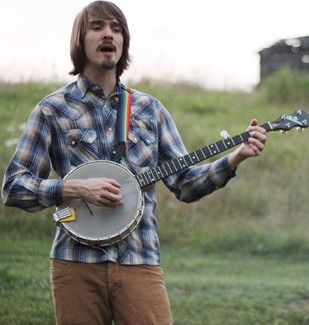
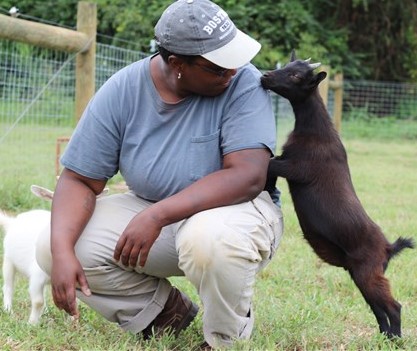
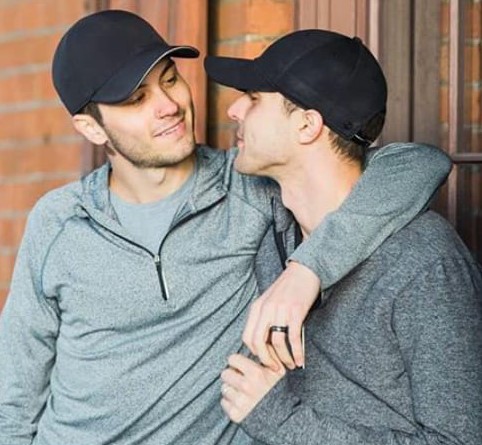
For the
past seven years, Garringer has
interviewed 65 people from 15 states
(from Arizona to Vermont )and has
collaborated with queer organizations
including the Two Spirit National
Cultural Exchange, the Kansas Queer
Youth Network and the International Gay
Rodeo Association. With the help of a
Kickstarter campaign, Garringer was able
to buy a camera and take a long road
trip to six states in the summer of
2014, driving a total of 7,000 miles to
interview 30 people in 30 days. In a
piece Garringer wrote for Scalawag,
a Southern storytelling website, they
said their aim is to share stories that
portray “the full contradictory glory
that is human life. I believe in the
power of those of us living an
experience daily sharing stories of the
messy complicated joy, pain, monotony
and fabulosity of rural and small town
queer life."
Early on in the project, it was clear to
Garringer that rural queer experiences
are not monolithic, which is why
Country Queers aims to document
rural, queer people of different races,
ages, religions, socioeconomic
backgrounds and occupations.
[Source: Gabriela Martinez, NBC News,
June 2020]
Country Queers:
Podcast
Country Queers: Joy and Pain of Rural LGBTQ Life
Gay Rodeo: Hall of Fame
Southern Queers: New Study Reveals the
Reality of LGBTQ People in the South
Building a More LGBTQ Inclusive South
Growing Up Gay in
Appalachia
Photographer Luke Gilford Finds Queer Joy
in Queer Cowboys
LGBTQ Pride in Rural Missouri
International Gay Rodeo Association: John King Interview
Conversation with Gay Fly
Fisherman
Hometown:
Country Song
by Brandon Stansell
Growing Up in a Small Town Made This
Couple Realize Not All Gay People Dream of Big City Life
GLAAD Stories: LGBTQ Life
in the South
Not As Bad You You Think:
LGBTQ People in Rural America
Queer in Rural America
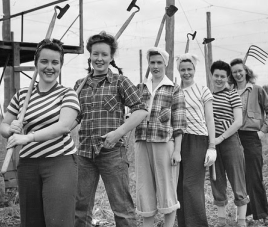
Being Gay in Tennessee
Wasn't Always Easy
LGBTQ and Rurality
LGBTQ People: Fundamental
Part of the Fabric of Rural Communities
Patrick Haggerty: Singer Who Recorded
First Gay Country Songs Dies at 78
Growing Up Gay in a Small
Conservative Texas Town
Research on Rural LGBTQ
People of Color
Queering the Redneck
Riviera
Advocate: What is a
Cottagecore Lesbian?
Josh Burford: Chronicler of Southern LGBTQ History
Clearly Gay in Small Town
Alabama
TED Talk: The LGBTQ
Community Could Save Small Towns
MAP Report: LGBTQ People
in Rural America
Wild West: Much Gayer Than You Think
Invisible Histories
Project: Gay Southern History
Lesbian Farmers:
Redefining Rural America
Being Queer in the Country
PFLAG: Experiences of
LGBTQ Students in Small Rural Towns
LGBTQ Nation: Lesbian and
Trans Hillbillies Taking Over Rural America
Matt and Blue: Southern
Boys
Unapologetically
Southern and Queer: Invisible Histories Project
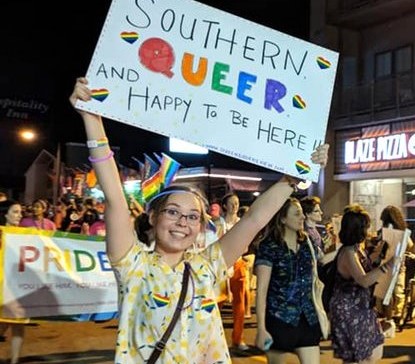
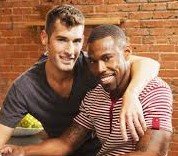
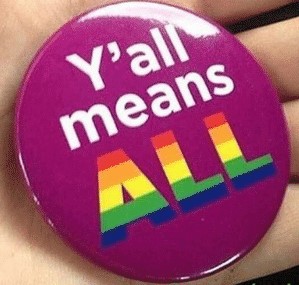
Black and Gay in
Birmingham
Farming is Tough: Being
LGBTQ Makes it Tougher
Leslie Jordan: Southern Gay
Point of Pride: How to Be
Queer in a Small Town
Young Girl Growing Up Gay in a
Conservative Hometown
Gay Farmer Breaking Down
LGBTQ Stereotypes
Todd and Tyler: Isolating
in the Woods
Ki Ya Yah Yippee Ki Yay: Thirst-Trapping
Gay Cowboys
Finding LGBTQ Community in
the Rural South
Son of a Preacher Man: Country
Song
by Tom Goss
Huff Post: Lesbian
Farmers: Growing Rural America
Living in the South as a
Gay Person
Farming While Gay
"I
grew up on the family farm, but there’s
no place for me on the farm. The
future’s not there for a gay farmer."
-Ryan
Reed, Now Working as Gay Rodeo Cowboy
"I
never thought that I would get the
opportunity to combine my personal life
and farming. I thought to myself,
well you can’t be gay if you’re a farmer.
The two did not go together. I initially
thought that I had to hide my sexuality
to be a farmer and then I thought that I
had to hide being a farmer to be gay.
However, through awareness, inclusion
and shifting attitudes, I am now living
the normal life. Normal is living
with the person you love and doing the
things you’re passionate about. Life is
too short not to."
-Ben
Lewis, Gay Farmer
"One of
my customers did not renew my contract
after two years because of who I am."
-Ari
Rosenberg, Lesbian, Now Working as Urban
Farmer in Philadelphia
"Farming in general is rural. And in a
rural environment, LGBTQ does not fly."
-Nathan
Looney, Trans, Now Working as Urban
Farmer in Los Angeles
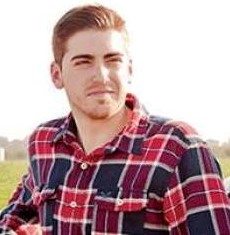
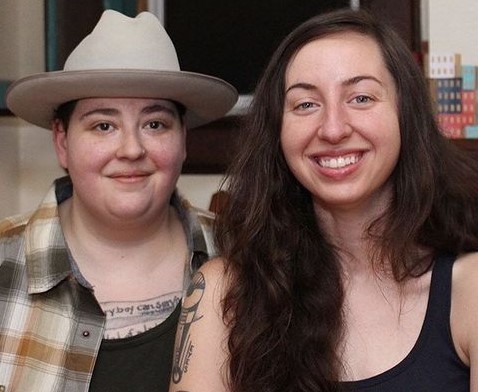
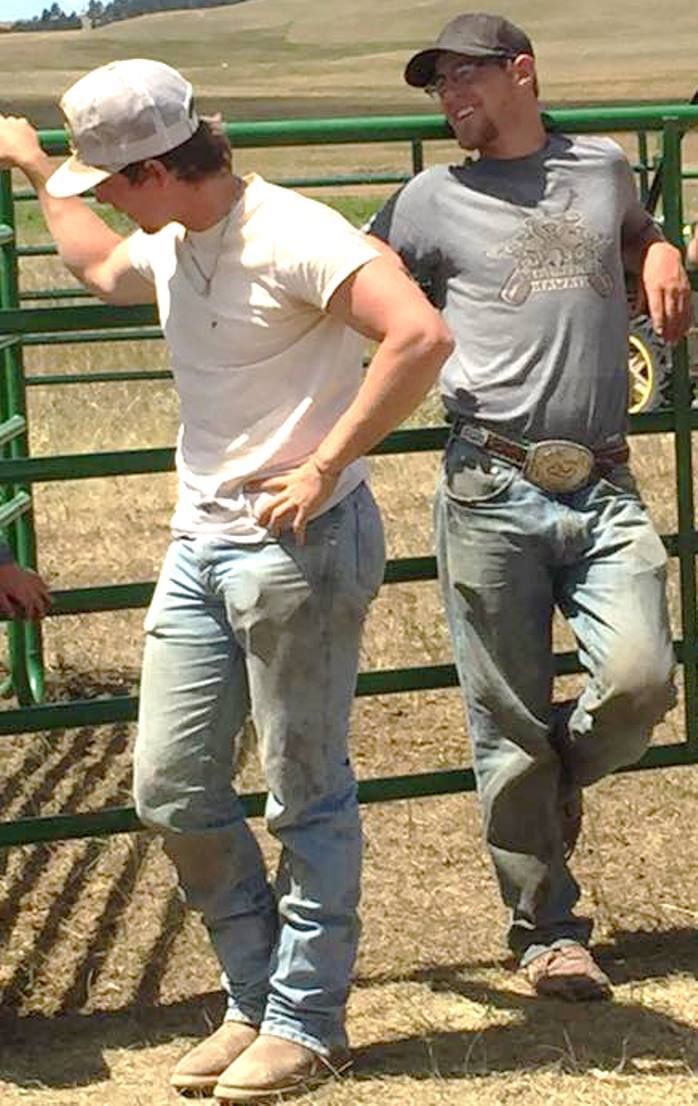
In Appalachia, Hell Hath No Fury Like a Trans Goth With
a Banjo
TV Series: "Farming for Love" Features Gay Farmer
Kirkland Douglas
LGBTQ Pride Celebrations Held in Rural or
Small-Town America
Country People: Gay Short
Film
Over Half of LGBTQ
Southerners Say Parents Tried to Repress Their Identity
Advocate: Champions of
Pride from the South
LGBTQ Institute: Southern
Survey
Country Teens
Christopher Macken: Growing Up Gay in the South
Small Town in South Dakota: Champion for Its LGBTQ
Neighbors
In the Face of Discrimination: LGBTQ Farmers are Hopeful
Gay Rodeo History
Although being an urban farmer,
especially in an area that is much more
welcoming of those in the LGBTQ
community, feels like a lighter lift, it
still comes with challenges, says Nate
Looney, a transgender farmer in Los
Angeles. “I live in a bit of a bubble
because of where I live, but I’m also
aware that I present as a cis, straight
black man,” he says. “Even living here,
I never talked about being transgender
when I started farming, as a measure of
self preservation, given the
predominantly conservative nature of
agriculture.”
He adds that since he’s also a military
veteran, that was one more factor
allowing him to “fly under the radar,”
but at a 2018 Farmer Veterans Coalition
talk, he officially outed himself, as a
way to bring more awareness to that fact
that, yes, there are transgender
farmers. “It’s definitely easier to not
call attention to yourself as an LGBTQ
farmer, but I came to the point where I
felt like people in the agricultural
community need to understand that we’re
here, and that we’re just as passionate
about farming as any other farmers,” he
said.
There is still, obviously, a long way to
go. Rural LGBTQ people are less likely
to have explicit nondiscrimination
protections, more likely to live where
there are religious exemption laws
allowing service providers to
discriminate, and tend to have fewer
alternatives when facing discrimination.
And, as Looney shares, even urban
farmers can feel challenged by the
dominant conservatism of the agriculture
industry.
But there are some signs of hope. For
example, Looney says, at a recent
farming conference, the biggest caucus
group was the LGBTQ table, and that gave
him hope. Also, he points out that some
large agricultural companies, like
Bayer, either have LGBTQ groups already
or have been talking about starting
them.
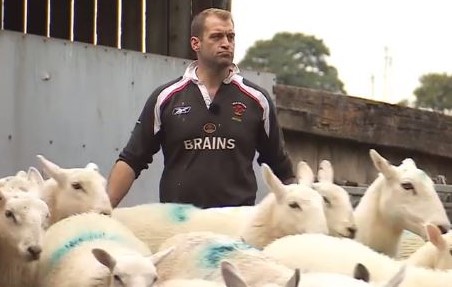
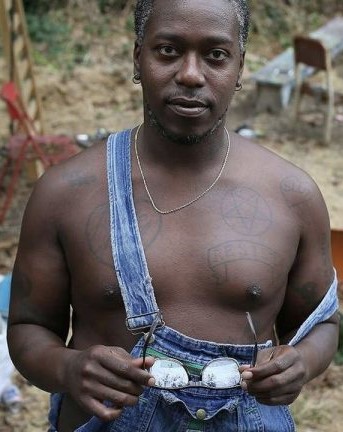
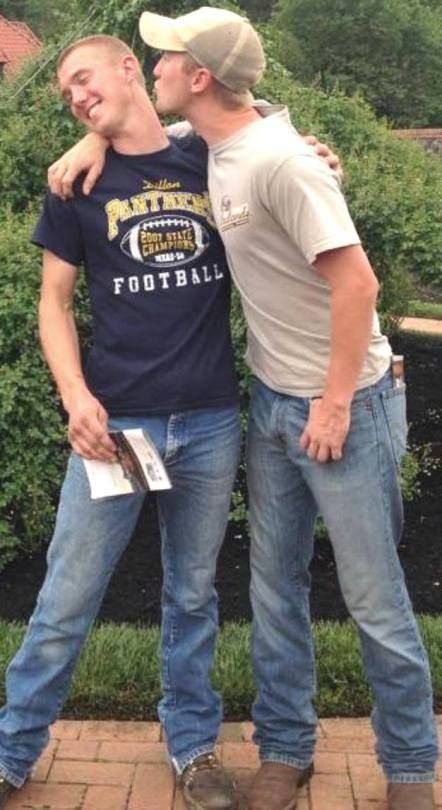
Understanding Southern Culture
NBC News Report: Gay in Rural America
LGBTQ Community is
Transforming the South
Emmanuel the Emu and Farmer Taylor Blake
Drop by The Tonight Show
GLAAD Stories: LGBTQ Life
in the South
All American Boy: Country Song by Steve Grand
LGBTQ Nation: Rural Pride Events
Invisible Histories
Project: Gay Southern History
MAP Report: LGBTQ People
in Rural America
Pride Source: Rural Americans Are LGBTQ Too
Wild West: Much Gayer Than You Think
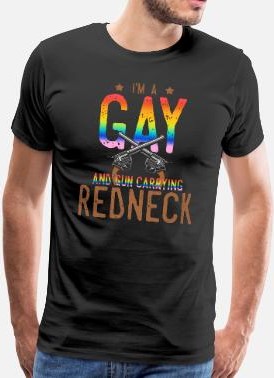
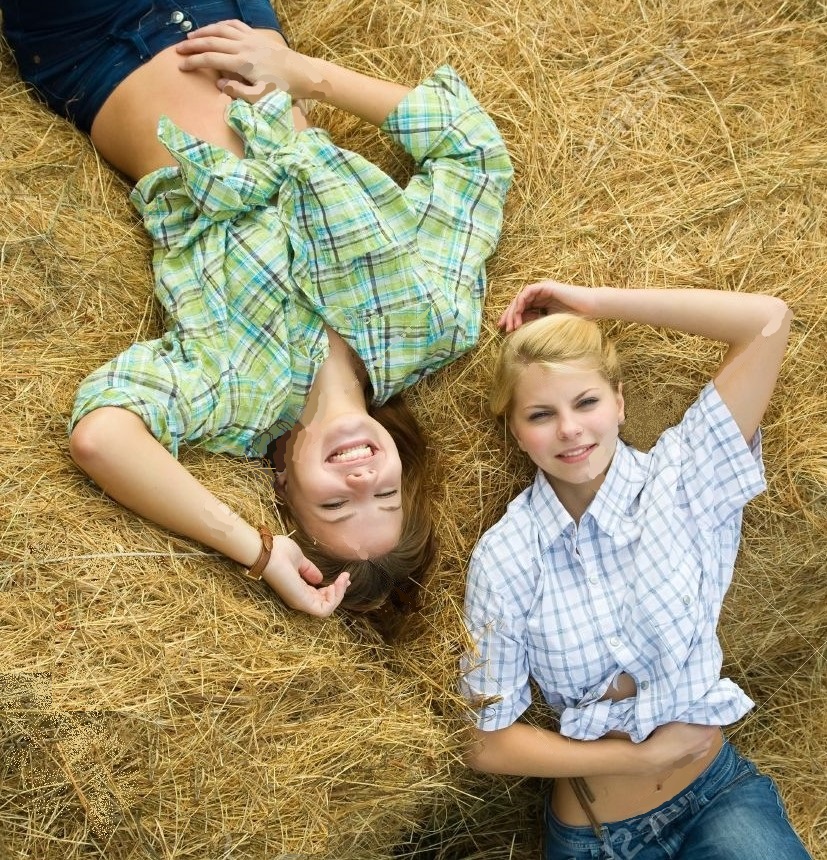
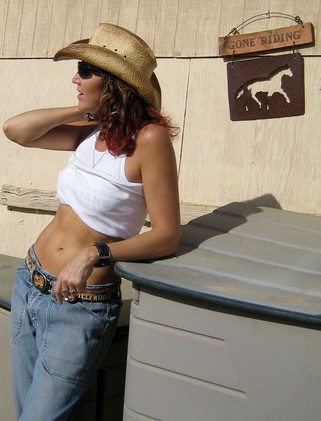
LGBTQ
Folks in Rural Settings
"As
time went on, my sexuality became known
across the school. No one ever outwardly
gave me a problem aside from whispers
and stares in the hallway and cafeteria.
I learned that the small minds in my
town were generally accepted as the
status quo."
-Alex
Yates, Trans Teacher
"Most
queer people I know from my small town
in Idaho have left by now. At a certain
point, when you’re walking down the
street and hear the daily, casual
homophobia dribbling out of the mouths
of camo-decked hicks spitting chew onto
the sidewalk, you say enough. You
don’t say it to them, because they’ll
hit you or shoot you. But you become
convinced that there is no place for
you, that there will never be a place
for you there, and you leave."
-K., Queer Librarian from Idaho
Though urban areas are often considered
huge draws for those in the LGBTQ
community (a 2015 Gallup poll found that
San Francisco, Portland and Austin all
ranked highest in the country for the
largest LGBTQ population), little is
written about those LGBTQ people who
choose to call rural communities home.
However, a recent study finds that of
the 62 million Americans who live in
rural areas, between 2.9 and 3.8 or 15
to 20 percent of that number identify as
LGBTQ and call rural America home.
“General societal stereotypes and pop
culture portrayals of LGBTQ people
suggest that LGBTQ people live solely in
urban settings, while stereotypes and
portrayals of rural communities rarely,
if ever, include LGBTQ people — except
as targets of anti-LGBTQ violence, or as
people yearning to leave their rural
home to migrate to ‘more accepting’
urban areas,” says the study.
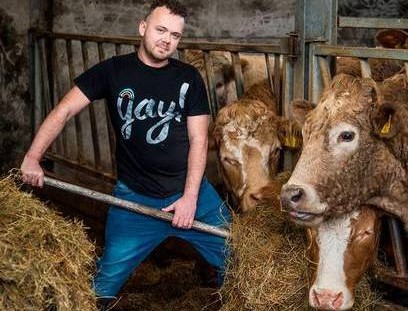
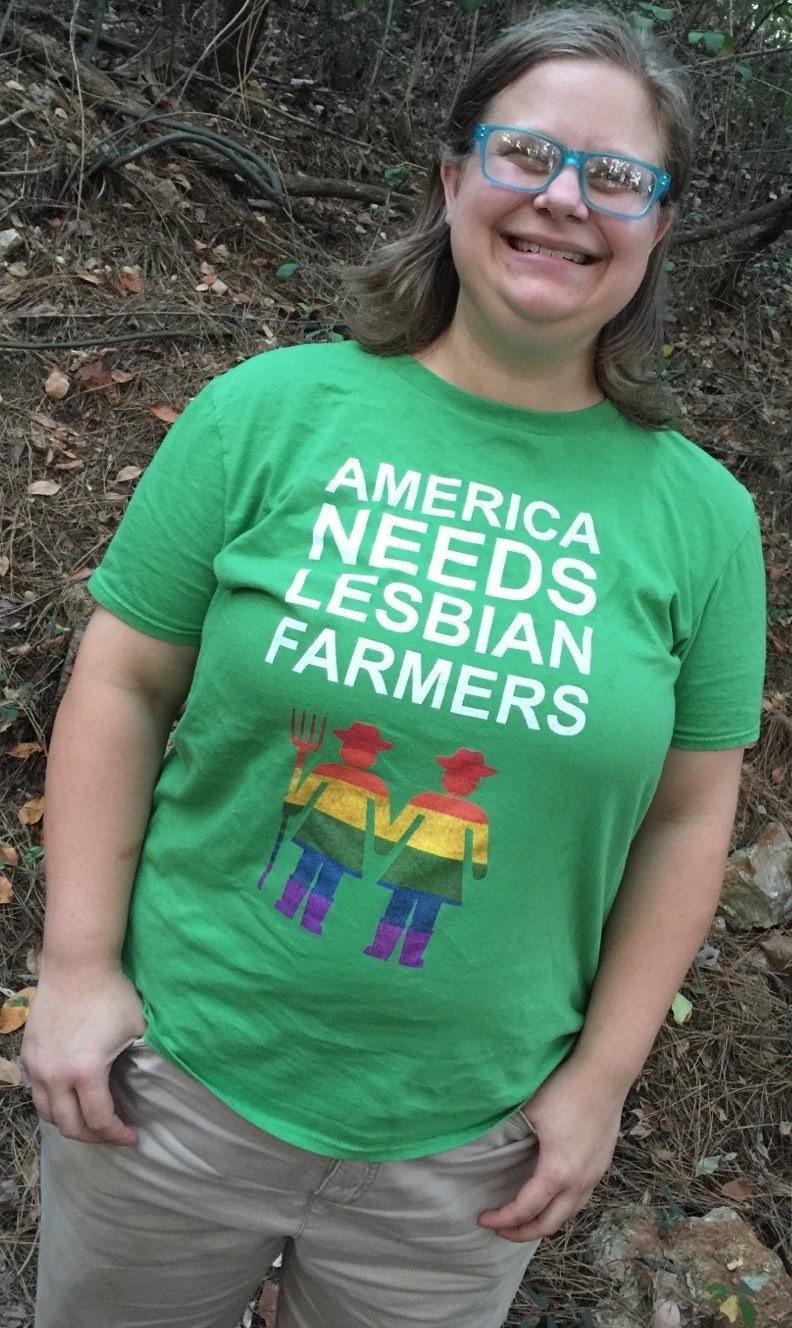
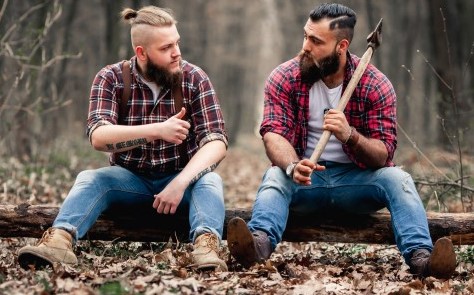
Advocate: LGBTQ People of
Color in Rural America
Redneck Lesbo by Jennifer
Corday
TV Series: "Farming for Love" Features Gay Farmer
Kirkland Douglas
Being Queer in the Country
Small Town in South Dakota: Champion for Its LGBTQ
Neighbors
LGBTQ and Rurality
Country Singer Chris Housman: Guilty as Sin
Queering the Redneck
Riviera
Pride Source: Real Gay Cowboys
Dancing in the Living Room: Country Song by Cameron Hawthorn
The
study’s authors go on to say that those
stereotypes falsely create “singular
understandings” of how and where one can
“be” LGBTQ in the US, unfairly excluding
those who do not adhere to the urban
“expectations” of the LGBTQ community.
“In reality, not only do LGBTQ people
live in rural America, but many of them
want to and enjoy living in rural
America,” the study says.
The study makes clear at the outset that
to find a singular example of the “LGBTQ
experience” would be impossible, but it
does show that those members of the
community who live in rural America and
responded to inquiries by the authors
described their communities similarly:
“built around family and close-knit
community; centered around strong social
institutions such as churches, schools
and local businesses; deeply connected
to place and the environment; and based
in a sense of efficacy and self-reliance
to make change in their own
communities.”
In rural settings, there is increased
visibility for members of the LGBTQ
community. The study found that lower
population calls more attention to
anyone “different,” and that being open
about one part of their identity puts
people in the LGBTQ community at risk of
having that information spread among
people more quickly than in urban areas.
Due to the interconnectedness of rural
life, both positive and negative
impressions about a person may spread
throughout the community more quickly.
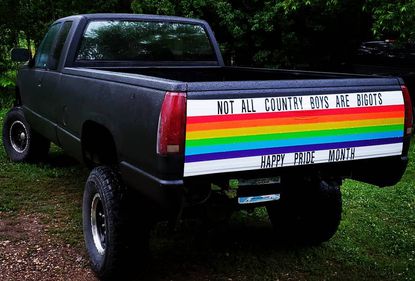
“For
example, if a person is excluded from
their faith community for being gay,
they may have a difficult time at work
or finding a job, because their church
members may also be their coworkers or
potential employers,” the study said.
“This effect may also work in a positive
way: if a rural church community or
employer takes a supportive stand for
local LGBTQ residents, that support can
also ripple outward to other areas of
life.”
Rural LGBTQ folks are vulnerable to
discrimination. On average, the report
states that public opinion tends to be
less favorable regarding LGBTQ issues,
“but it is far more diverse than might
be assumed.” Still, rural areas are less
likely to have non-discrimination
policies for the LGBTQ community living
there, fewer LGBTQ elected politicians
and less of a sociopolitical
infrastructure available to advance an
understanding of the community. The
study pinpointed three ways in which
these factors can come together to
expose LGBTQ people to more
discrimination.
[Source:
Eve Kucharski, Michigan News, May 2019]
Being LGBTQ in the Deep
South
Photographer Luke Gilford Finds Queer Joy
in Queer Cowboys
Building a More LGBTQ Inclusive South
Country Queers: Oral Histories
Finding
the LGBTQ Community in the Rural South
LGBTQ
Nation: Lesbian and Trans Hillbillies
Taking Over Rural America
Queering
the Redneck Riviera
Leslie Jordan: Southern Gay
Gay Farmers: Bilkurra Homestead
Not As Bad You You Think:
LGBTQ People in Rural America
Advocate: Champions of
Pride from the South
Growing Up Gay in Small
Town America
Time:
Country Song
by Steve Grand
MAP Report: LGBTQ People
in Rural America
International Gay Rodeo
Association
Growing Up Gay in
Appalachia
Ki Ya Yah Yippee Ki Yay: Thirst-Trapping
Gay Cowboys
Christopher Macken: Growing Up Gay in the South
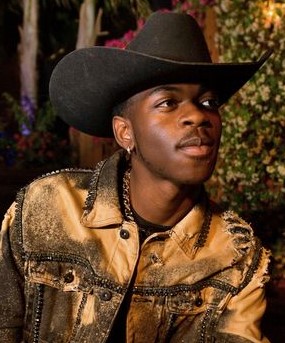
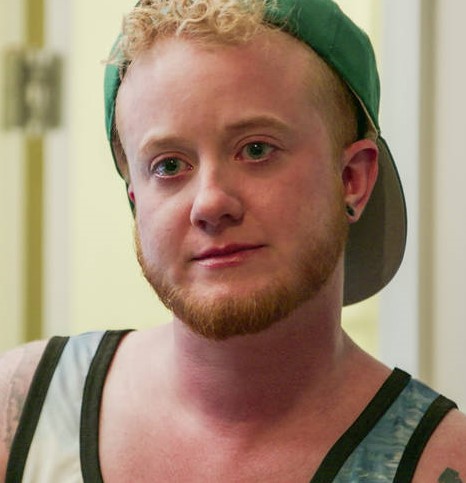
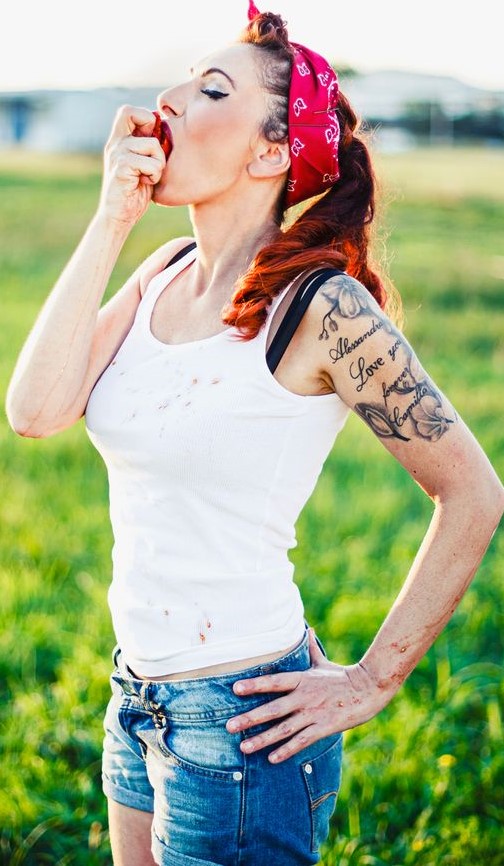
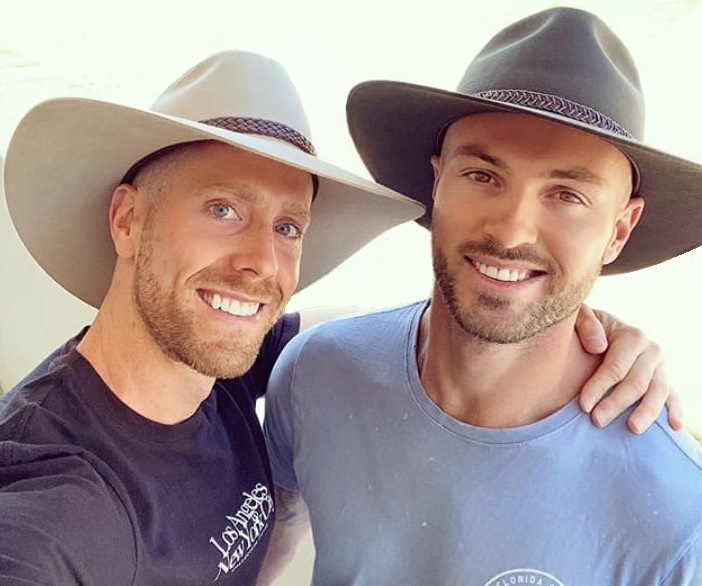
LGBTQ People: Fundamental
Part of the Fabric of Rural Communities
Clearly Gay in Small Town
Alabama
Being Gay in Tennessee
Wasn't Always Easy
Y'all Means All (Queer Eye): Miranda
Lambert
Country Singer Sam Williams, Son of Hank Williams Jr,
Comes Out as Gay
Country People: Gay Short
Film
Being LGBTQ in Rural
Spaces
Unapologetically
Southern and Queer: Invisible Histories Project
Growing Up in a Small Town Made This
Couple Realize Not All Gay People Dream of Big City Life
Queer in Rural America
Fabulous Beekman Boys: Gay
Green Acres
Living in the South as a
Gay Person
Young Girl Growing Up Gay in a
Conservative Hometown
Gay Farmer Breaking Down
LGBTQ Stereotypes
Huff Post: Lesbian
Farmers: Growing Rural America
Gay
Country Boys
According to Urban Dictionary, a country
boy is a guy born and raised in the
country, usually the American South. A
true country boy has rather short hair,
and no piercings. They dress in nice,
clean-looking clothes, and only wear
ripped jeans to work in. The definition
goes on to describe country boys as
strong, hard-working, and very
masculine. Chances are, he drives a
truck. In a relationship, a country boy
is usually an old-fashioned gentleman.
But can they be gay? Well, it turns out,
there are quite a few gay country boys
living our in rural America. And here
are some shout-outs from those gay
country boys:
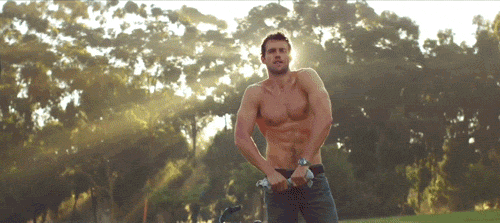
--Gay redneck farm boy here. Born and
raised in the middle of nowhere. So,
yup, we exist.
--Gay country boy checking in from Iowa.
Grew up on a hog farm, horseback riding,
hunting, fishing, mudding. I’ll always
be a country boy at heart.
--I'm queer and I spent the first
18 years of my life living and
working on a family ranch in east Texas.
Got my degree in Agricultural Science,
and I’m employed in the livestock
industry. I’ve just contentedly resigned
myself to the fact that it’s my lot in
life to work with cattle.
--I'm a gay guy living in Oklahoma, and three quarters
of the Grindr profiles here are for guys
with pickup trucks looking for someone
to go hunting, fishing, and mudding
with.
--I always think gay country boys are
hot, like in Brokeback Mountain,
right? That’s very country.
--My gay boyfriend is a country boy. He grew
up in the bible belt of Alabama.
--I’d love to meet some gay country
boys. I am exhausted by these uppity
city gays I’ve been dealing with. I am assuming that gay
country boy have more productive,
meaningful things to do besides throwing
shade and spilling tea.
[Source: Graham Gremore, October 2016]
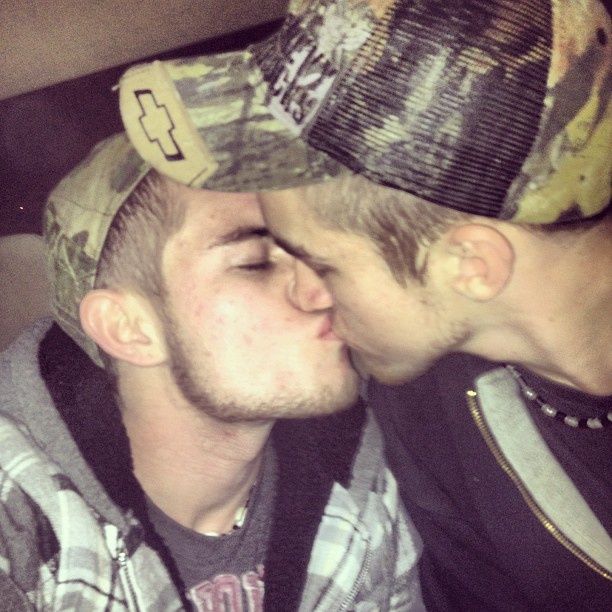
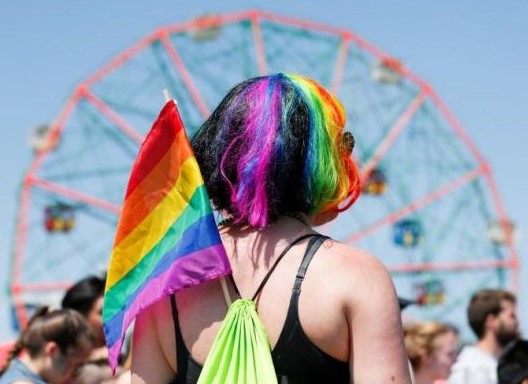
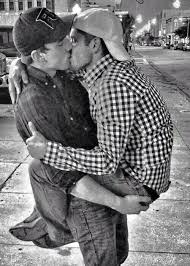
Growing Up Gay in
Appalachia
Wild West: Much Gayer Than You Think
Men Reveal What It’s Like to Be Gay in Isolated Rural
Areas
Lesbian Farmers:
Redefining Rural America
Emmanuel the Emu and Farmer Taylor Blake
Drop by The Tonight Show
Being Queer in the Country
I Lassoed Queer Joy in a Rodeo-Loving Town
LGBTQ Nation: Lesbian and
Trans Hillbillies Taking Over Rural America
Huff Post: Lesbian
Farmers: Growing Rural America
Queering the Redneck
Riviera
Photographer Luke Gilford Finds Queer Joy
in Queer Cowboys
Leslie Jordan: Southern Gay
Son of a Preacher Man: Country
Song
by Tom Goss
LGBTQ Institute: Southern
Survey
Small Town in South Dakota: Champion for Its LGBTQ
Neighbors
Gay Rodeo History
LGBTQ
Institute: Southern Survey
What
do LGBTQ people in the south say life is
really like for them? The LGBTQ
Institute’s inaugural Southern Survey
gives an insight into the lives of
people living in places where government
policies are often hostile toward them.
A huge proportion of the country’s LGBTQ
adults live in the South. So do lots and
lots of hate groups. That sad irony
isn’t lost on Ryan Roemerman, the
executive director of the LGBTQ
Institute at the National Center for
Civil and Human Rights in Atlanta. “We
have some of the most LGBTQ populated
areas, yet we’re under attack most
often,” he says. As Roemerman sees it,
such attacks happen two ways: through
discriminatory anti–LGBTQ state
legislation preventing marriage and
workplace equality, and also through
physical intimidation and assault.
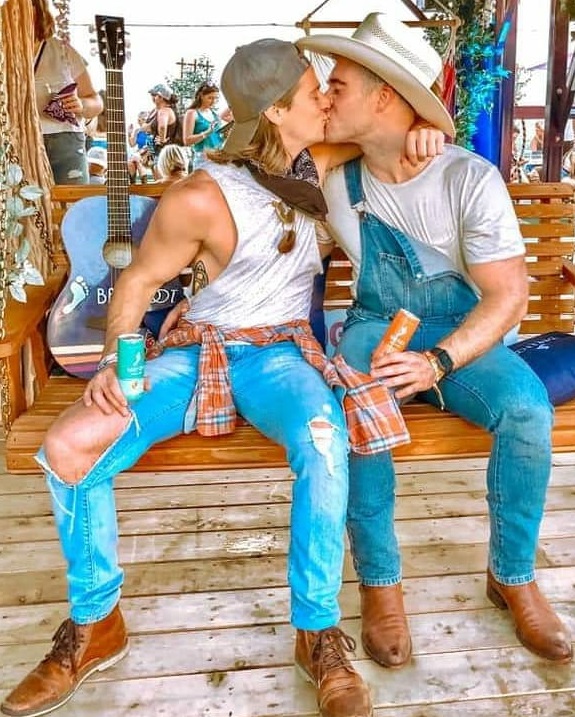
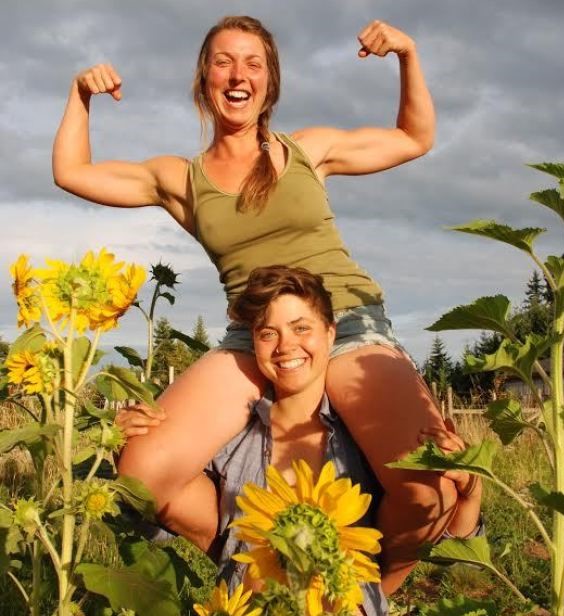
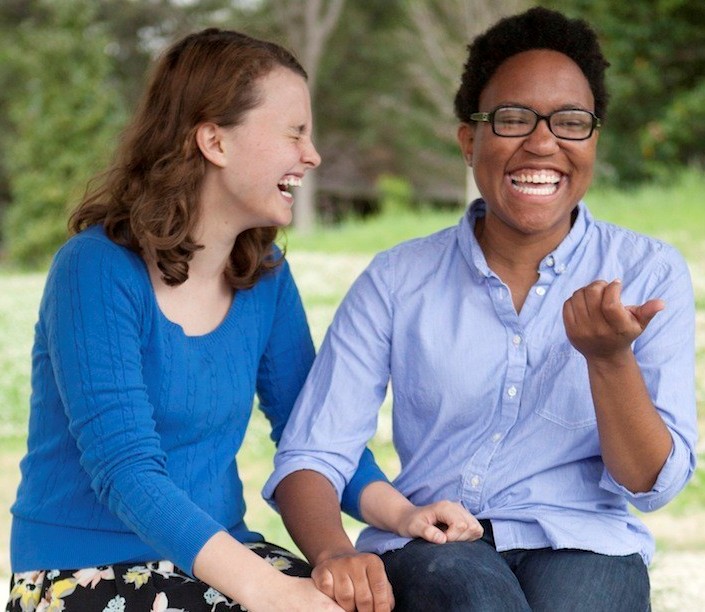
Part of
the issue is that there’s been little
research about who is being affected,
how, and the ways they’d like people,
companies, and legislators to better
support them. But, recently the LGBTQ
Institute released its inaugural
Southern Survey of more than 6,500
residents across 14 states. The data was
collected in partnership with
researchers at Georgia State University,
who coordinated with 146 nonprofits
throughout the region. “Our mission is
to connect academics and advocates to
advance LGBTQ equity through research
and education focused on the American
South,” Roemerman says. The effort works
a lot like a highly detailed census for
gay Southern life. It will inform, and
hopefully inspire, more funding for
three main areas of concern: education
and employment, public health and
wellness, and criminal justice and
safety.
As the report notes, there’s been at
least one large generational shift:
Younger respondents appear more
self-aware and open about their sexual
orientation and gender identity at an
earlier age than older folks have been
in the past. At the same time,
discrimination remains rampant: More
than 25% of all respondents report
having been the target of jokes and
slurs within the last years. Other forms
of bigotry include being rejected by a
friend or family member (17%), feeling
unwelcome at a place of worship (14%),
and receiving poor service at a
restaurant or other kind of business
because of their sexual orientation
(13%). In many cases, those rates are
nearly twice as high among transgender
people.
Lesbian
Farmers: Redefining Rural America
Slow Down: Country Song by Brandon
Stansell and Ty Herndon
Interview: Married Mountain Men of West
Virginia
Ever Been to the Gay Rodeo?
Invisible
Histories Project: Gay Southern History
Over Half
of LGBTQ Southerners Say Parents Tried
to Repress Their Identity
Growing Up Gay in the Christian South
Advocate:
LGBTQ People of Color in Rural America
LGBTQ Pride Festivals in Rural Canada
Growing Up Gay in the Country
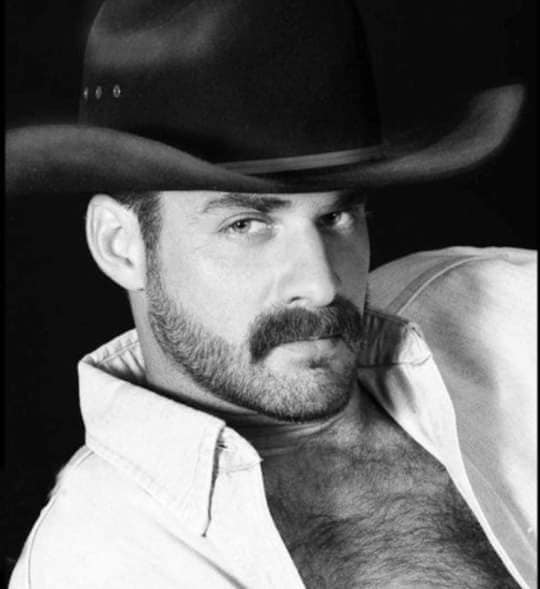

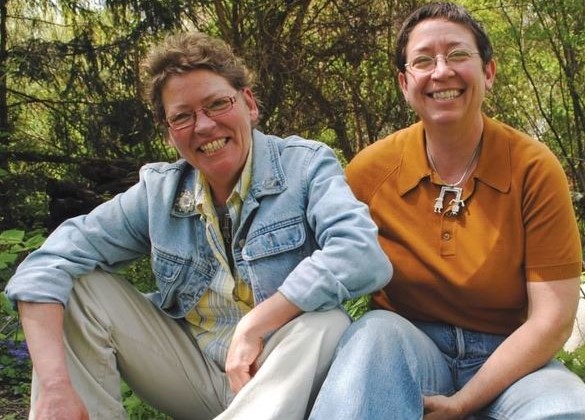
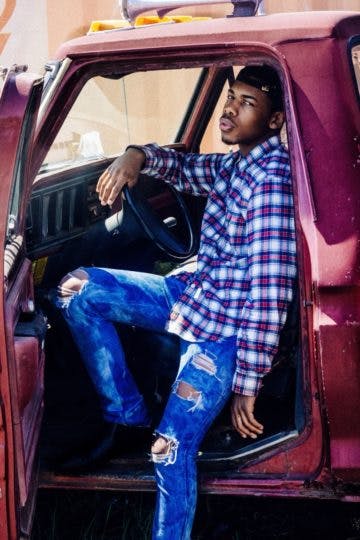
Another troubling trend is the role that
sexuality and race continue to play in
many communities. For instance, 77% of
black lesbian, gay, or bisexual
respondents report having been
threatened or physically attacked at
some point in their life, the report
notes. “There’s a disproportion amount
of folks who are being harassed because
of their gender identity and also the
interplay between your race and
ethnicity as well as your gender
identity,” adds Roemerman. Equally
disturbing: 33% of transgender people
report some discrimination when trying
to access health care, with nearly half
of those just deciding to avoid
treatment.
According to the survey, LGBTQ people
living in the south overwhelmingly want
to see companies stay in their states
and continue fighting for rights and
equity while providing jobs, instead of
avoiding the area or relocating. “I
mentioned earlier, we are under attack
most often,” he adds. “We are on the
receiving end of a lot of these, these
anti–LGBTQ pieces of legislation. We
definitely want to make sure that the
companies that are in the South are
willing to stay and support us, not flee
and leave. For the folks who are
creating these kinds of campaigns, you
wonder whether or not they really talked
to people in the South.”
Either way, Southern companies can’t
really afford not to take a stand
anymore: More than 70% or respondents
are willing to support companies with
values that support the LGBTQ community,
while about 75% will boycott those
opposed.
[Source: Ben Paynter, Senior Writer,
Fast Company, Wired, Bloomberg
Businessweek, New York Times]
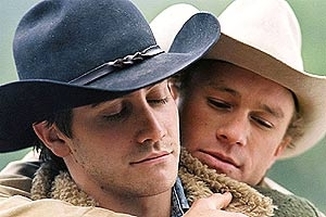
Advocate: Champions of
Pride from the South
Country Singer Chris Housman: Guilty as Sin
Queering the Redneck
Riviera
Being LGBTQ in Rural
Spaces
Country Singer Sam Williams, Son of Hank Williams Jr,
Comes Out as Gay
Pride Source: Rural Americans Are LGBTQ Too
Country Queers: Joy and Pain of Rural LGBTQ Life
Being Gay and Lesbian in
Appalachia
LGBTQ Pride Celebrations Held in Rural or
Small-Town America
Matt and Blue: Gay Family Living in a Small Town
Invisible Histories
Project: Gay Southern History
Y'all Means All (Queer Eye): Miranda
Lambert
Country People: Gay Short
Film
Building a More LGBTQ Inclusive South
Trials and Triumph: LGBTQ Raised in Rural Settings
Researchers at the
Psychology Department of Ferrum College, in Virginia
interviewed Kelly, Brian, Kyle, Mark, Zeus, Erica and
Steve about their personal experiences as LGBTQ youth
being raised in a rural, Appalachian context.
Rural
Context
Brian, who identified as homosexual and having been
raised in a town of less than 2500 people, described the
area in which he was raised as a “very isolated place
not around a lot of other people” with “a lot of farms,
older people, and mostly white” individuals. Similarly,
Mark, a gay man who identified being raised in a town of
less than 4000 individuals, described his context as
“mostly white” and a “hub for the Ku Klux Klan.” Kyle, a
gay man who was raised in a small town of less than 6000
individuals, described his town as one where “everyone
knew everyone” and “did all activities together”. Zeus,
a gay man who identified as having been raised in a
small town of less than 4000 people, described his town
“cows outnumbered people in some areas, fairly small
town, not a lot of major development, one stop light in
the entire city.” Both Erica, a cisgender lesbian raised
in a town of less than 3000 individuals and Steve, a
self-identified homosexual man raised in a town of less
than 10,000 people, described their rural contexts as
politically and religiously conservative. Erica shared
“it was a small town, everybody knew everybody, and
everybody was in everybody’s business. If you weren’t in
this religion you were wrong, and if you didn’t feel
this way and marry this person you were wrong. It was
really the size of the small town that effected the way
I felt and how I felt safe.” Finally, Kelly spent much
of her developmental years living in the rural
countryside. However, during late adolescence she moved
to an urban context, and provided reflections on the
disparity between the rural and urban context and the
impact on her development.
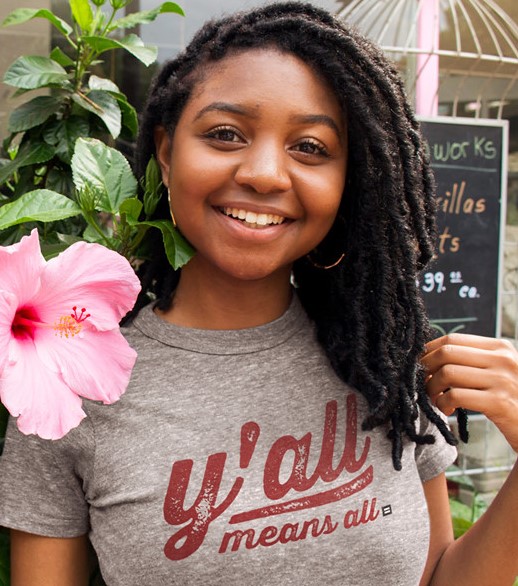
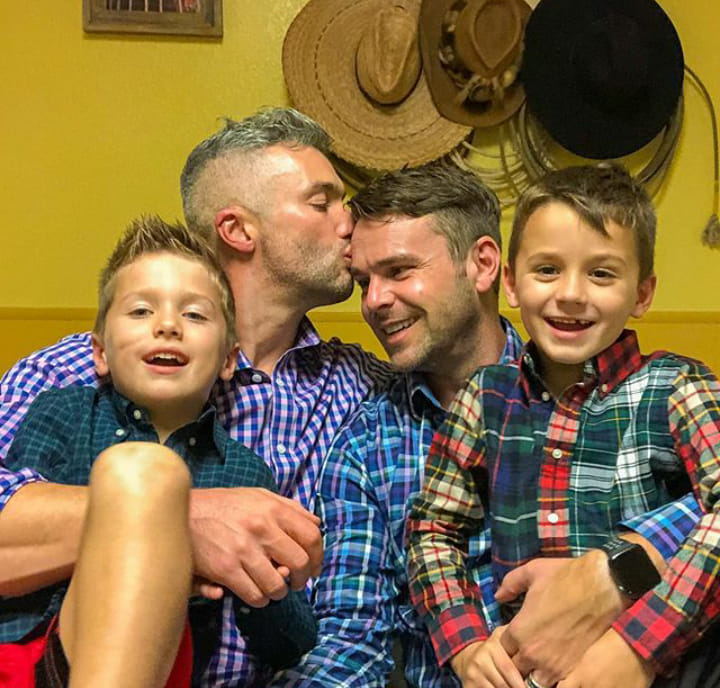
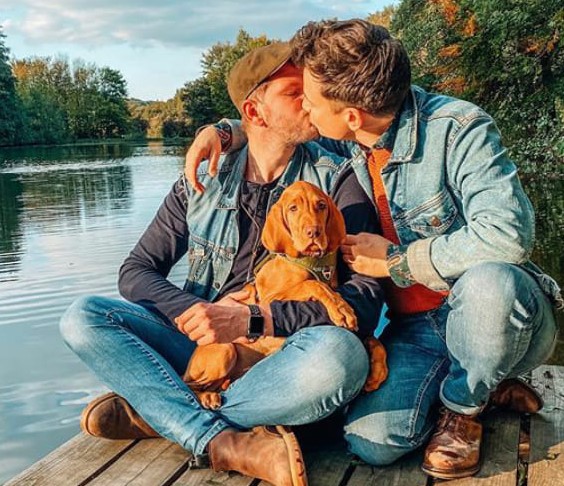
In the Face of Discrimination: LGBTQ Farmers are Hopeful
Wild West: Much Gayer Than You Think
Being Queer in the Country
I Lassoed Queer Joy in a Rodeo-Loving Town
Small Town in South Dakota: Champion for Its LGBTQ
Neighbors
Pride Source: Real Gay Cowboys
Dancing in the Living Room: Country Song by Cameron Hawthorn
Christopher Macken: Growing Up Gay
in the South
Religious Context |
Trials
A major conflict
emerged as participants described their own struggles
coming out in the rural context involved the trials they
experienced religiously. Many rural contexts have
strong, religious values; many religious groups have
historically condemned or disapproved of same-sex
attractions and/or sexual behavior. Erica described the
relationship between the rural context and religious
context saying, “religion is for a lot of people,
especially in this small town where I grew up, it’s
their moral zone. Everything they did was governed by
what the Bible said.” Similarly, Kyle shared, “you know,
in the South, religion is a big deal. If you aren’t a
member of the church then you are an outcast, especially
in a small town.” Six of the participants shared
negative experiences within the religious community in
relation to their lesbian or gay identity. Due to the
pervasiveness of the religious culture within the rural
context, the participants described the religious
influences as synonymous with the rural culture.
One participant, Mark, a gay man whose family members
were devoutly Baptist, recalled, “to my religion and
family values, being gay, you would be frowned upon, so
for most of the time, I grew to force myself not to
believe that identifying as gay could possibly be true
for myself.” Steve, who grew up in a very traditional
Christian household stated, “I was raised in a church
that had sermons where they just talked about how
homosexuality was a sin and how awful it was.” Several
participants noted that many religious community members
held traditional, and occasionally ignorant ideas
regarding sexual minority identities, including the idea
that being lesbian or gay is a “choice” and can be
“fixed” with prayer and repression of feelings. Steve
recalled his coming out to his family, “I remember my
dad was sitting on the couch with like a Bible on his
lap, and I guess he was expecting to use that somehow,
to make me straight.” Four participants described their
experience was consistent with the old adage of “praying
the gay away”. Kyle shared, “people knew something was
different about me…and I think those people thought that
they could change that over time if I stayed in the
church.”
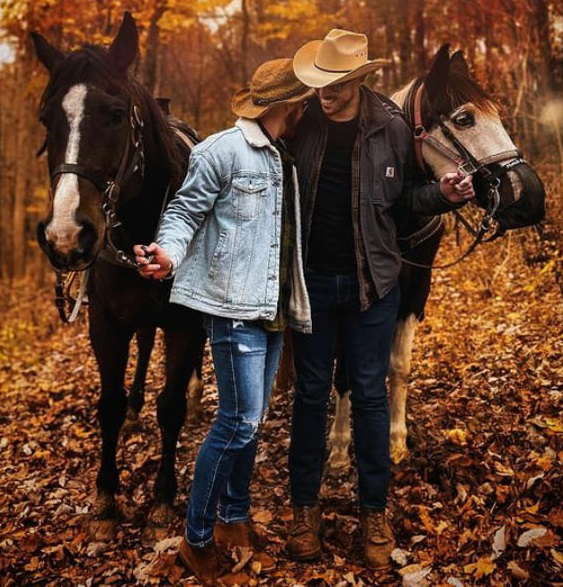
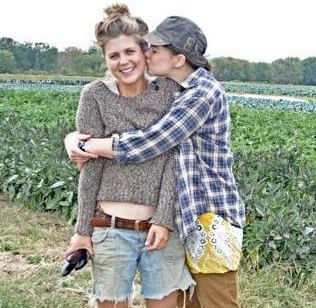
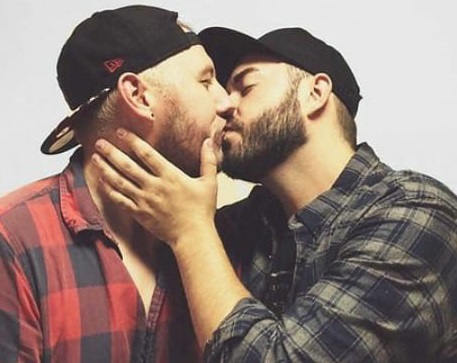
Interpersonal Relationships | Trials
Another conflict that
emerged involved the trials faced by the participants
within their relationships with friends and family. The
reactions by friends and family members to the
participants’ self-disclosure while varied, was often
negative. Kyle stated, “the community I was raised in as
a whole never really accepted me, and still hasn’t
really accepted me to this day.” Each of the
participants described the reactions of those to whom
they were close to as being disappointed, rejecting,
unsupportive and in an overall state of denial. In
addition, many of the participants feared peer rejection
upon disclosure of their sexual identity due to the
stigma surrounding LGBTQ identities in their rural
context. One participant, Erica, who first labeled
herself as a lesbian in high school, stated, “at my high
school people started commenting about it and trying to
taunt me about it. I just kind of ignored it but, after
coming out, I definitely learned that I can fight back
with words, and not put up with peoples struggles, with
their issues.”
Erica coped with the harassment by taking a direct
approach, though not all participants were able to do
so. Mark recalled his high school experience, “when it
came to students, they definitely frowned upon publicly
identifying as gay. Those who were seen, and seemed to
be out, acted in stereotypical manners, they were
bullied pretty harshly.” Zeus described his context by
saying, “it wasn’t necessarily the blatantly homophobic
atmosphere but there was subtle intolerance. There were
maybe one or two openly gay individuals in the school
and they were pretty much ostracized. They got pushed
around, the typical rural reaction.” Peer rejection was
quite common among the participants throughout their
high school years.
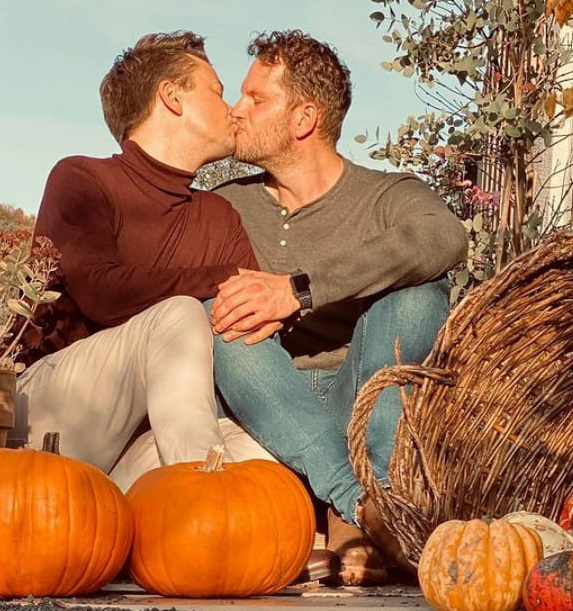
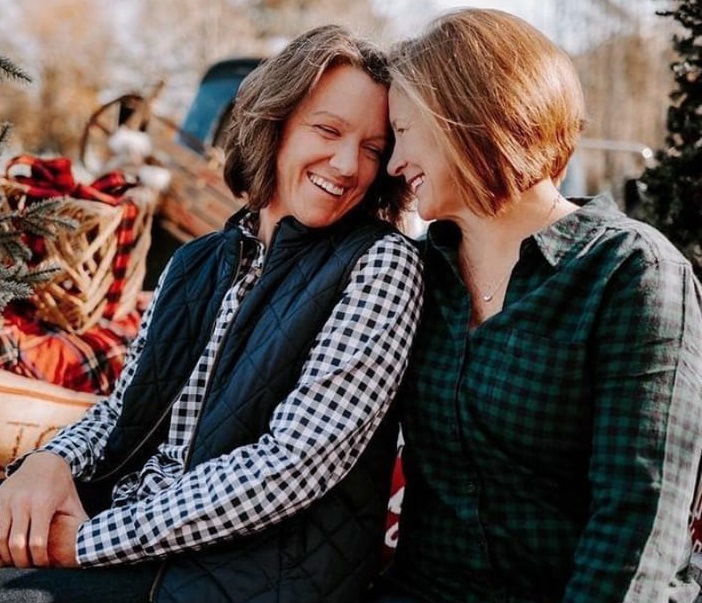
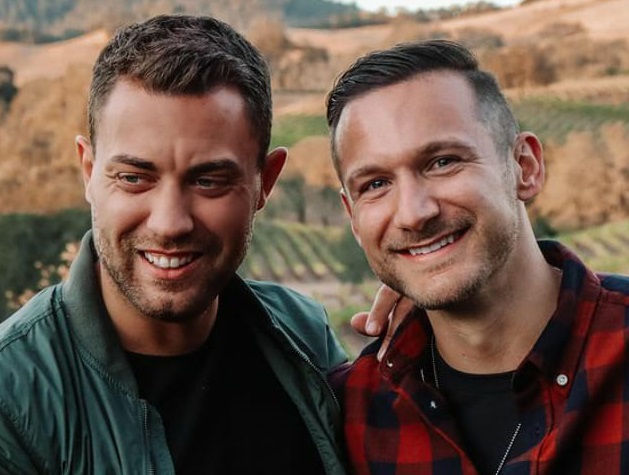
Small Town Gay Pride Parade
Ki Ya Yah Yippee Ki Yay: Thirst-Trapping
Gay Cowboys
Being LGBTQ in the Deep
South
Unapologetically
Southern and Queer: Invisible Histories Project
Conversation with Gay Fly
Fisherman
Better This Way: Country Song by Doug Strahm
Josh Burford: Chronicler of Southern LGBTQ History
Participants also shared their struggles coming out to
their families. Nearly each participant that had
self-disclosed to their parents faced some initial level
of disapproval. Steve shared he first came out as gay
online before coming out to a friend as a way of
increasing his self-confidence before telling his
family. He began the process of disclosing to his family
with his sister. He recalled her reaction, “She is
crying her eyes out and the first words she says are
‘how could you do this to our family?’” Many of the
participants, when describing their coming out to family
members, shared their fathers had more negative
reactions. Kyle recalled his coming out to his father,
“my dad especially was not happy with me, and he thought
that he could change the way I was by sending me to
therapy (family counselor) to de-homosexualize me and
needless to say, that didn’t work out very well.” Denial
from family members was a common reaction experienced by
the participants; participants described their parents
as questioning the truth of their feelings. When Erica
told her mother she was a lesbian her mother responded,
“are you sure you’re gay? Like are you covering for
somebody? Is this how you really feel? Um, are you
sure?” Erica recalled her mother asking several times a
day for weeks if she was “sure” she was a lesbian. Up to
the point of the interview, Erica shared she felt her
mother never really accepted her identity as a lesbian.
While Zeus’ parents were more accepting of his sexual
identity, his mom was concerned for his safety given the
rural, conservative context in which Zeus resided, “they
were on the brink of passing legislation fueled by
religious dogmatism and right-winged conservatism. She
was more concerned, not so much about her son not being
straight, but being an identified minority that has a
history of violence against them.”
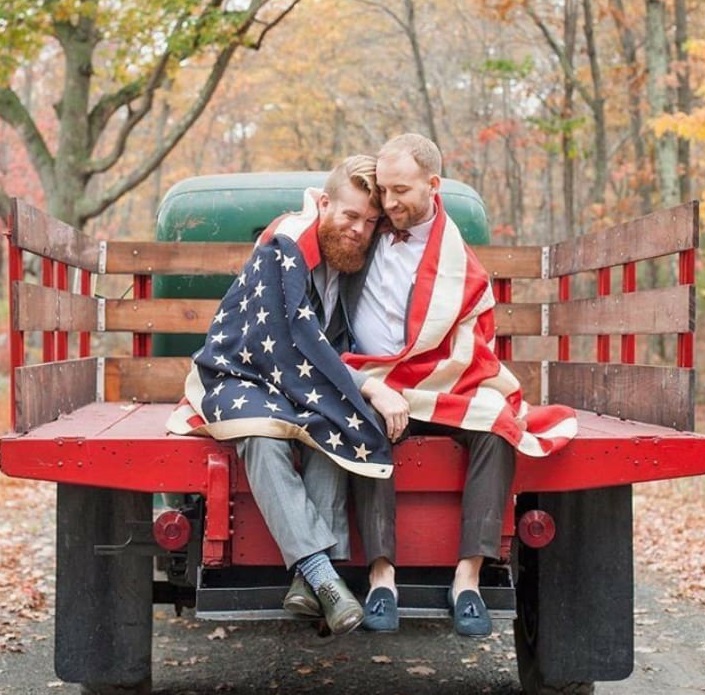
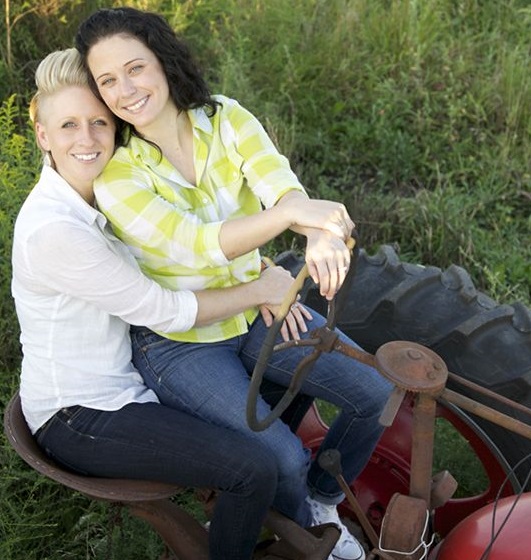
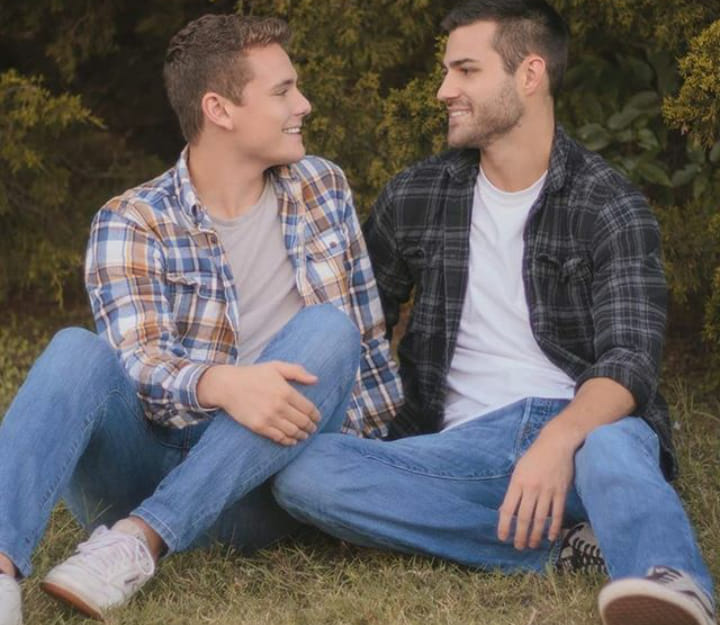
Pridefest: Birmingham Alabama
Ki Ya Yah Yippee Ki Yay: Thirst-Trapping
Gay Cowboys
GLAAD Stories: LGBTQ Life
in the South
LGBTQ Nation: Rural Pride Events
Tyler Childers - In Your Love
Christopher Macken: Growing Up Gay in the South
All American Boy: Country Song by Steve Grand
MAP Report: LGBTQ People
in Rural America
Gay Prom in Birmingham
Information
and Structural Support | Trials
Another trial that emerged was the lack of information
and structural support regarding LGBTQ identities
available due in part to the rural context. Mark
described this, saying “I can’t recall ever knowing
anyone who was gay until I was in college and met
people. It wasn’t a topic very widely discussed there
especially with influences such as the KKK still
active.” Kyle shared that being gay “was not talked
about in my community at all. I mean, I didn’t know
there was such a thing as a gay person. I didn’t know
you could have an attraction towards someone of the same
sex. It wasn’t ever discussed.” Erica shared that her
peers tried to start a gay-straight alliance to increase
information about sexual minority issues in her high
school; their group was ultimately unsuccessful and they
were told “no by the principal because he didn’t want to
deal with the phone calls or the paper work, or the
outcry from the Christian club on campus who found out
about it and pitched a royal fit”.
While 5 of the 7
participants turned to the Internet for support given
the lack of information in their communities, Zeus
stated that even access to the Internet was difficult,
“I grew up with dial-up which basically means that the
Internet is inaccessible because you can’t upload
anything.” As a result, Zeus shared that the relied on
television shows such as “Will and Grace” for
information on what it means to be gay since there was a
dearth of information in his rural community. Kelly,
reflecting on being raised in a rural countryside noted
the disparity between the rural area she spent most of
her childhood and early adolescence, compared to the
urban context she moved to during late adolescence. She
shared by seeing a larger number of people who
self-labeled as gay or lesbian in the urban context she
gained information LGBTQ identities. As such, she stated
she was able to “admit” to herself that she was lesbian
and ultimately accept her emerging sense of identity,
attesting to the power of both role models and
information.
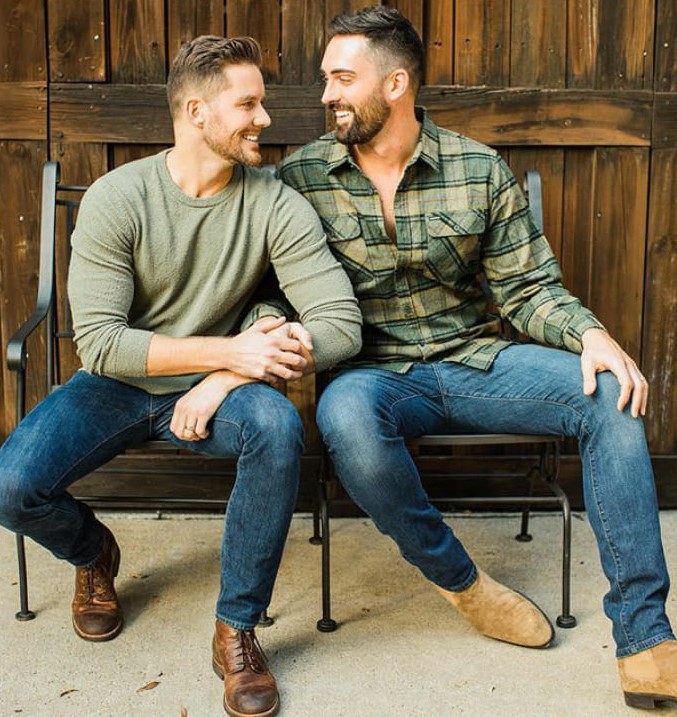
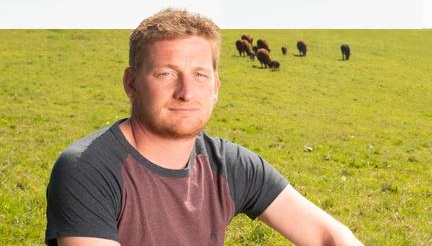
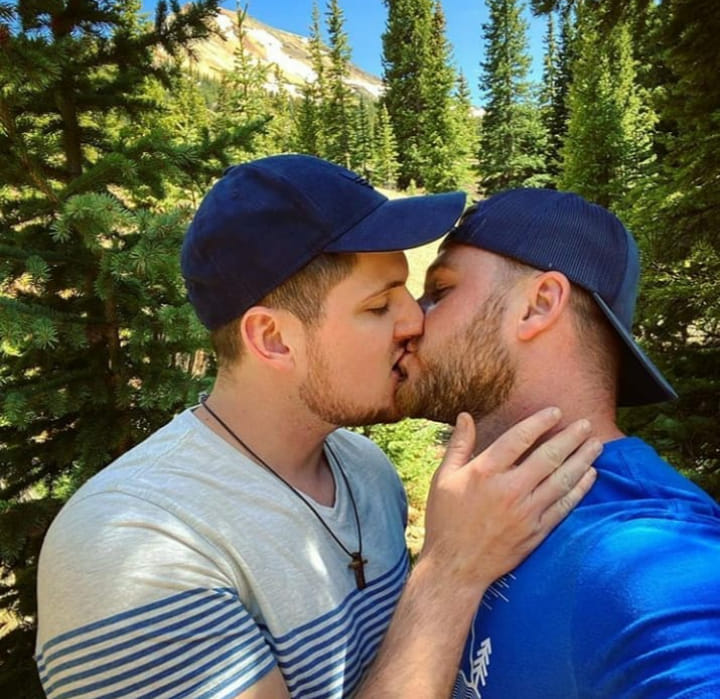
Intrapersonal
Processes | Trials
Finally, yet another
trial that emerged when examining the trials faced,
occurred internally, as the participants dealt with a
variety of intrapersonal reactions while coming out. The
participants described feeling a strong sense of
internalized homophobia, turning a sense of disgust and
hatred upon themselves in relation to their sexual
minority identity. Steve shared, “gay was this alien
creature. You didn’t want to talk about it. It wasn’t
okay.” Zeus labeled his feelings as “inappropriate and
not normative” as a result of the stigma he experienced
in his context. When discussing this, Steve shared, “it
was scary, because growing up through middle school, I
felt like something wasn’t right. Something wasn’t
fitting together. I was fearful of saying anything that
might even remotely point me out as being different or
odd. I didn’t want to draw attention to myself.” Brian
recalled his feelings of attraction as a child towards a
famous male actor and associated feelings of shame.
Specifically he stated, “my greatest fear was this is
not right, something is really wrong. I had a big
struggle dealing with it all.” He shared his internal
reaction was directly related to the conservative, rural
context which he believed drove him to doubt, and even
dread his own thoughts and feelings. This interpersonal
process of coming to terms with their emerging sense of
self was perhaps the most difficult trial participants
described.
Trials and Triumphs: LGBTQ Youth Raised in a Rural
Context
Small Town Gay Pride Parade
Not As Bad You You Think:
LGBTQ People in Rural America
Better This Way: Country Song by Doug Strahm
Wild West: Much Gayer Than You Think
Small Town in South Dakota: Champion for Its LGBTQ
Neighbors
Pride Source: Real Gay Cowboys
Photographer Luke Gilford Finds Queer Joy
in Queer Cowboys
Ever Been to the Gay Rodeo?
Dancing in the Living Room: Country Song by Cameron Hawthorn
Ki Ya Yah Yippee Ki Yay: Thirst-Trapping
Gay Cowboys
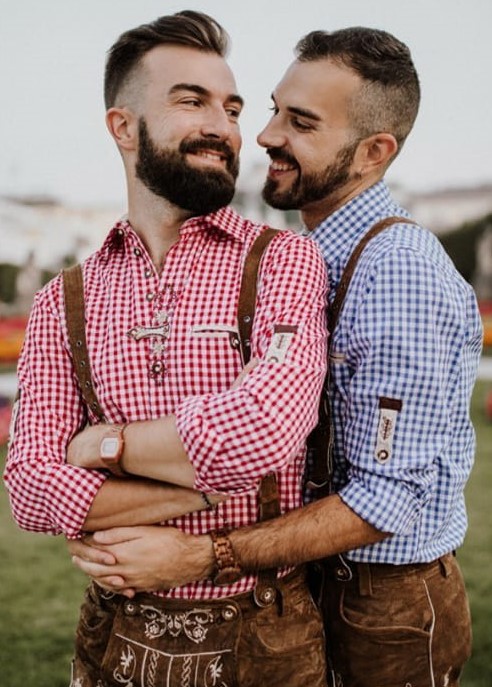
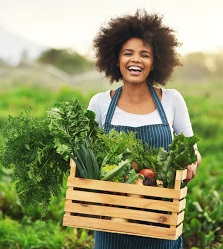
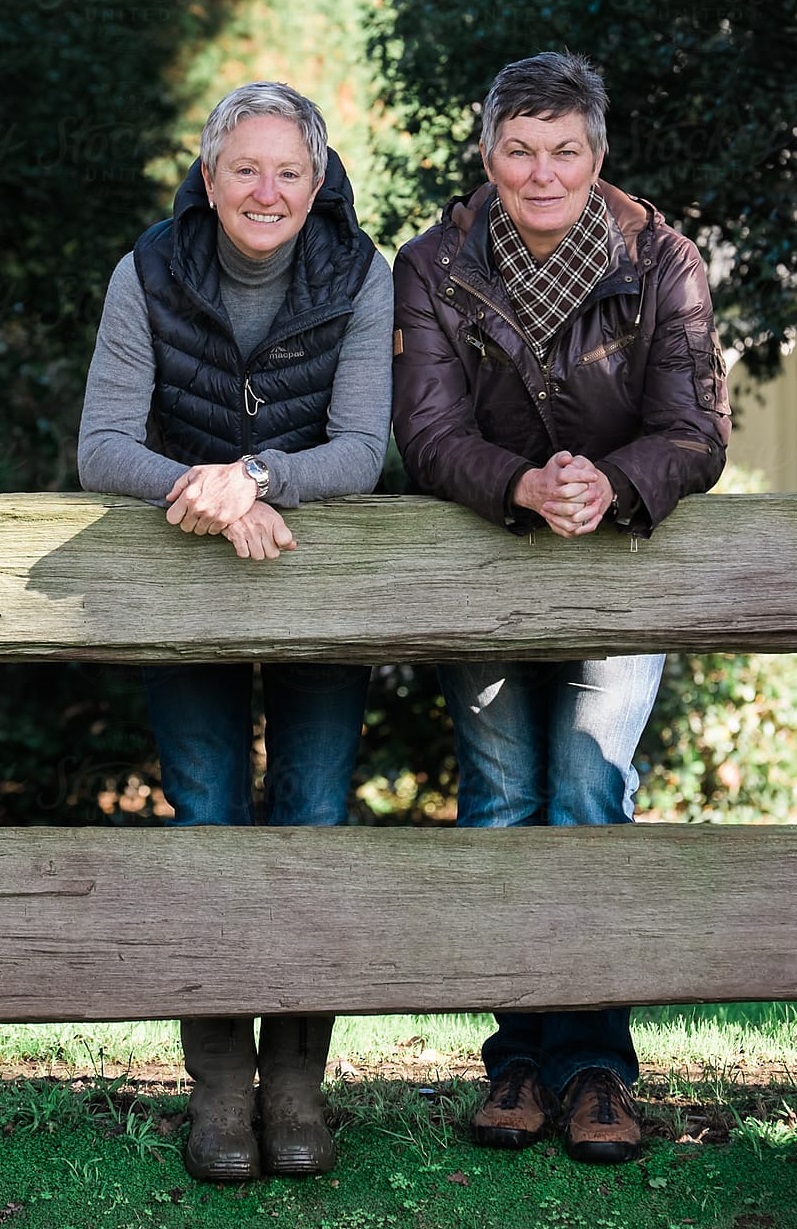
Interpersonal Relationships | Triumphs
A major positive theme emerged as participants described
their coming out in the rural context involved the
triumph related to their interpersonal relationships,
occurring both in-person and over the Internet.
Participants described feeling accepted and supported by
some of their friends and acquaintances when coming out.
Five of the seven participants used the Internet to
first come out and explore their emerging sense of
sexual identity; it felt relatively safe in contrast to
their rural contexts. Brian shared it also increased his
understanding of what it means to have same-sex
attractions, “I found out I wasn’t the only gay person
alive because through the Internet I found I wasn’t
obviously the only one alive.” After using the internet
as an initial “stage” to come out, Steve came out to one
of his close friends, “the first person I told in person
is the person I’m with now, the guy I’m with now. I told
him. He didn’t push me out at all, but he gave me
confidence in being more comfortable with it I guess,
comfortable with it for myself.”
Likewise, several
participants found their initial disclosure to a person
who also identified as a sexual minority to be helpful.
Zeus first disclosed to an openly gay classmate by first
asking questions of his classmate regarding his own
process of self-identifying as gay. Zeus gradually came
out to this classmate after realizing he felt similar to
his classmate. Other peers, though not LGBTQ themselves,
were unconditionally supportive. Brian shared he
experienced “nothing but support from my peers”.
Notably, each participant found peer support after
graduating high school and leaving their hometowns.
Erica recalled her first interaction with a college
peer, “one of the first things my RA ever told me was
that we didn’t discriminate here, based on gender or
sexual orientation or anything like that and that she
wouldn’t tolerate any kind of bullying.” Mark stated at
college, “there were so many new ideas that were
introduced, so I felt like I was less ignorant, and more
willing to accept myself as gay because I learned I
wasn’t quite as sinful or morally wrong as I had
previously believed without research.” Though the
majority of participants in the research study stated
that their parents were somewhat ignorant of their
sexual identity, one participant, Kyle, said that his
parents have gradually grown to realize that his sexual
identity is simply one facet of his identity. When
talking about his parents’ current attitude he stated,
“they’ve gotten over it, and they’ve realized that being
gay is only a small part of who I am as a person, and
that all the other good parts of me are still there;
they haven’t gone anywhere because I’m gay, that’s just
a small piece of the puzzle.” Kelly, an openly lesbian
woman, struggled to reveal her sexual identity to her
parents because her siblings had both self-identified as
bisexual and her parents did not approve. However, when
Kelly finally disclosed her sexual orientation to her
parents she stated “it turned out my parents were okay
with being gay, they weren’t okay with bi, and that was
the issue with my siblings.”
Lesbian Farmer's Emu Becomes Internet
Sensation
Lavender Country's Patrick
Haggerty was Embraced as Gay Country Music's Radical
Elders
Y'all Means All (Queer Eye): Miranda
Lambert
LGBTQ Community is
Transforming the South
Over Half of LGBTQ
Southerners Say Parents Tried to Repress Their Identity
Huff Post: Lesbian
Farmers: Growing Rural America
Leslie Jordan: Southern Gay
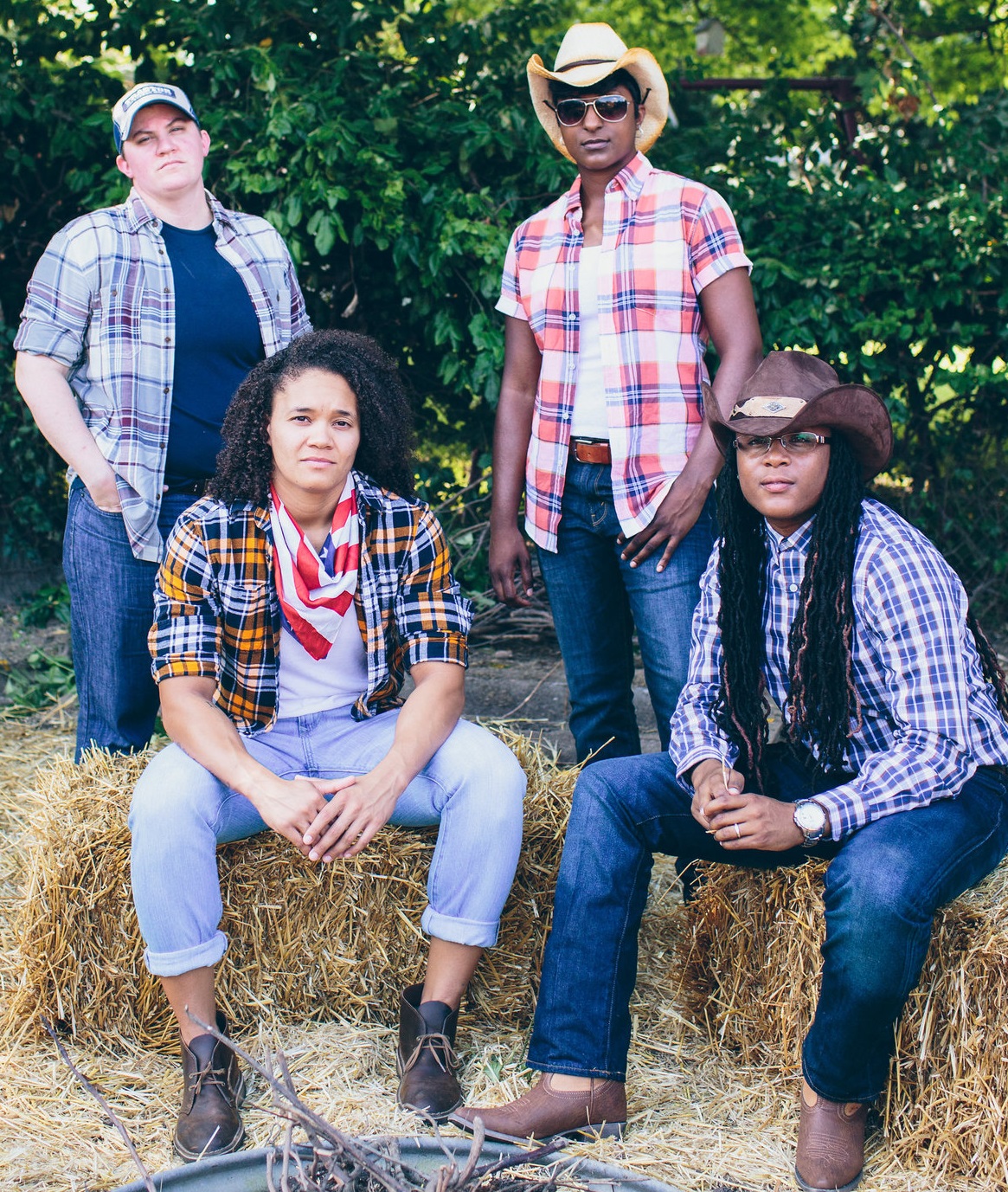
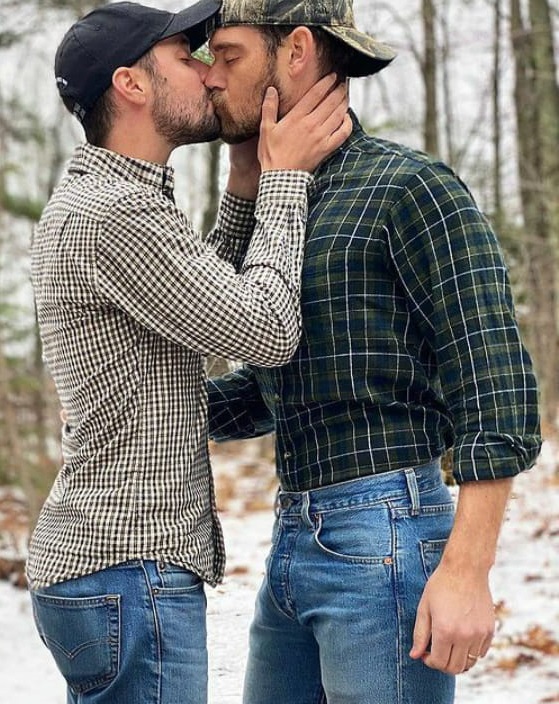
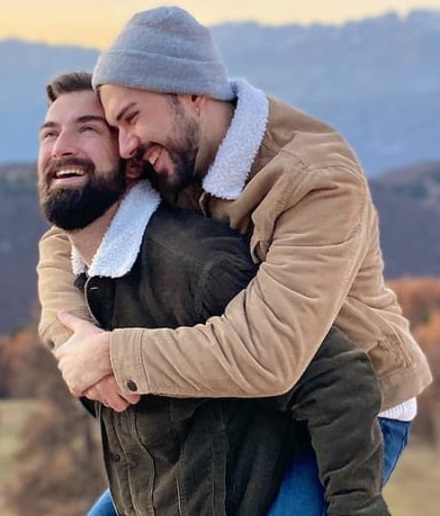
Intrapersonal Processes | Triumphs
Another major triumph that emerged was related to the
intrapersonal processes of the participants.
Participants described an awareness of their “true”
sense of self, and process by which through reflection,
they reached a point of self-acceptance, overcoming some
of the pressures and stigma they experienced. After
initial conflict within the self, several of the
participants felt more at ease with themselves after
self-identifying. Mark stated, “I feel like I’ve been
able to identify myself better as a person. I just know
myself more than I ever did before. I feel like a lot of
things in life became more clear afterwards and it
definitely got rid of a piece of the puzzle that was
perplexing me for quite a few years.” Similarly, Zeus,
when asked about the positive experiences when coming
out stated, “I mean, being open in general is a level of
self-acceptance. You call yourself a gay man and it’s a
kind of final acceptance of who you are. And it’s not a
resistance against it, or a denial of it. So in that
sense you are finally at peace with who you are. It’s
almost like the acknowledgment that you can be proud of
who you are and not have to hide it or be fearful of
it.”
Similarly, Kelly stated, “I struggled with same sex
attraction. Now, I don’t really necessarily think it’s
something to struggle with. I don’t think there’s
anything wrong with it." Each of the seven participants
described similar processes of self-acceptance. The
resiliency of these LGBTQ young adults was evident in
their ability to accept their emerging sense of self
amidst the stigma of their rural context.
[Source: Angie L. Dahl,
Rachel K. Scott, Zachalee Peace, Psychology Department,
Ferrum College, Ferrum, VA, 2015, Participants: Kelly,
Brian, Kyle, Mark, Zeus, Erica, Steve]
Trials and Triumphs: LGBTQ Youth Raised in a Rural
Context
Invisible Histories
Project: Gay Southern History
Emmanuel the Emu and Farmer Taylor Blake
Drop by The Tonight Show
Pride Source: Rural Americans Are LGBTQ Too
Country Queers: Joy and Pain of Rural LGBTQ Life
PFLAG: Experiences of
LGBTQ Students in Small Rural Towns
Time: Country Song by Steve Grand
Being LGBTQ in the Deep
South
Gay Rodeo History
I Lassoed Queer Joy in a Rodeo-Loving Town
LGBTQ Institute: Southern
Survey
Research on Rural LGBTQ
People of Color
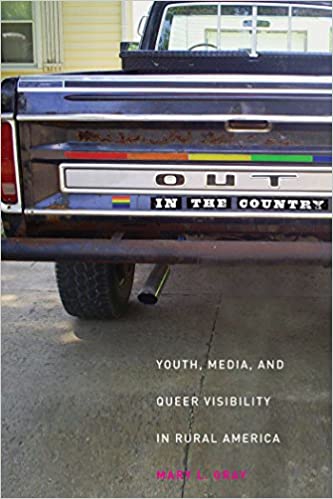
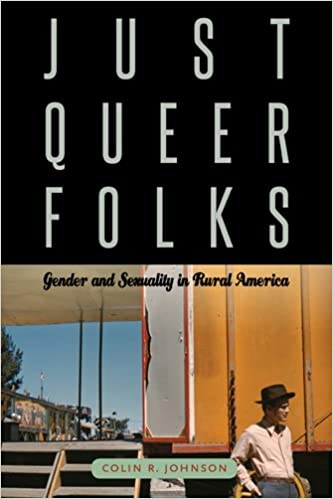
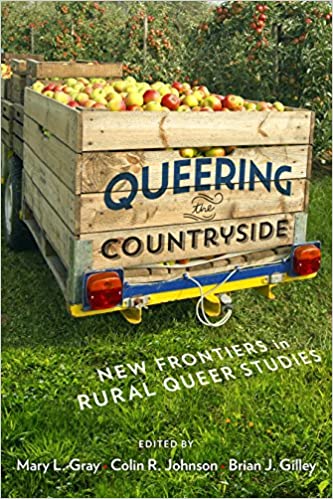
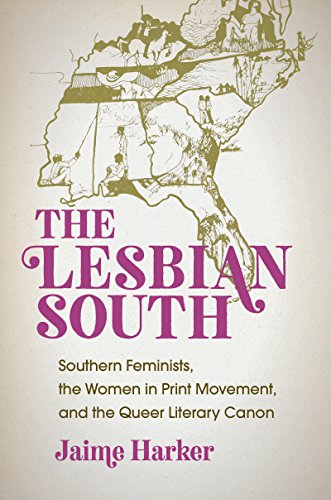
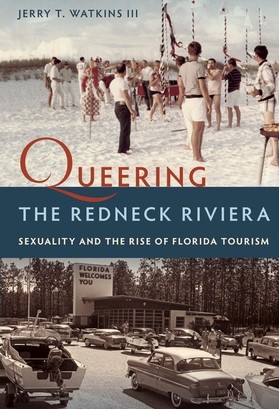
Fancy
Book Learnin'
Y'all Means All :The Emerging Voices
Queering Appalachia by Z. Zane McNeill
(Editor)
Queering the Countryside: New Frontiers
in Rural Queer Studies
by Mary L. Gray, Colin R.
Johnson, Brian J. Gilley
(Editors)
Lesbian Land
By Joyce Cheney (Editor)
Just Queer Folks: Gender and Sexuality
in Rural America
by Colin R. Johnson
Out in the Country: Youth, Media, and
Queer Visibility in Rural America
by Mary L. Gray
Coming Out of the Magnolia Closet: Same
Sex Couples in Mississippi
by John Marszalek
Real Queer America
by Samantha Allen
A Lesbian Belle Tells
by Elizabeth McCain
Wild Mares: My Lesbian Back-to-the-Land
Life
by Dianna Hunter
Gay Cowboys and Wild Outlaws
by Logan Stone
The Lesbian South: Southern Feminists
and the Queer Literary Canon
by Jamie Harker
Prairie Silence: A Rural Expatriate's
Journey to Reconcile Love, Home, and
Faith
by Melanie Hoffert
Rednecks, Queers, and Country Music
by Nadine Hubbs
Another Country: Queer Anti-Urbanism
by Scott Herring
Coming
Out and Coming Back: Rural Gay Migration
and the City by
Meredith Redlin, Alexis Annes
Gay Faulkner
by Pip Gordon
Queering the Redneck Riviera: Sexuality
and the Rise of Florida Tourism
by Jerry Watkins III
Men Like That: A Southern Queer History
by John Howard
Queer, Rural, American
by Sarah Anne Strickley
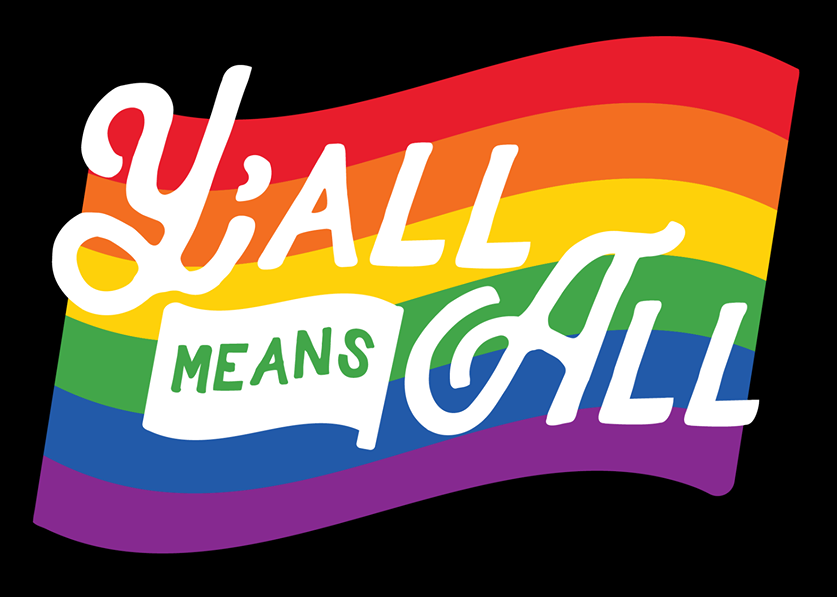
Top Ten
Queer Rural Books
Redneck Lesbo by Jennifer
Corday
Christopher Macken: Growing Up Gay in the South
Southern Queers: New Study Reveals the
Reality of LGBTQ People in the South
NBC News Report: Gay in Rural America
Matt and Blue: Southern
Boys
How to Be Queer in Country Music: The
Story of Mya Byrne
Country Singer Chris Housman: Guilty as Sin
Sharon Van Etten & Angel Olsen: Like I
Used To
Cameron Hawthorn: Oh Hot Damn!
Not As Bad You You Think:
LGBTQ People in Rural America
PFLAG: Experiences of
LGBTQ Students in Small Rural Towns
LGBTQ and Rurality
Fabulous Beekman Boys: Gay
Green Acres
Black and Gay in
Birmingham
Small-Town Pride
Celebrations Show LGBTQ Life Is
Flourishing in America
LGBTQ Youth in the South Face Greater
Mental Health Challenges

HOME
QUEER CAFE
│ LGBTQ Information Network │ Established 2017
|